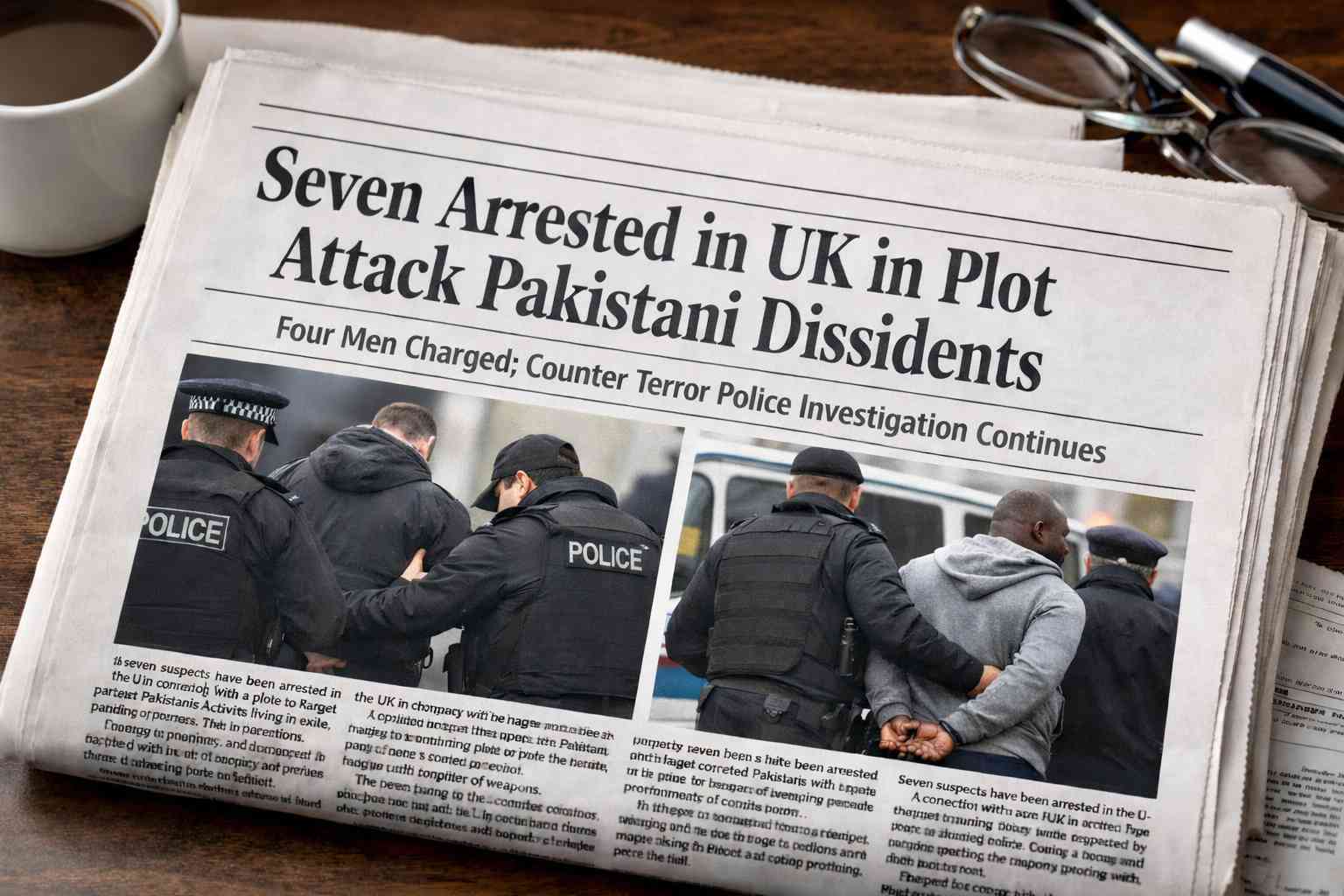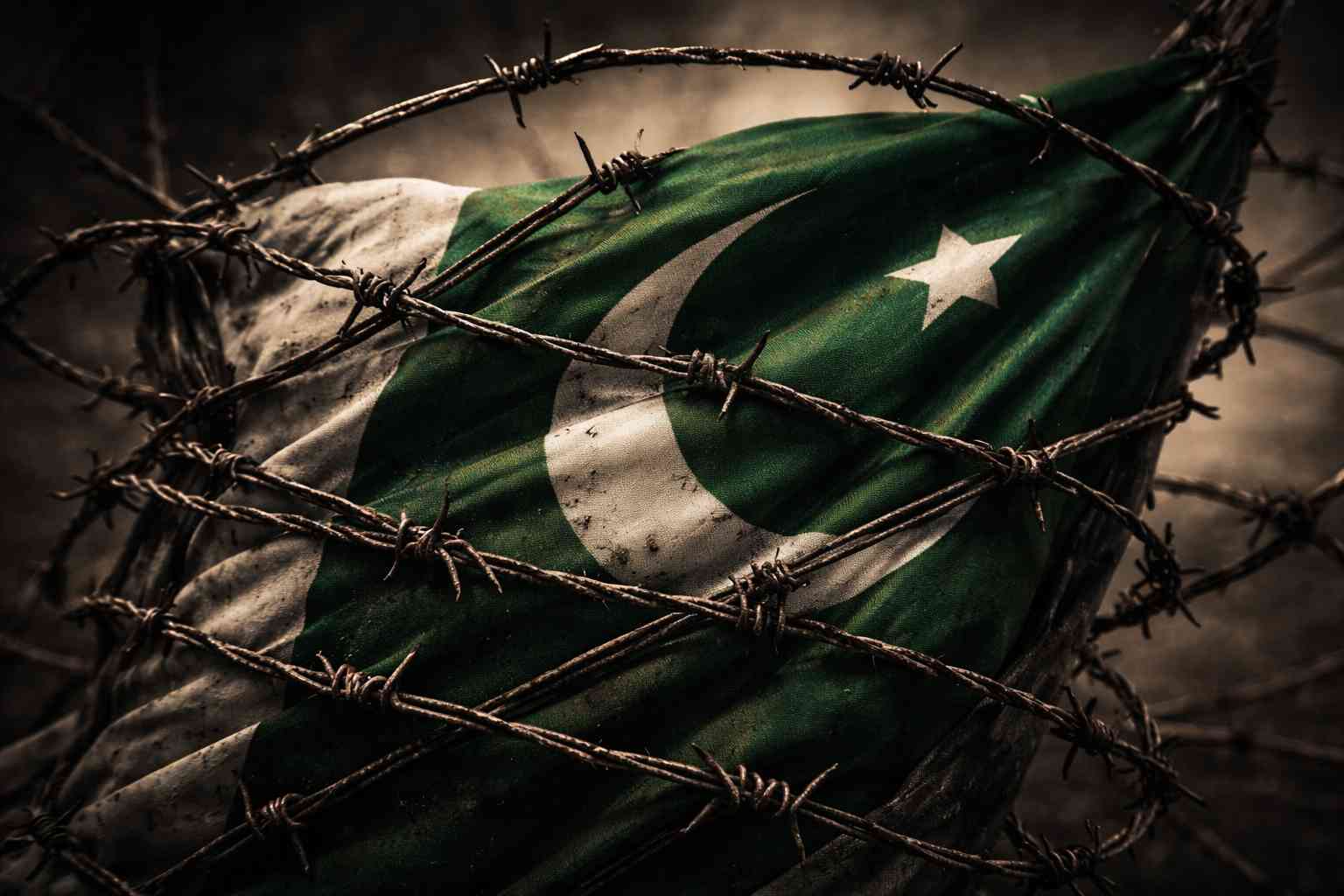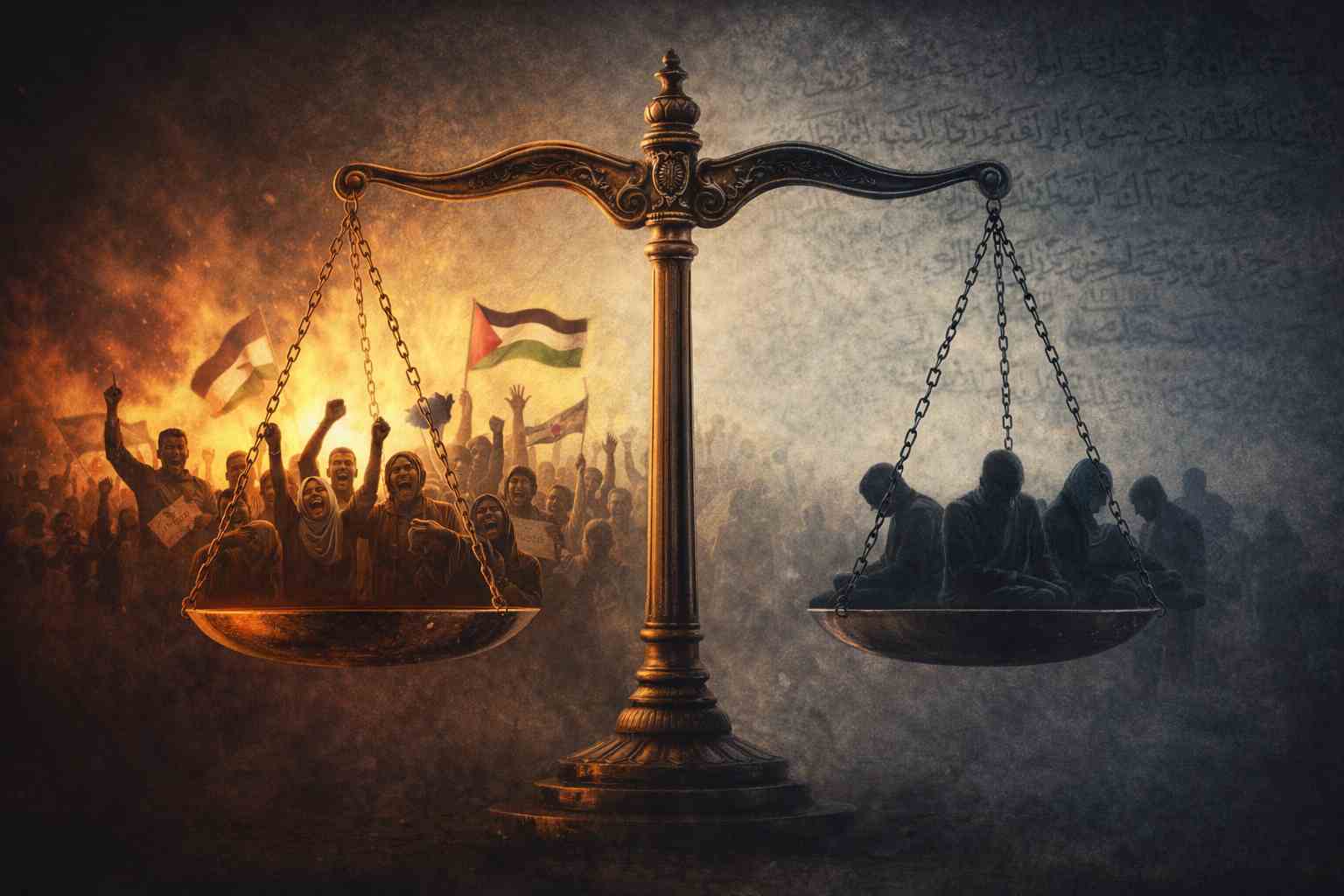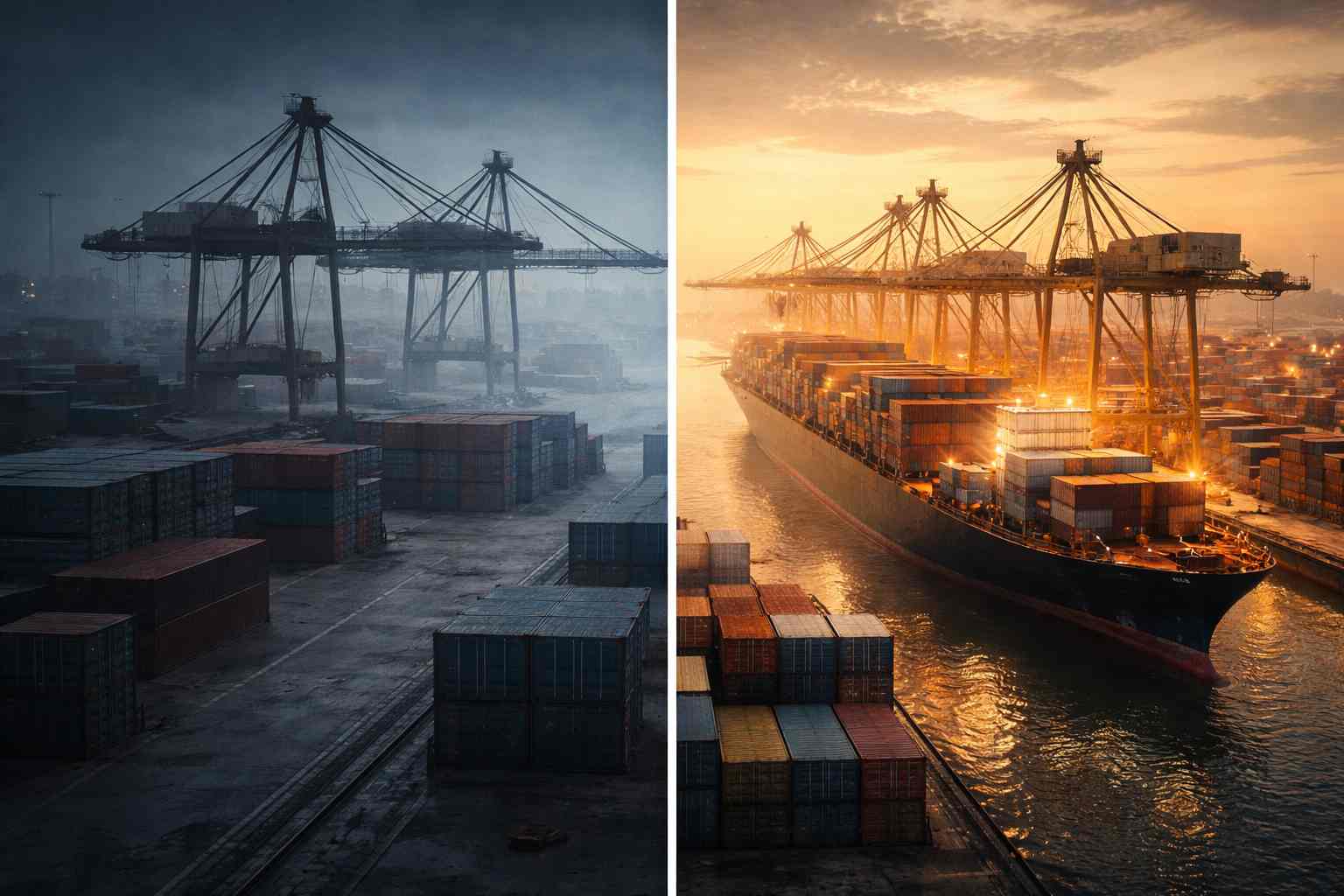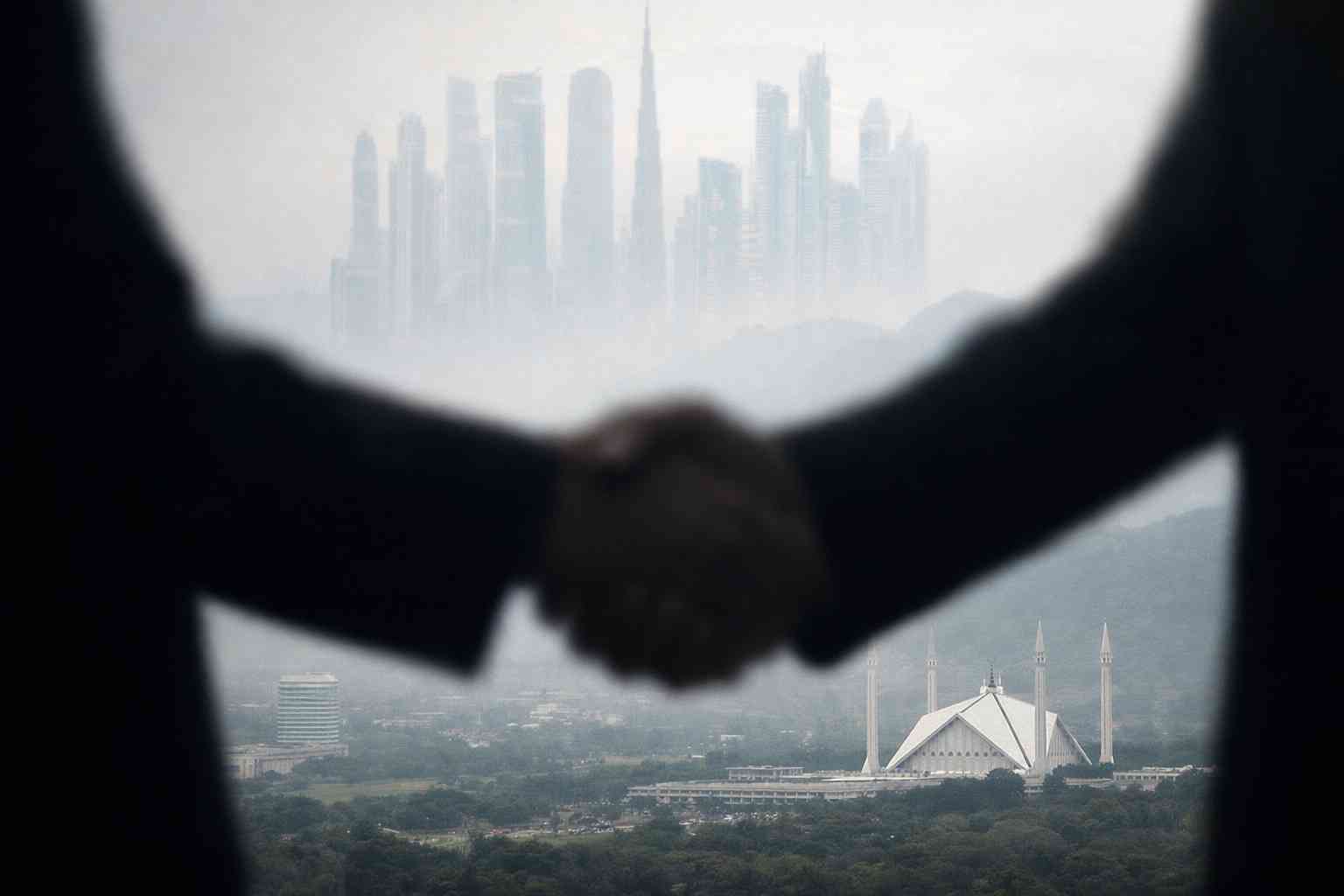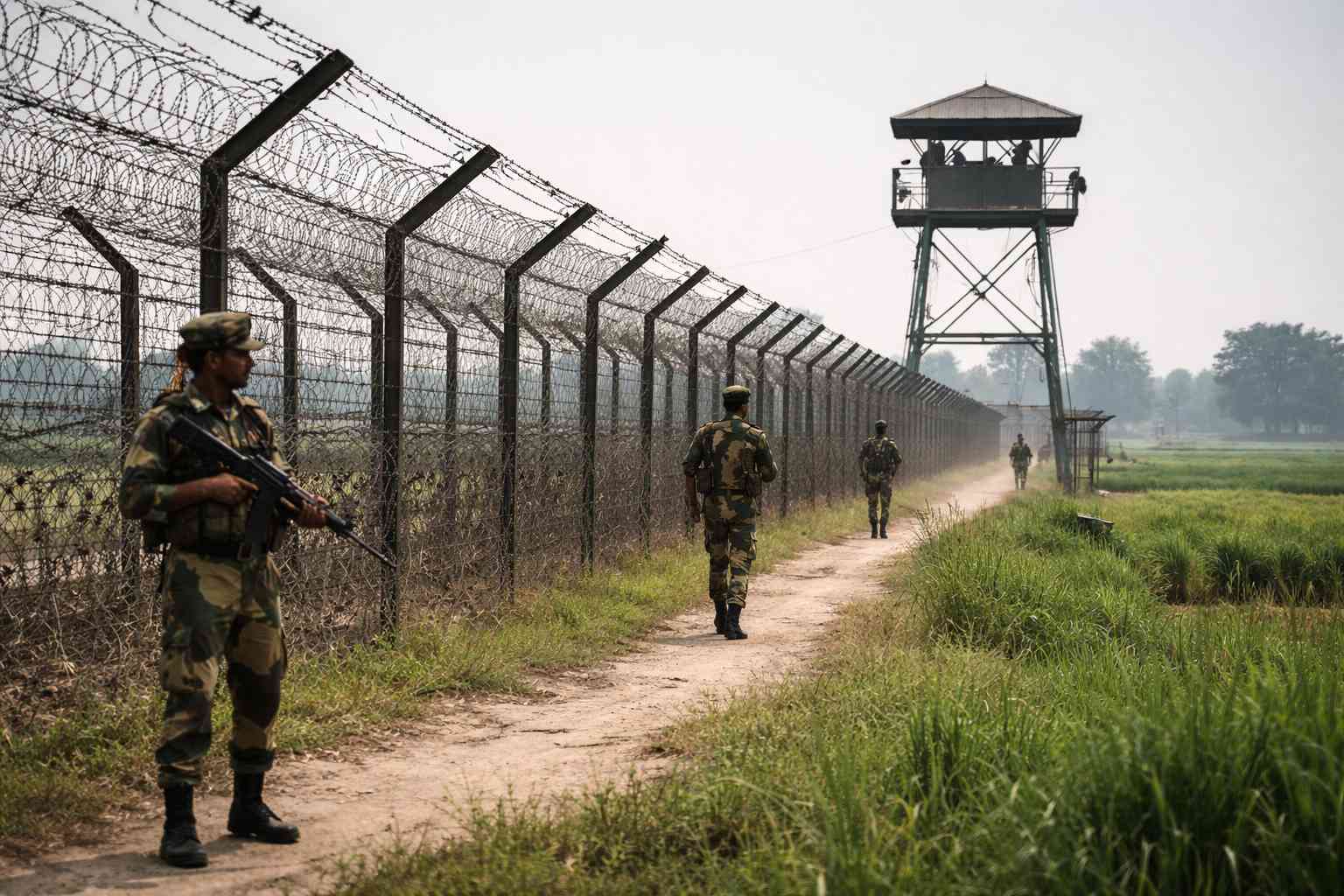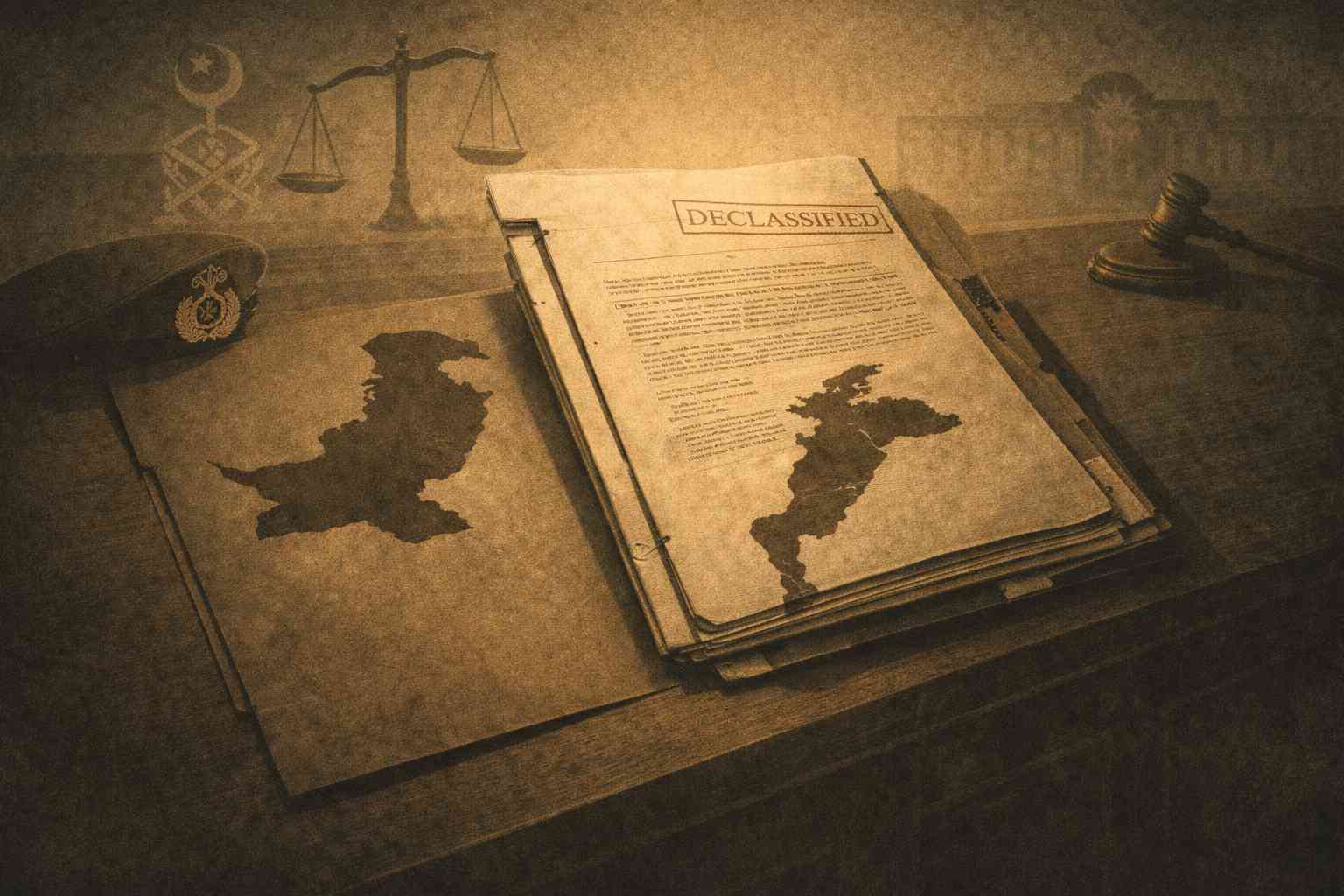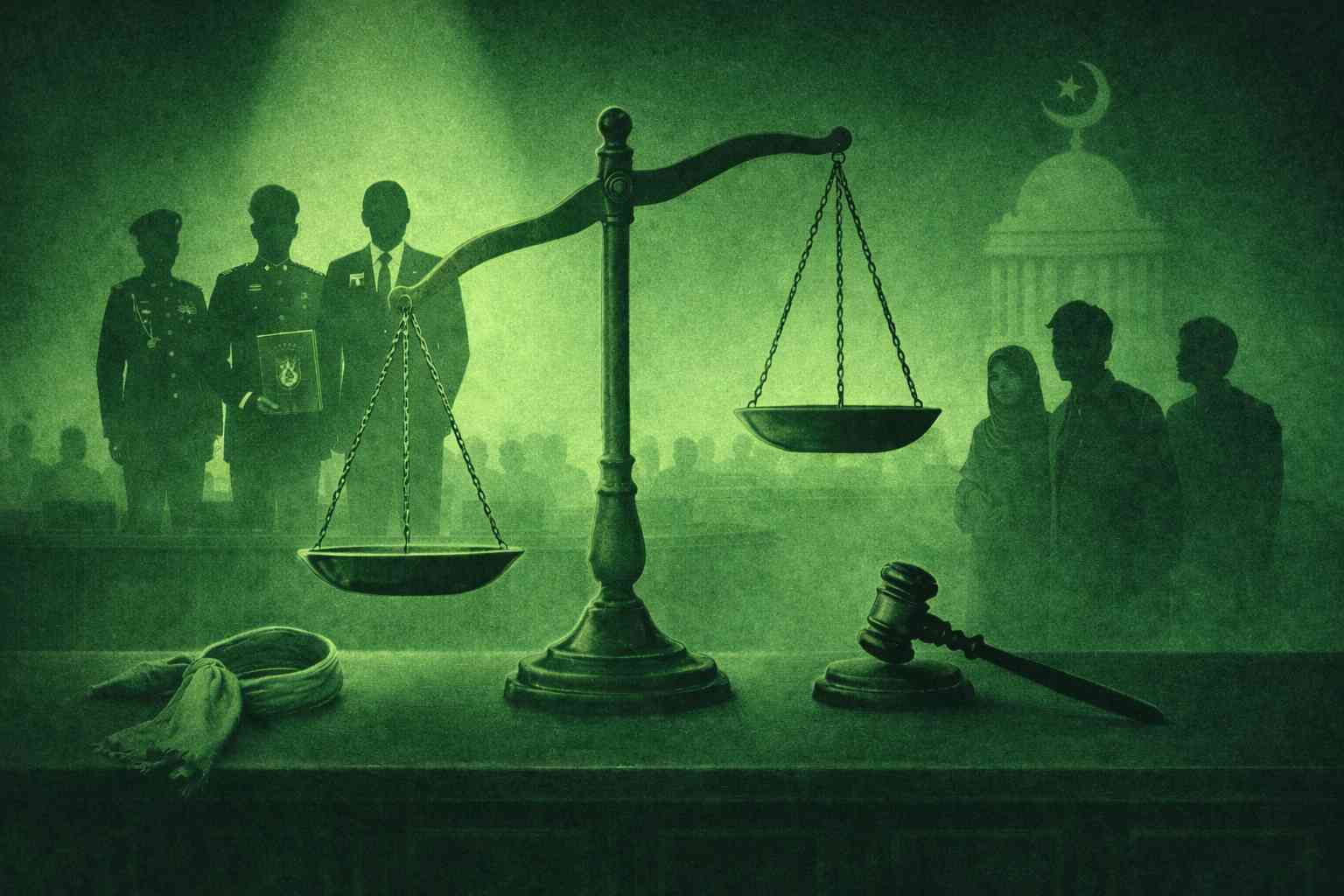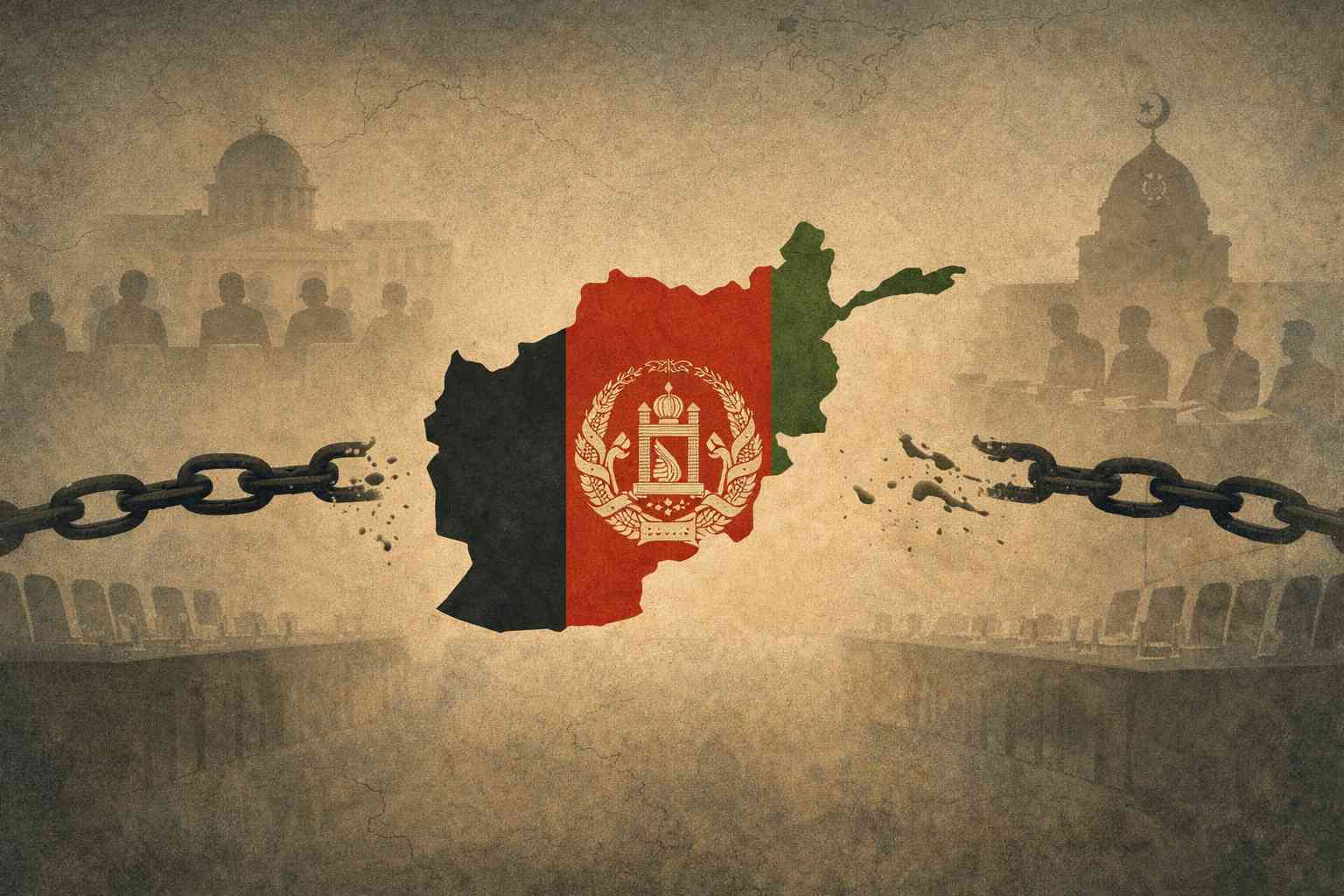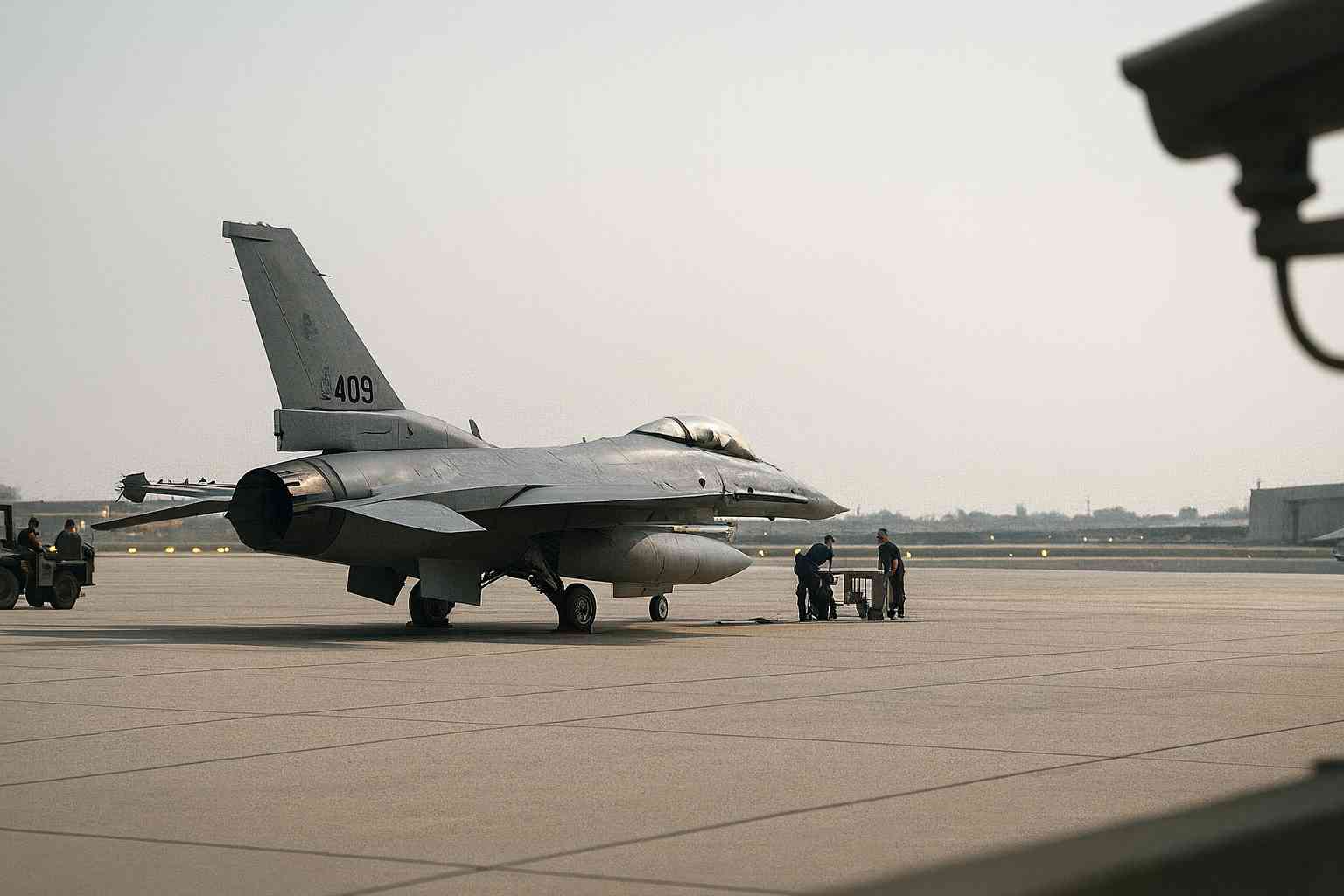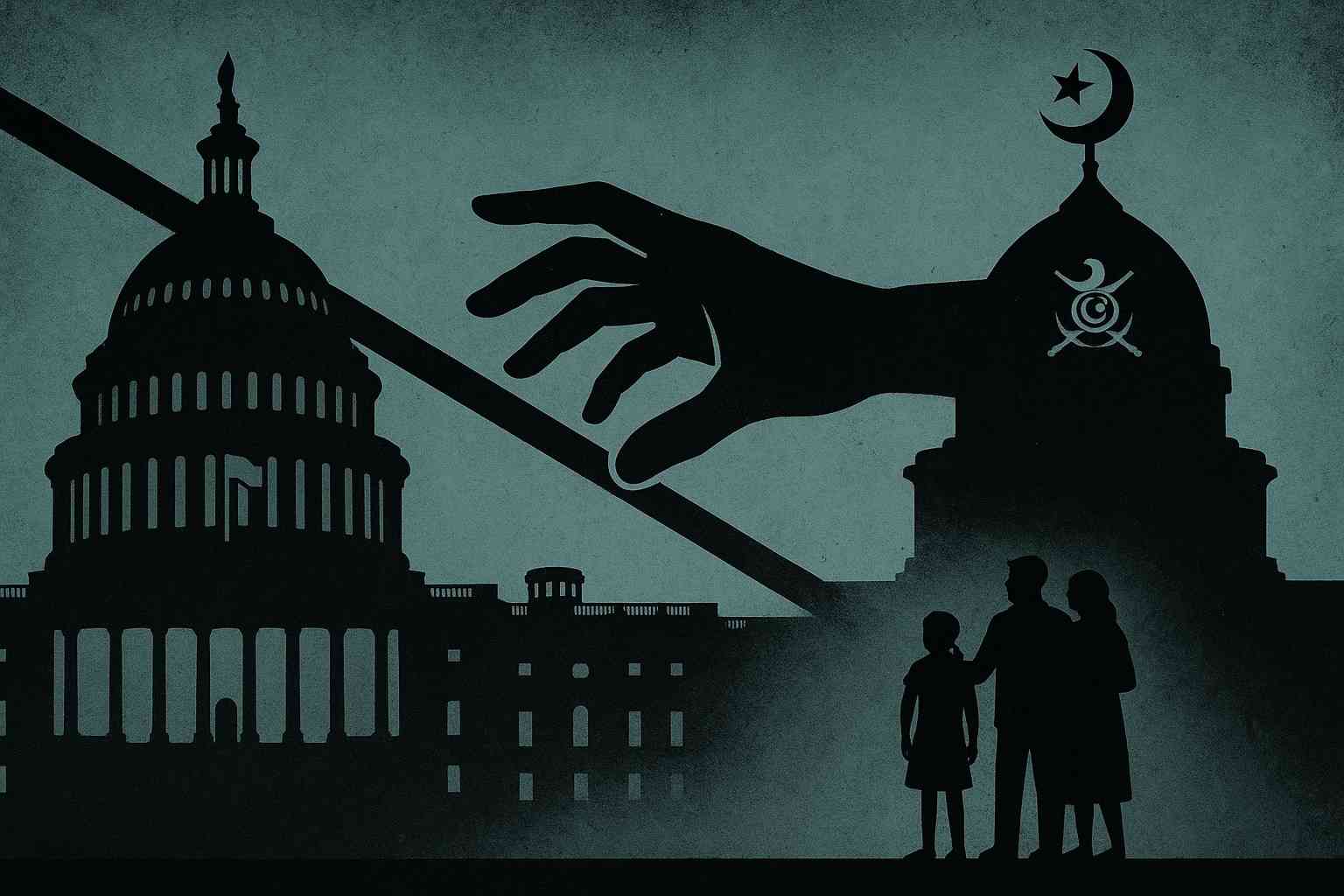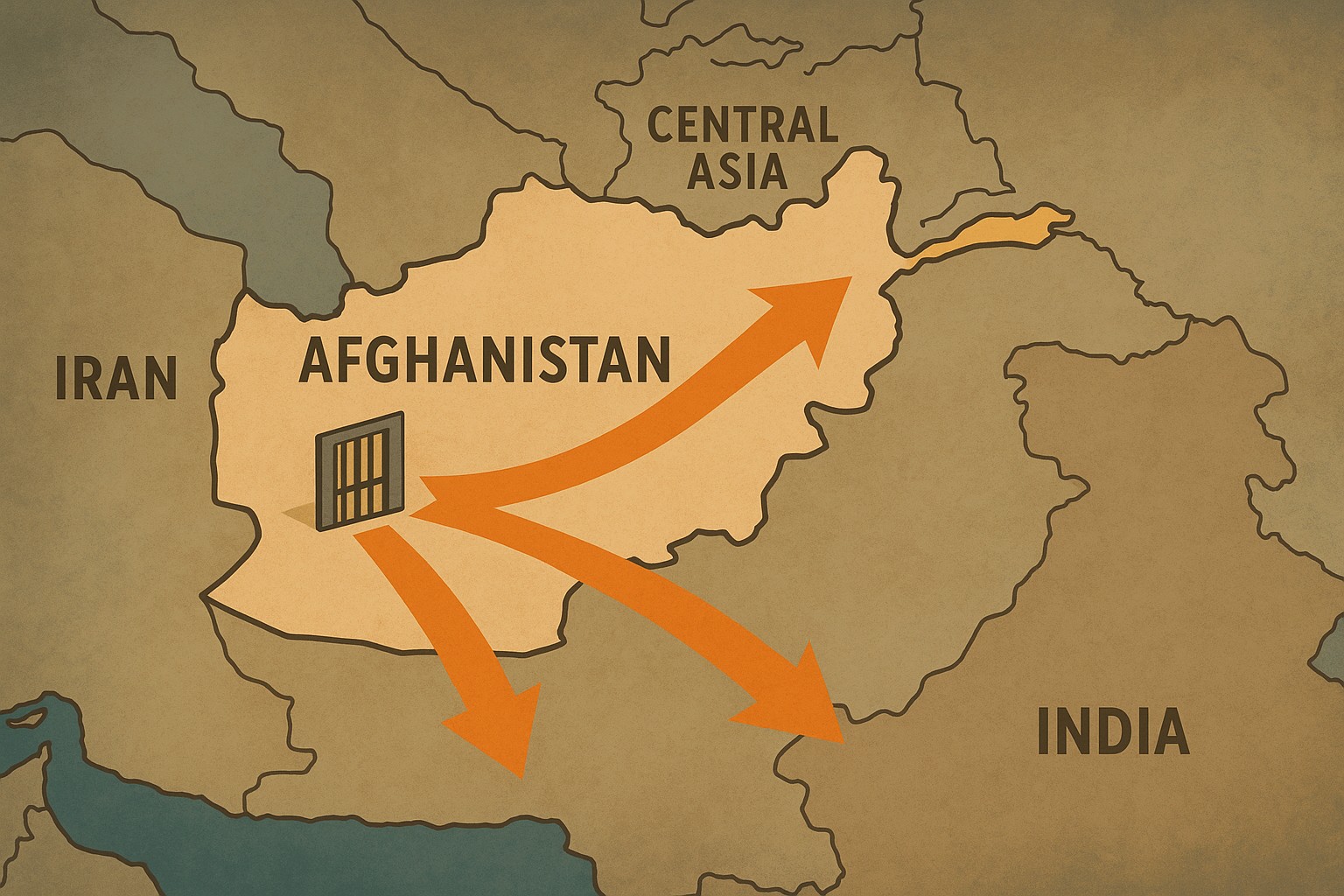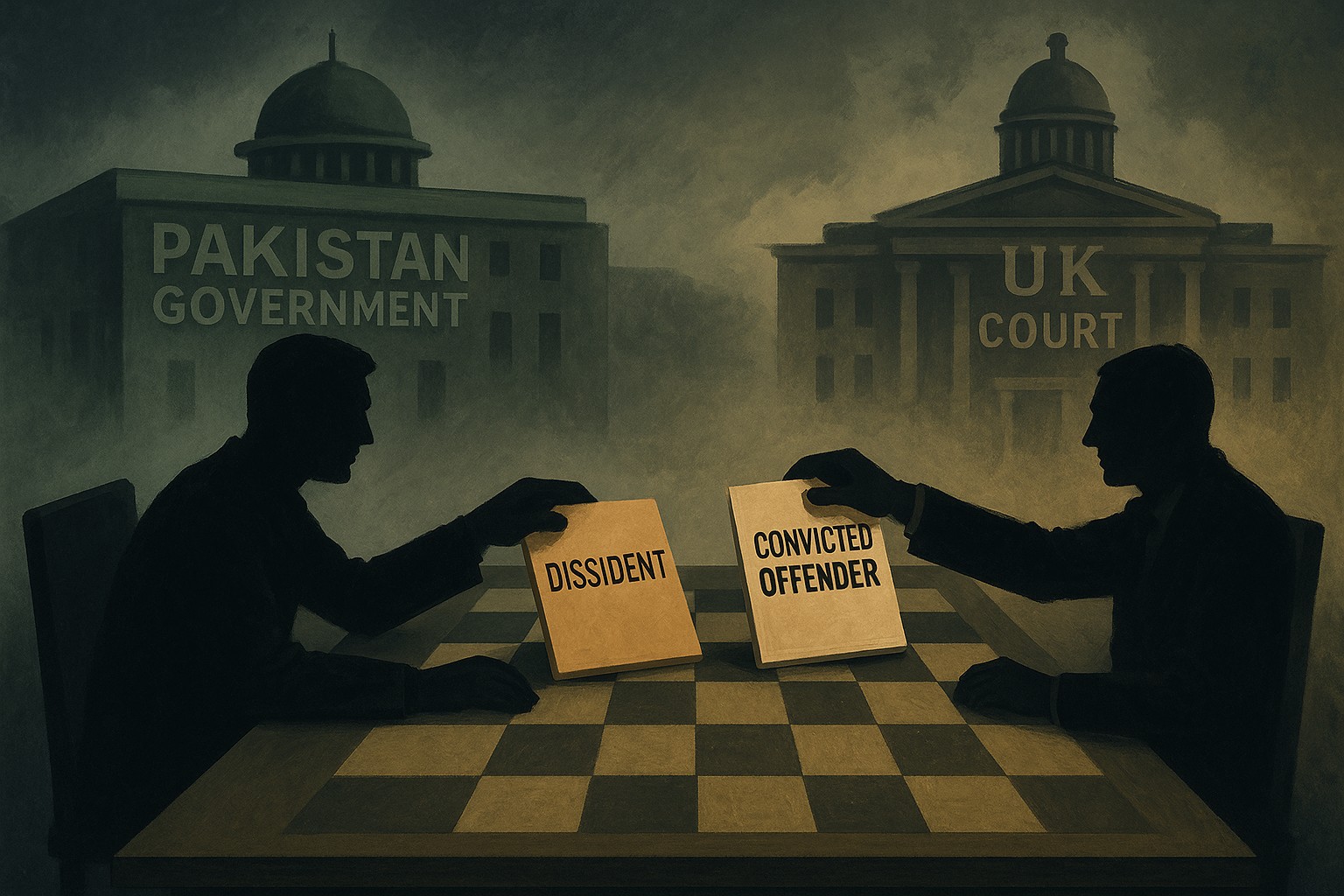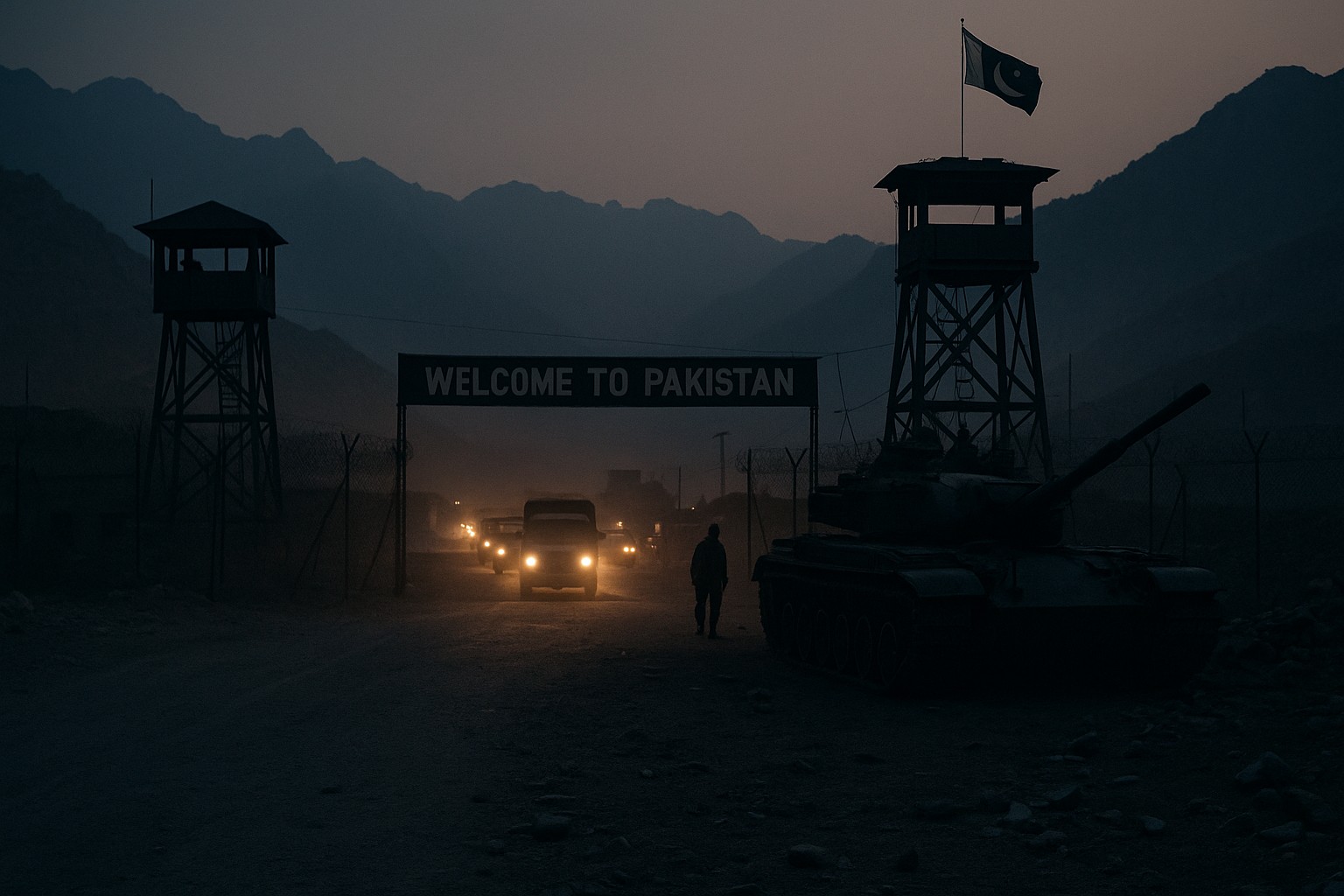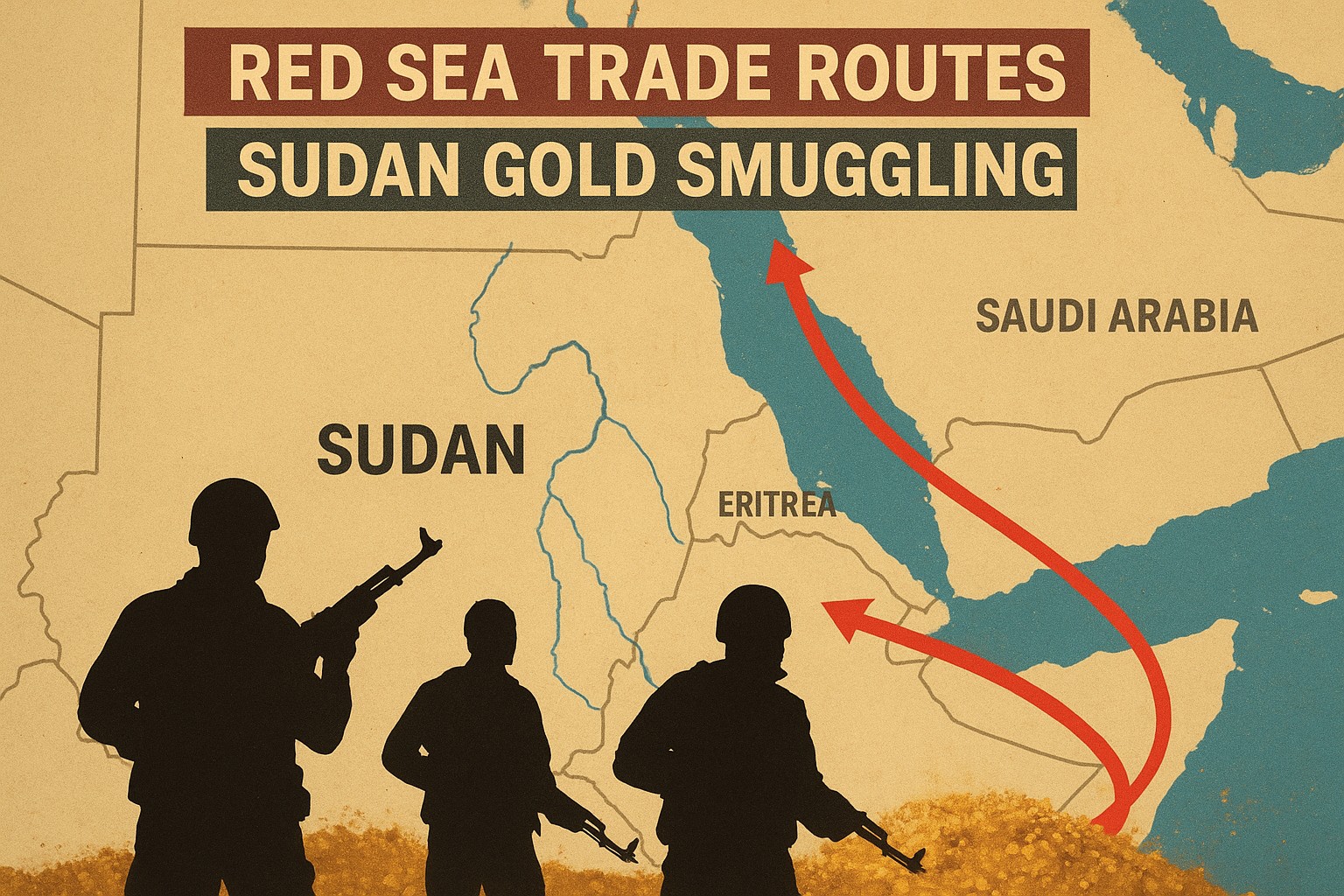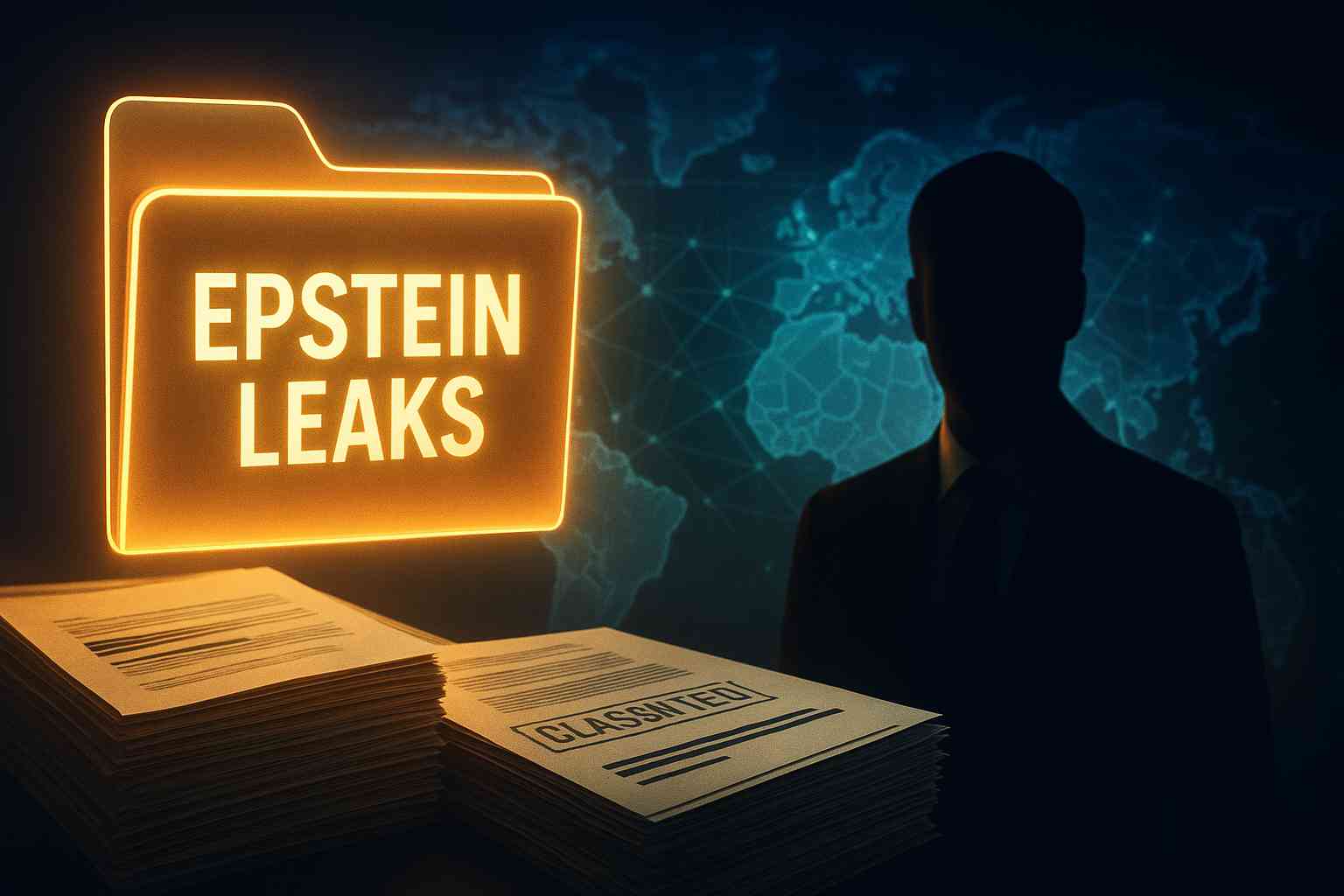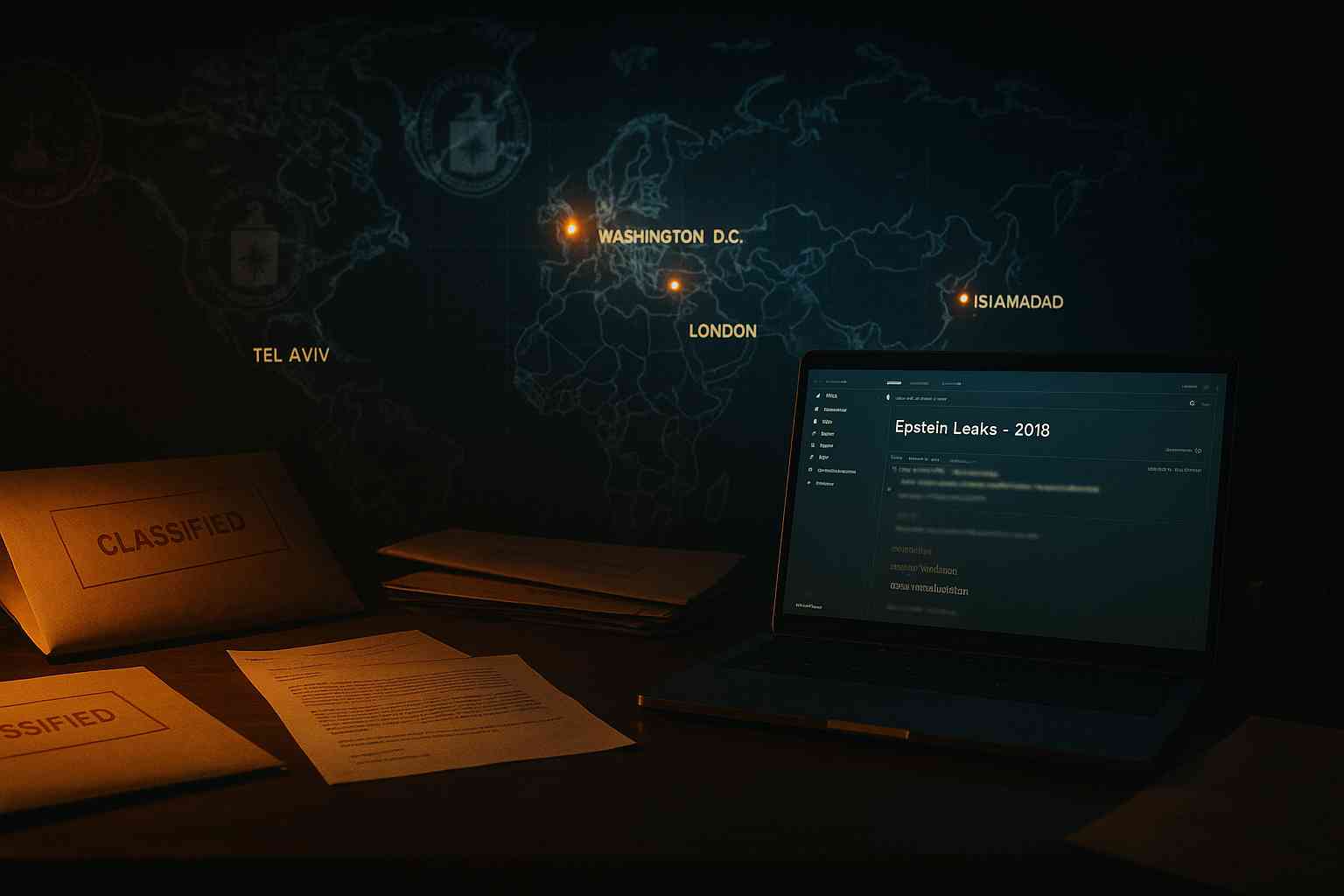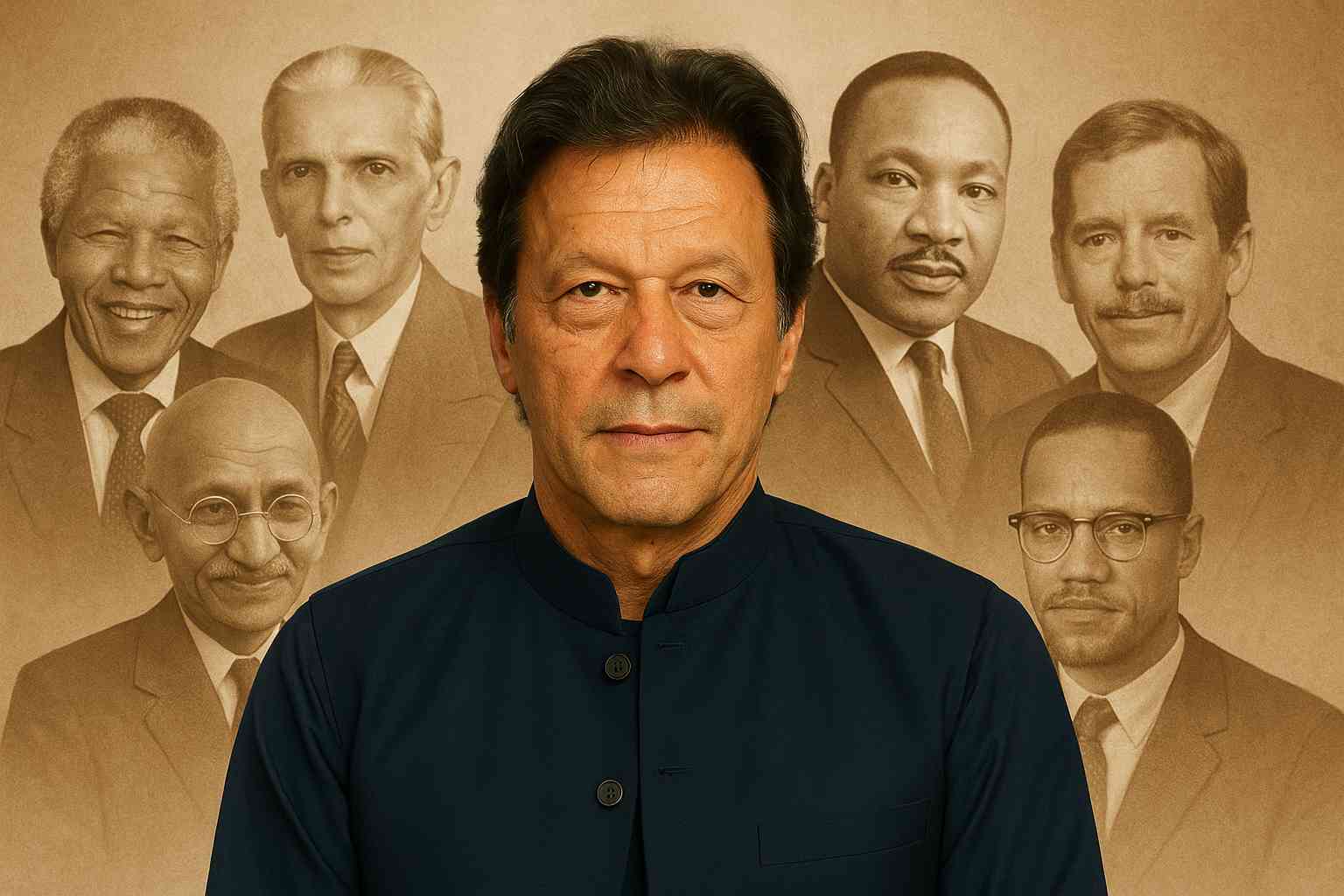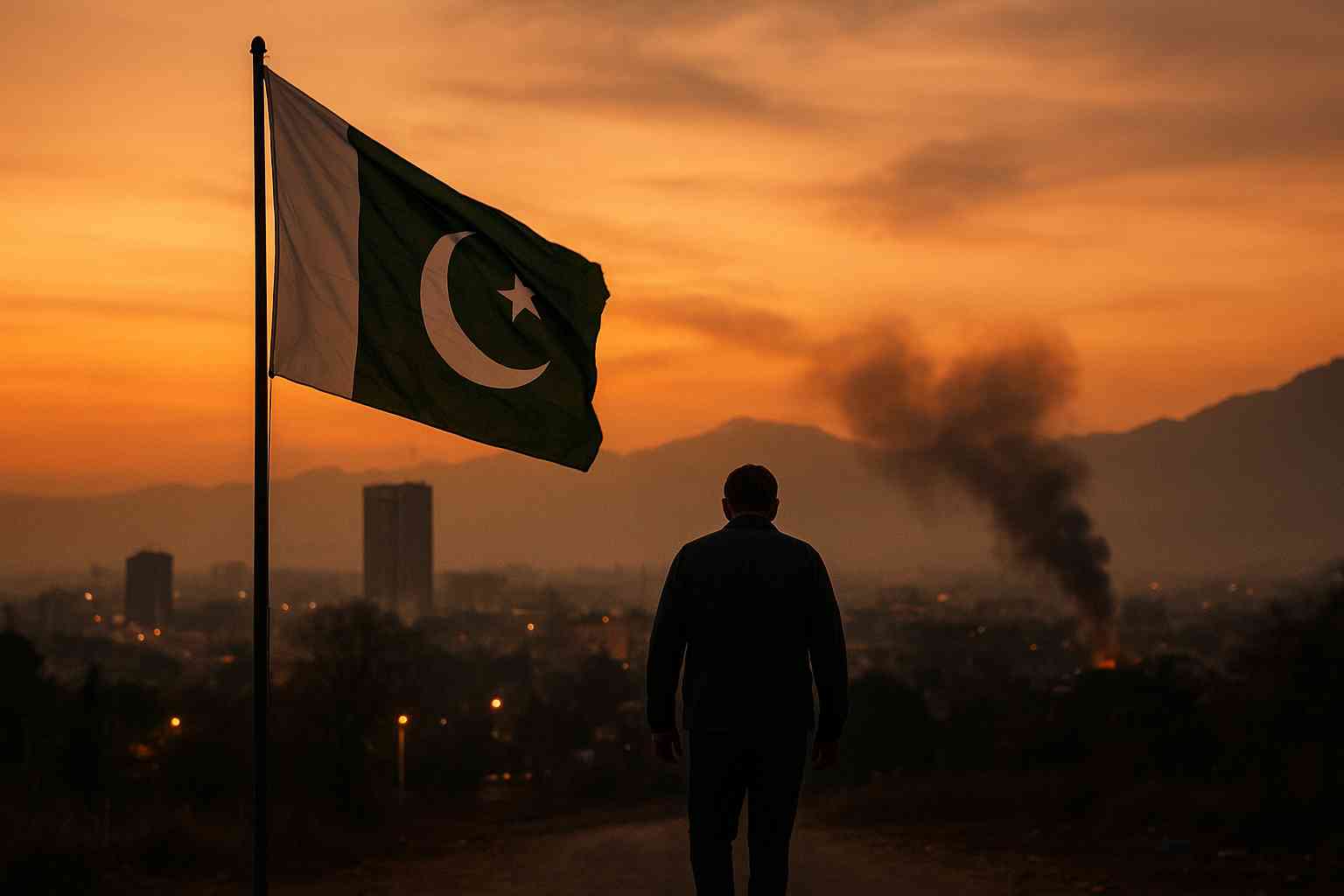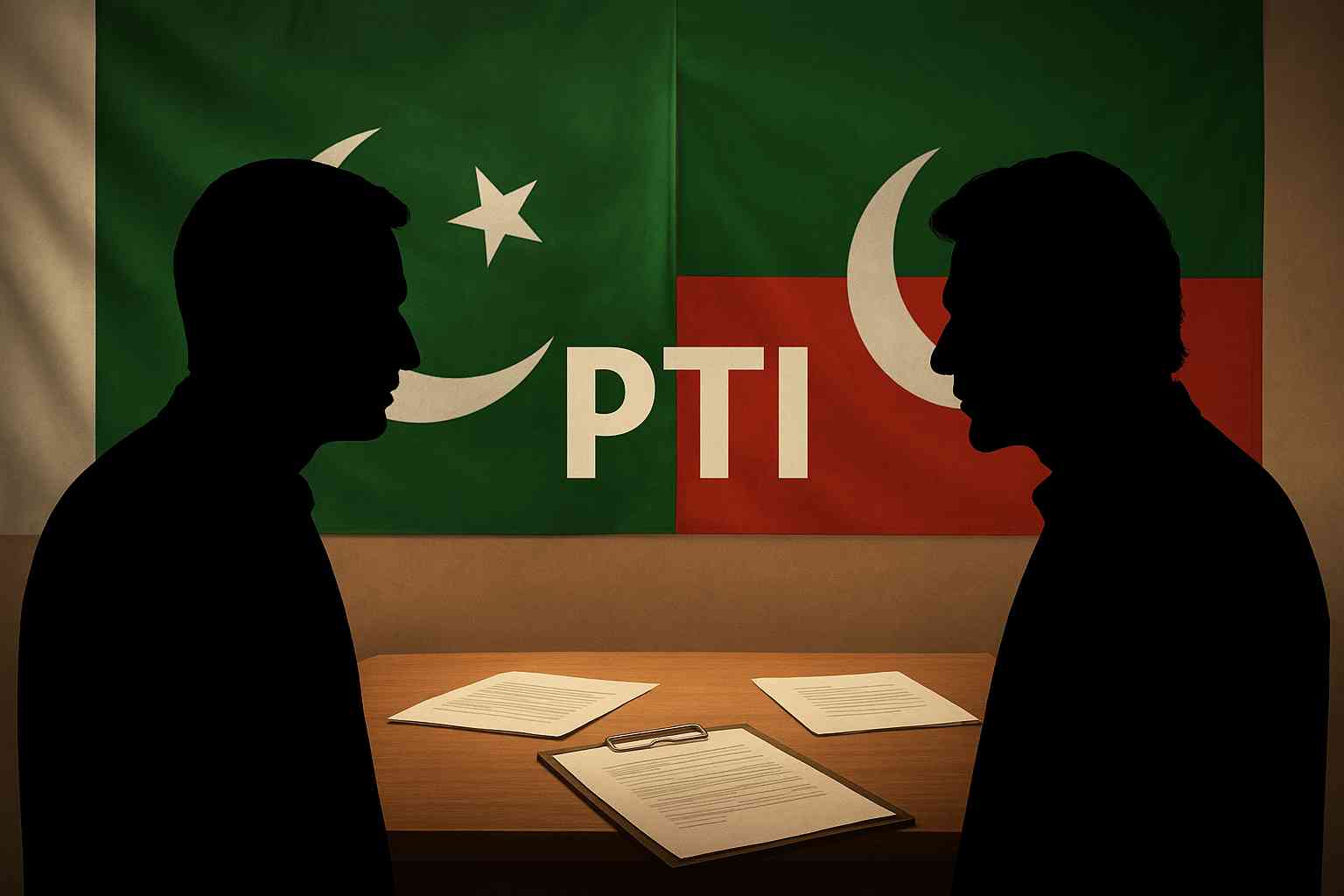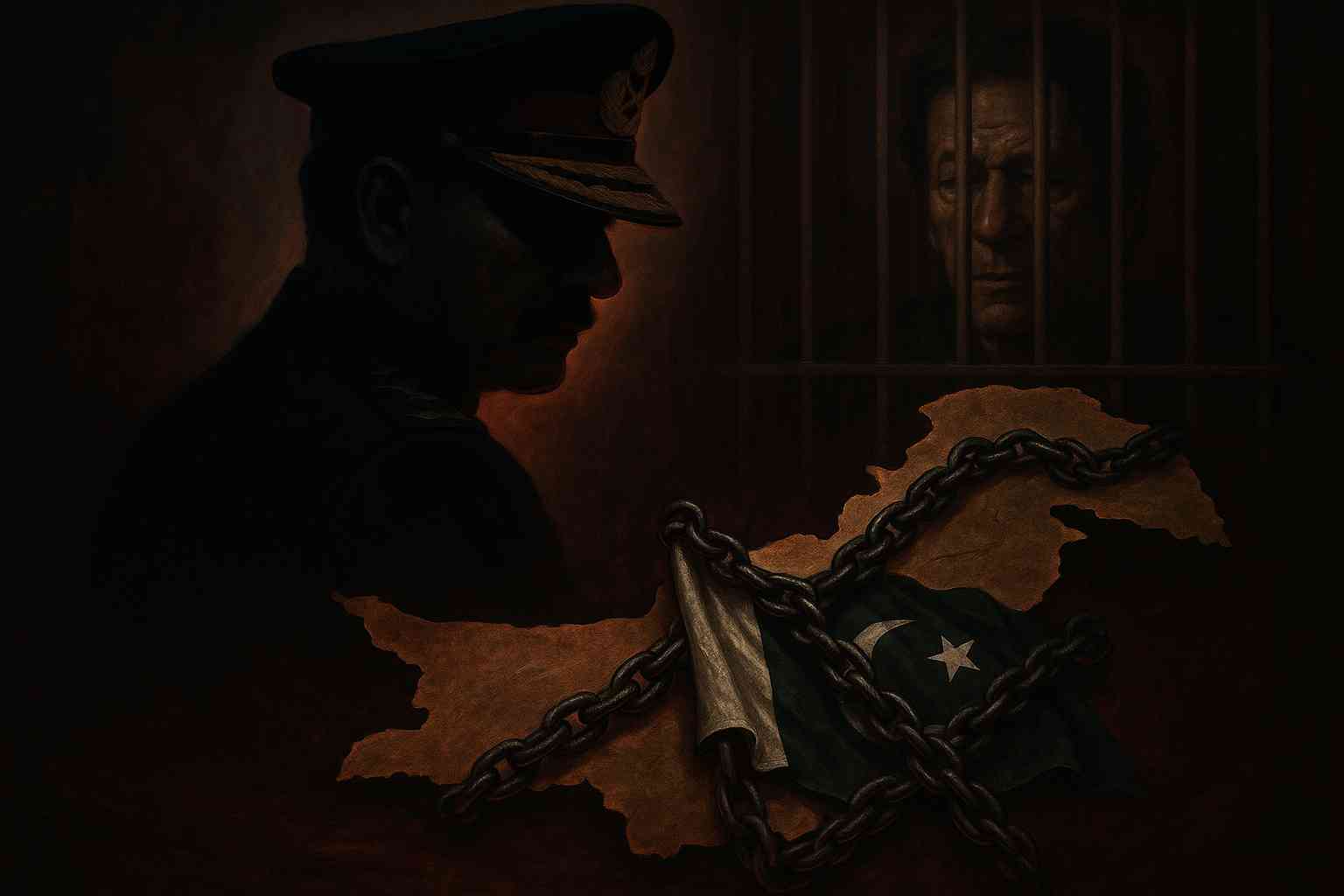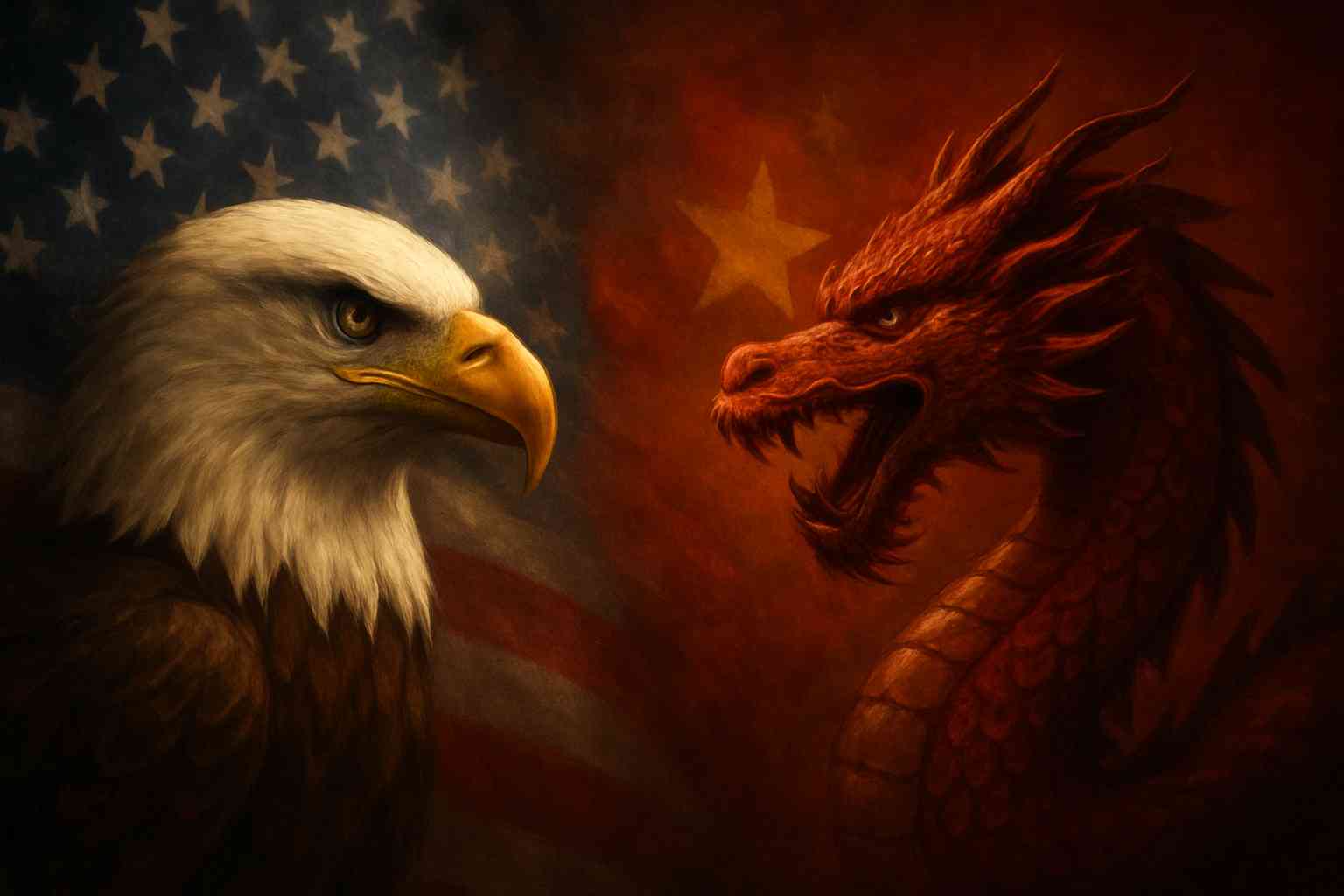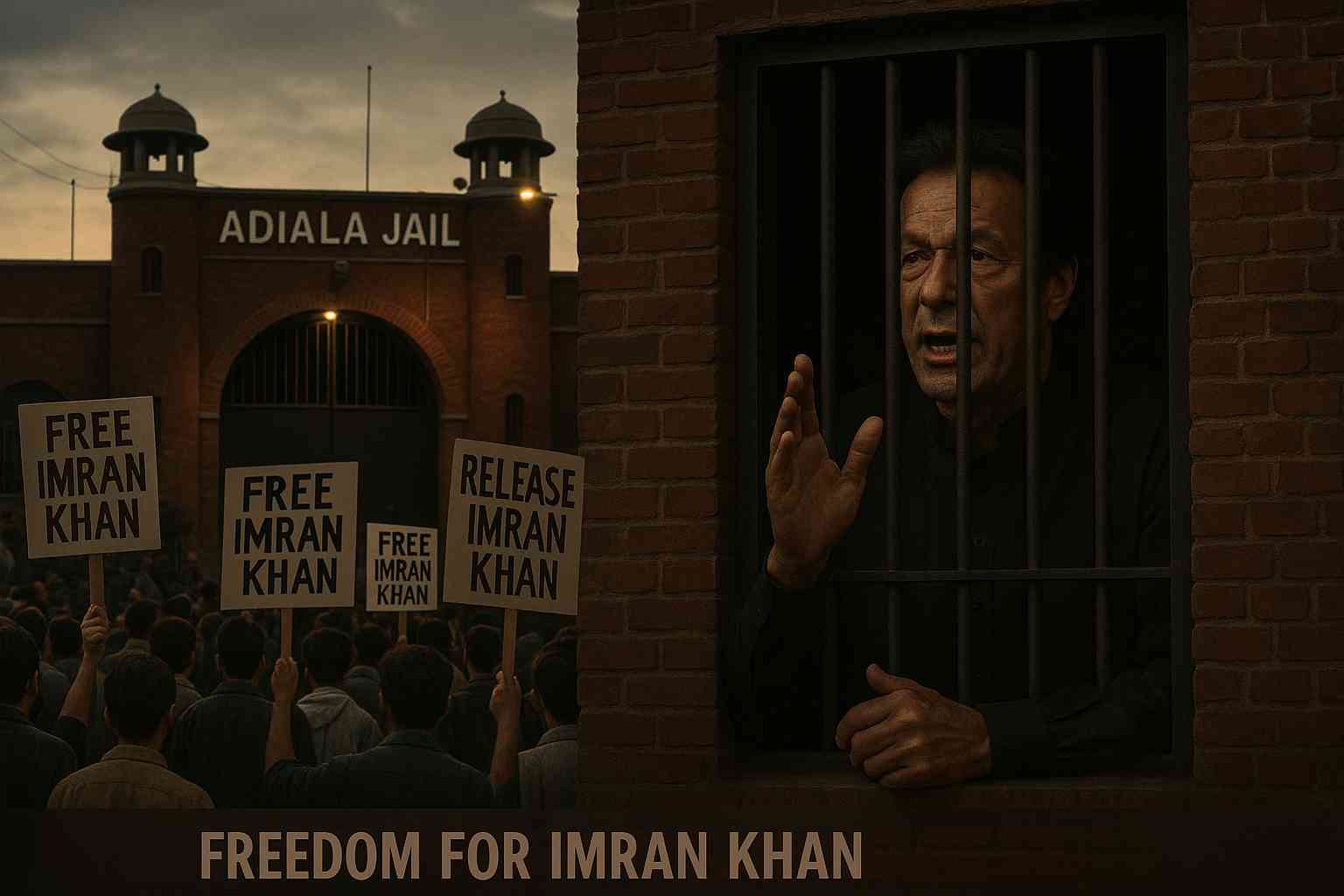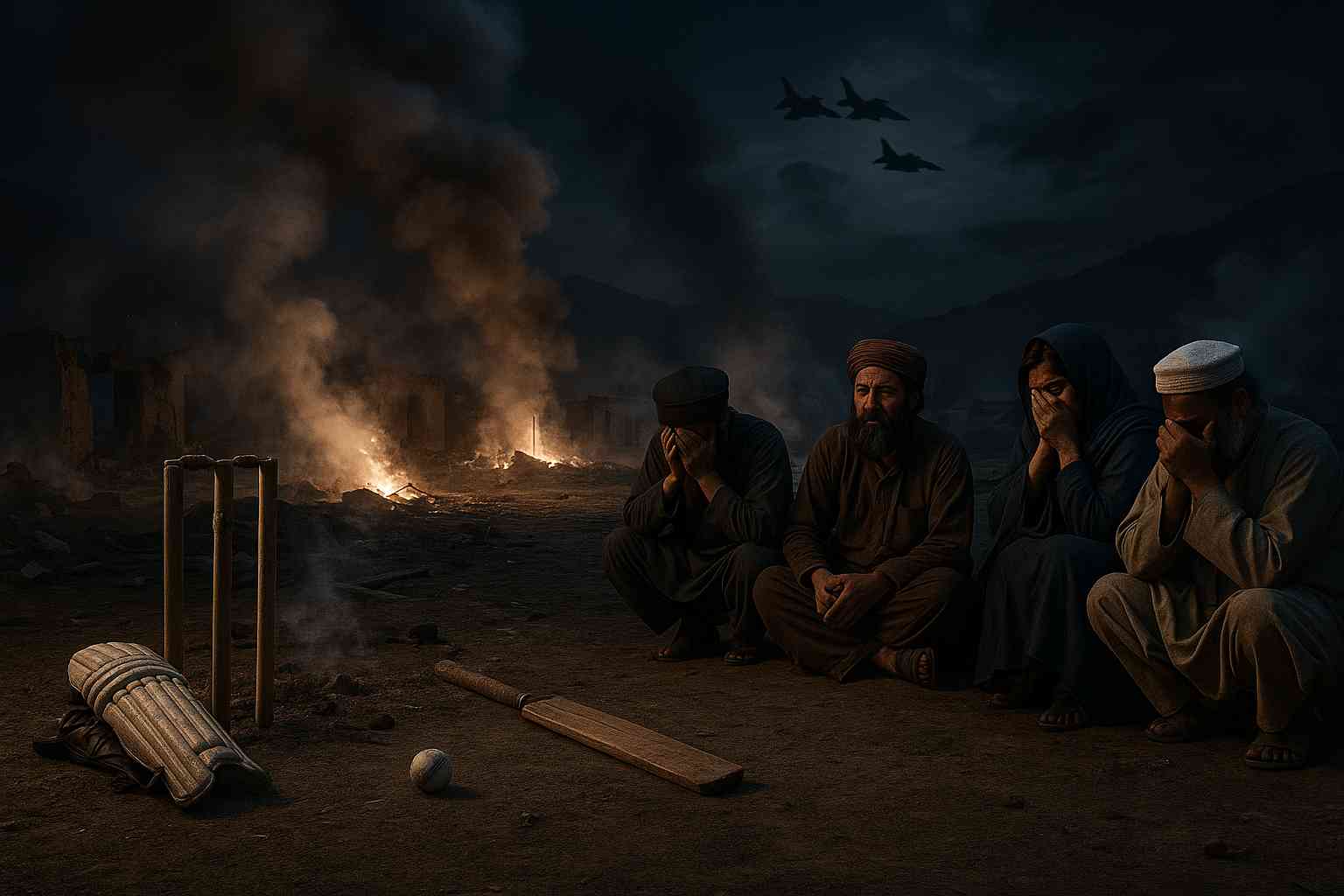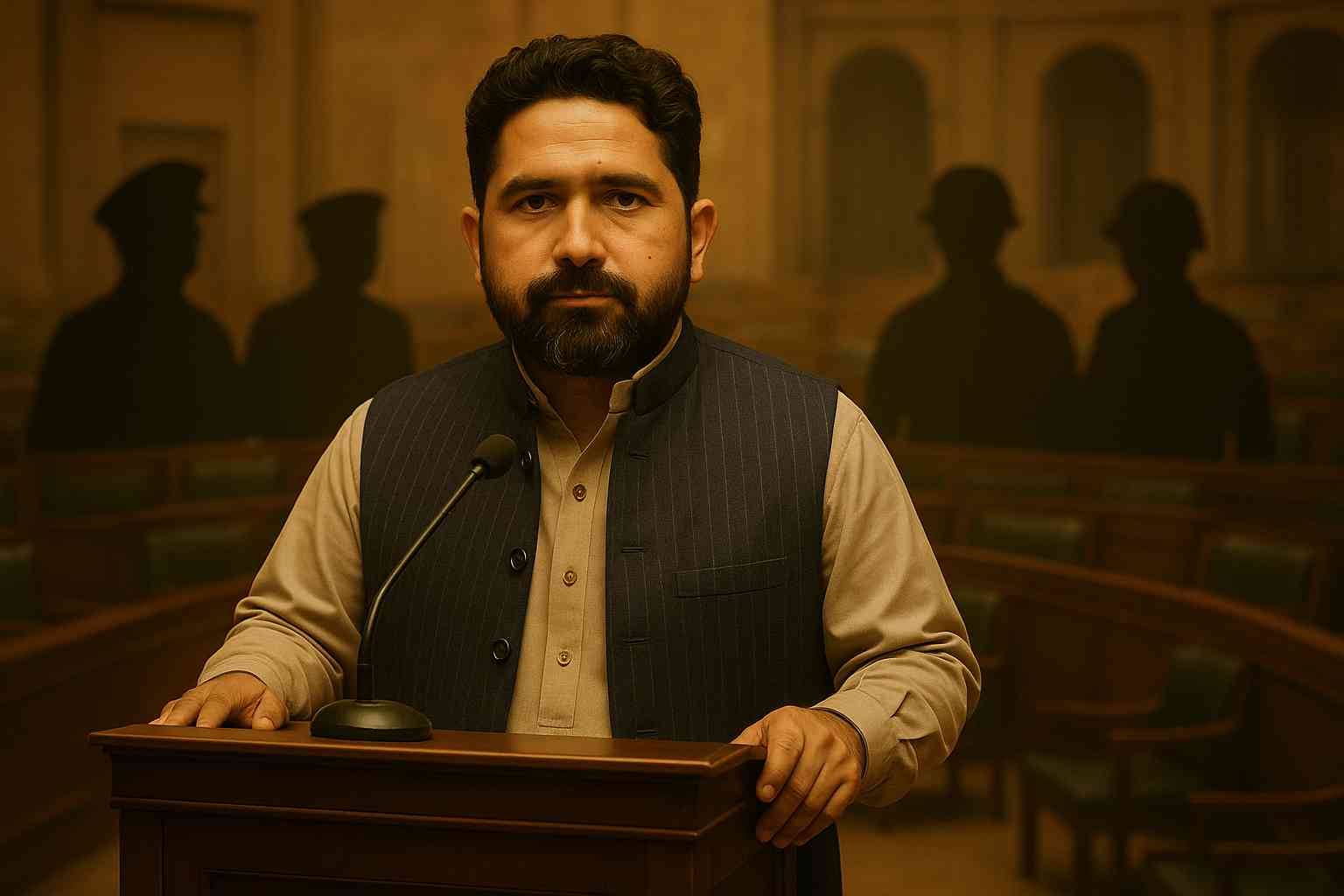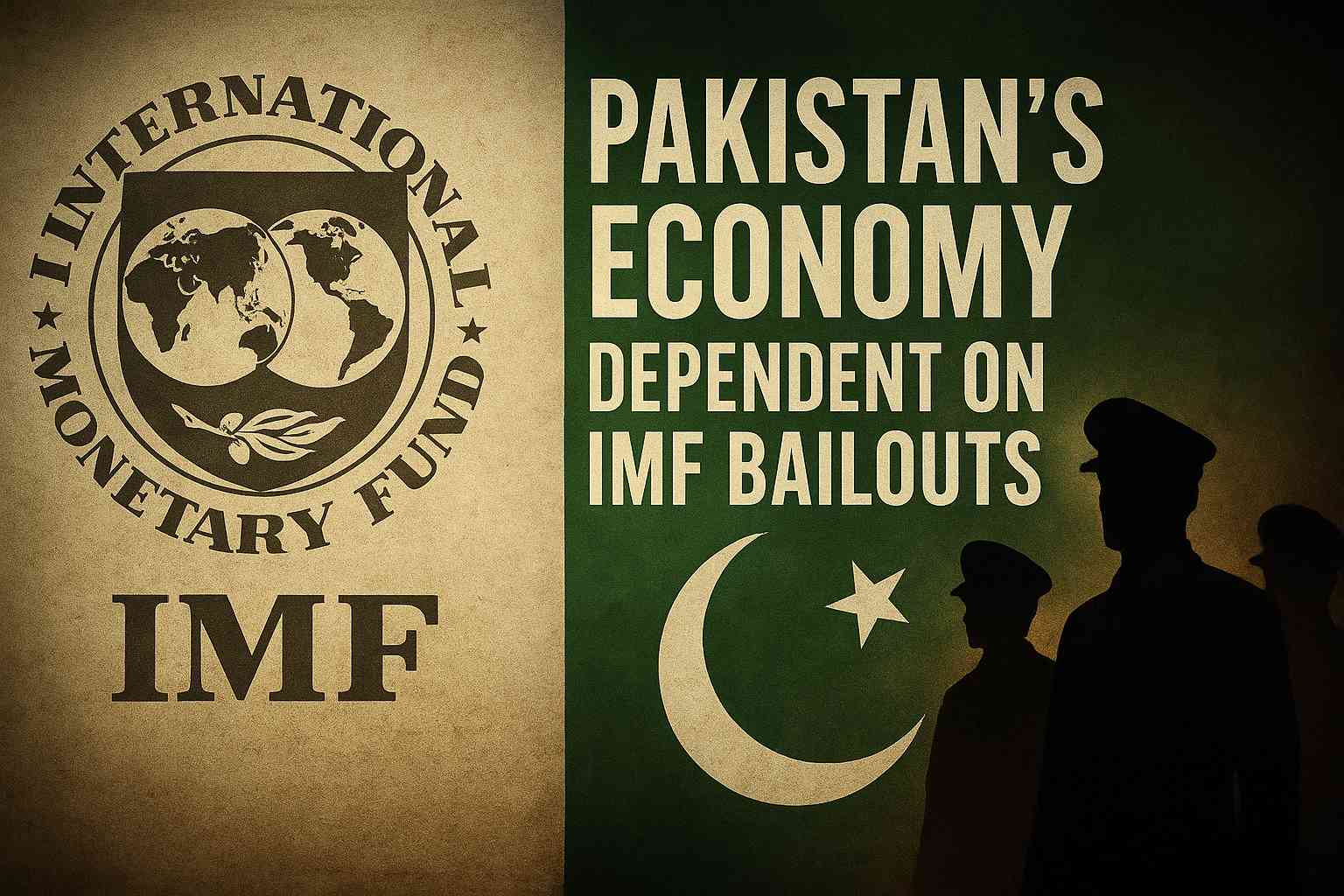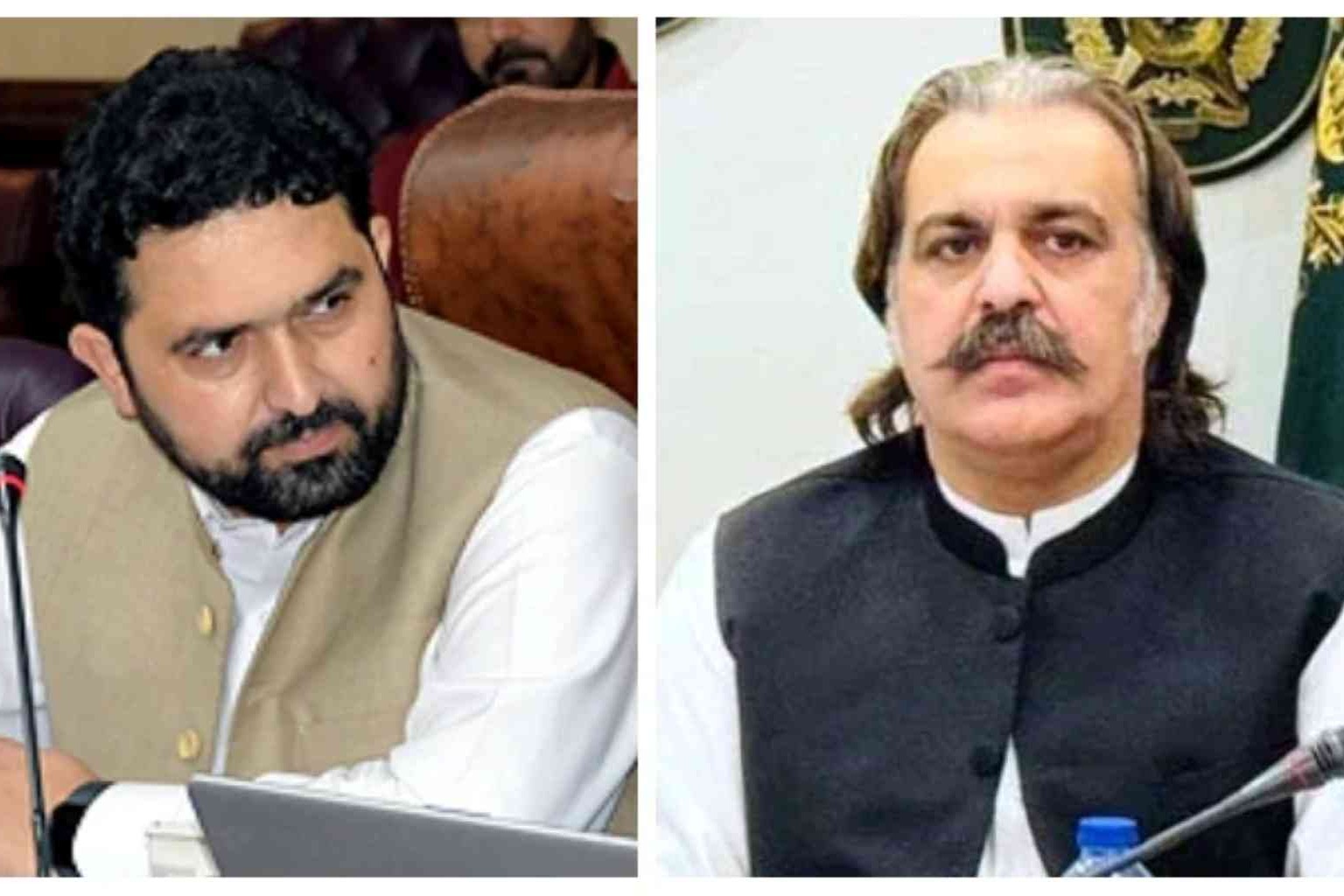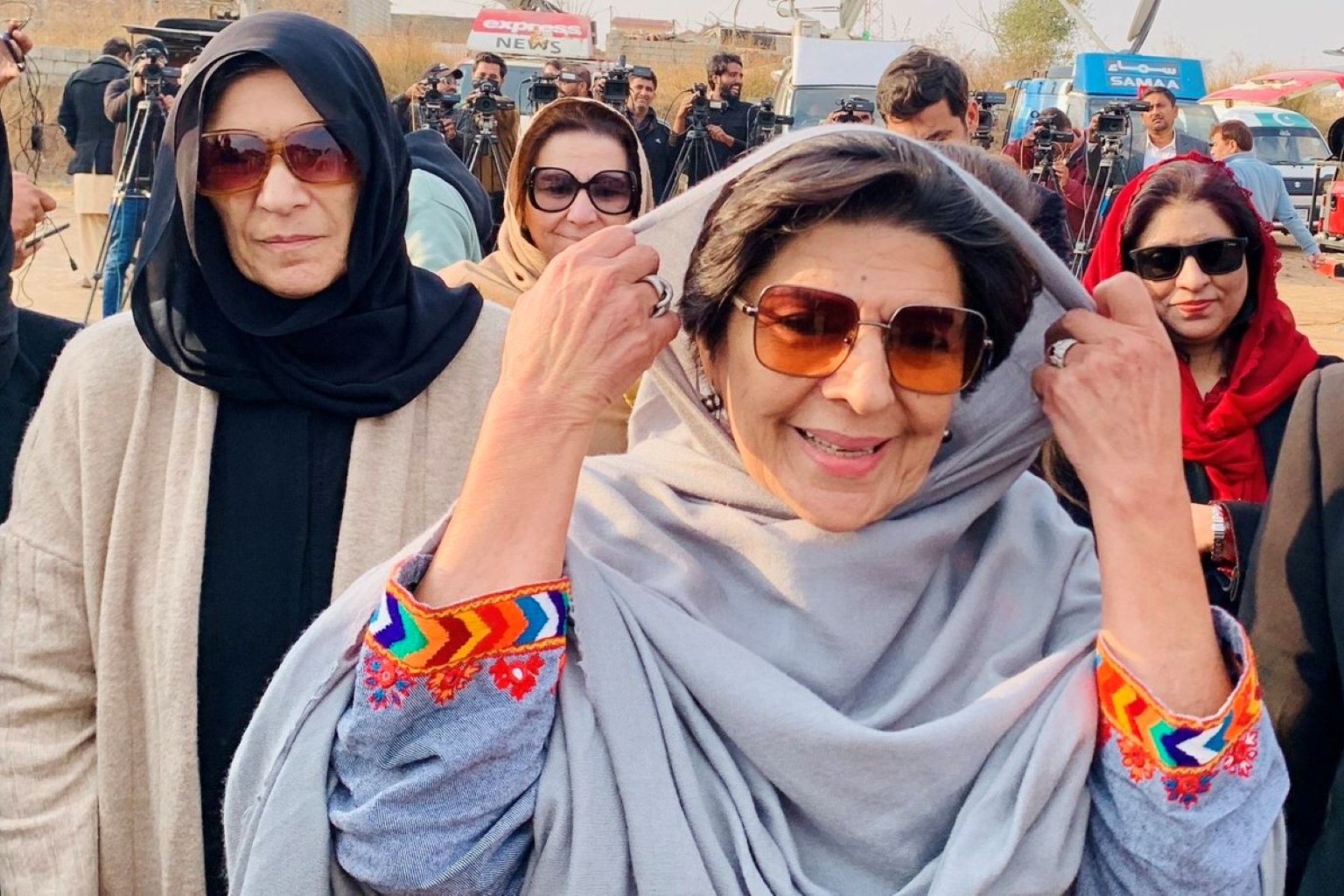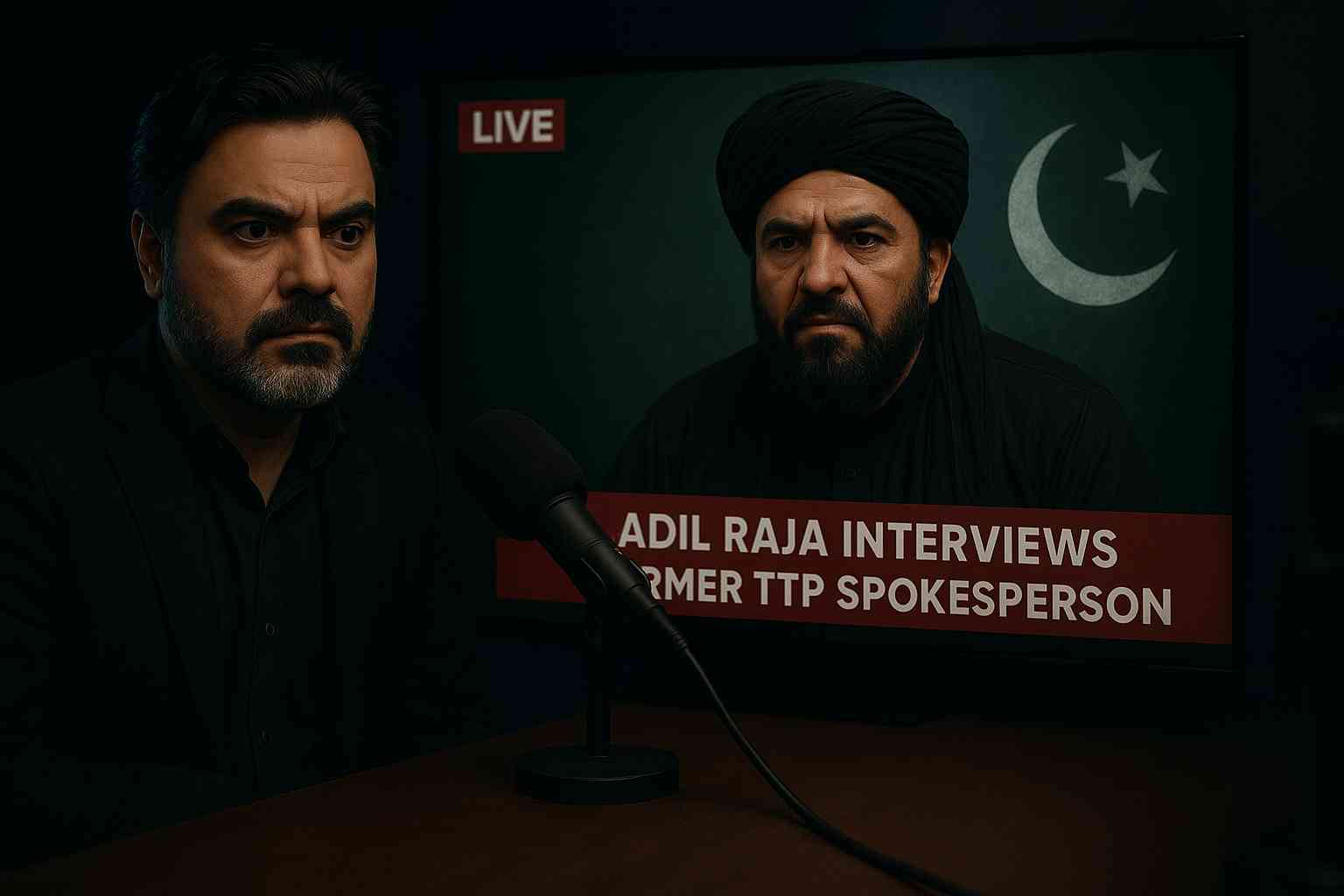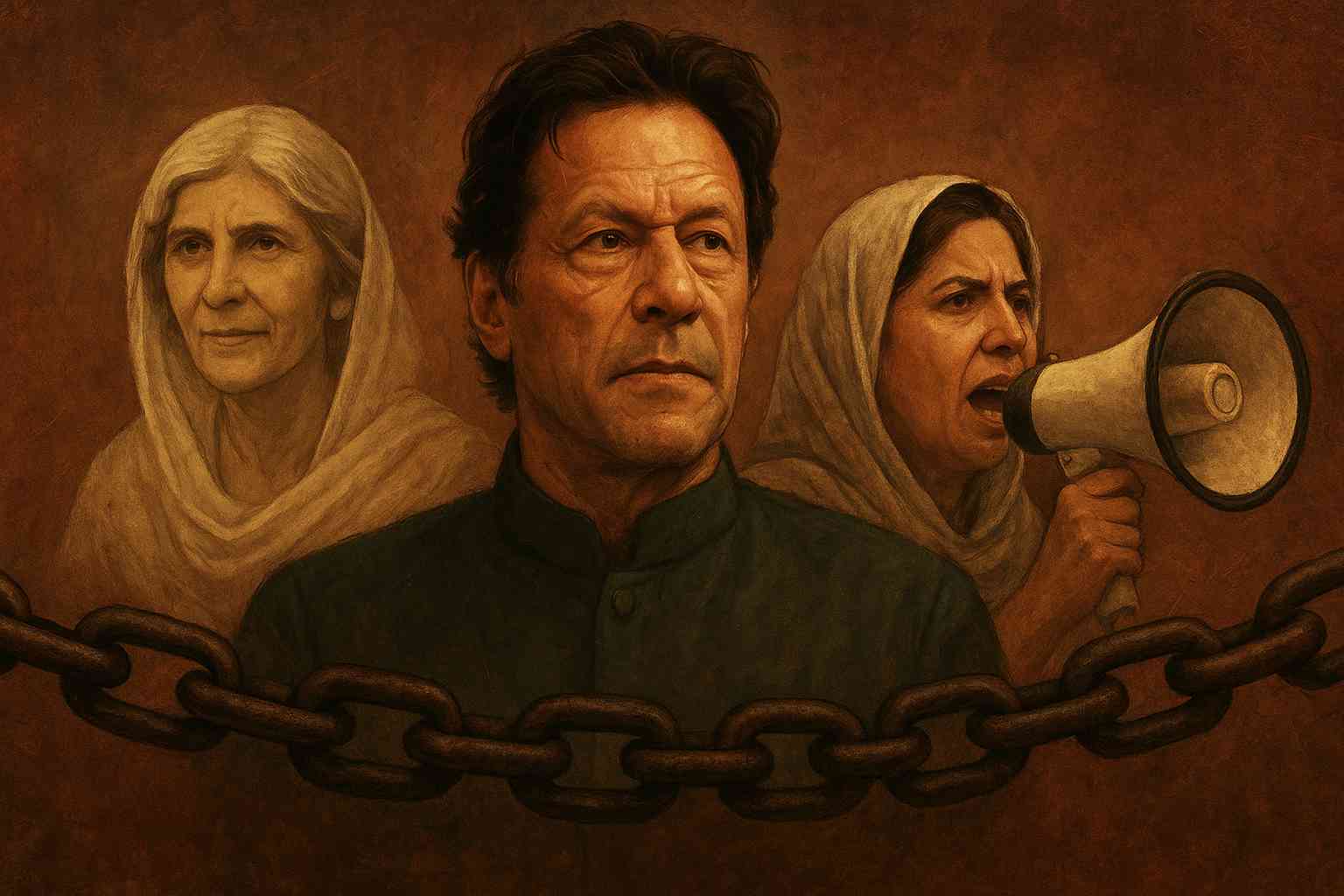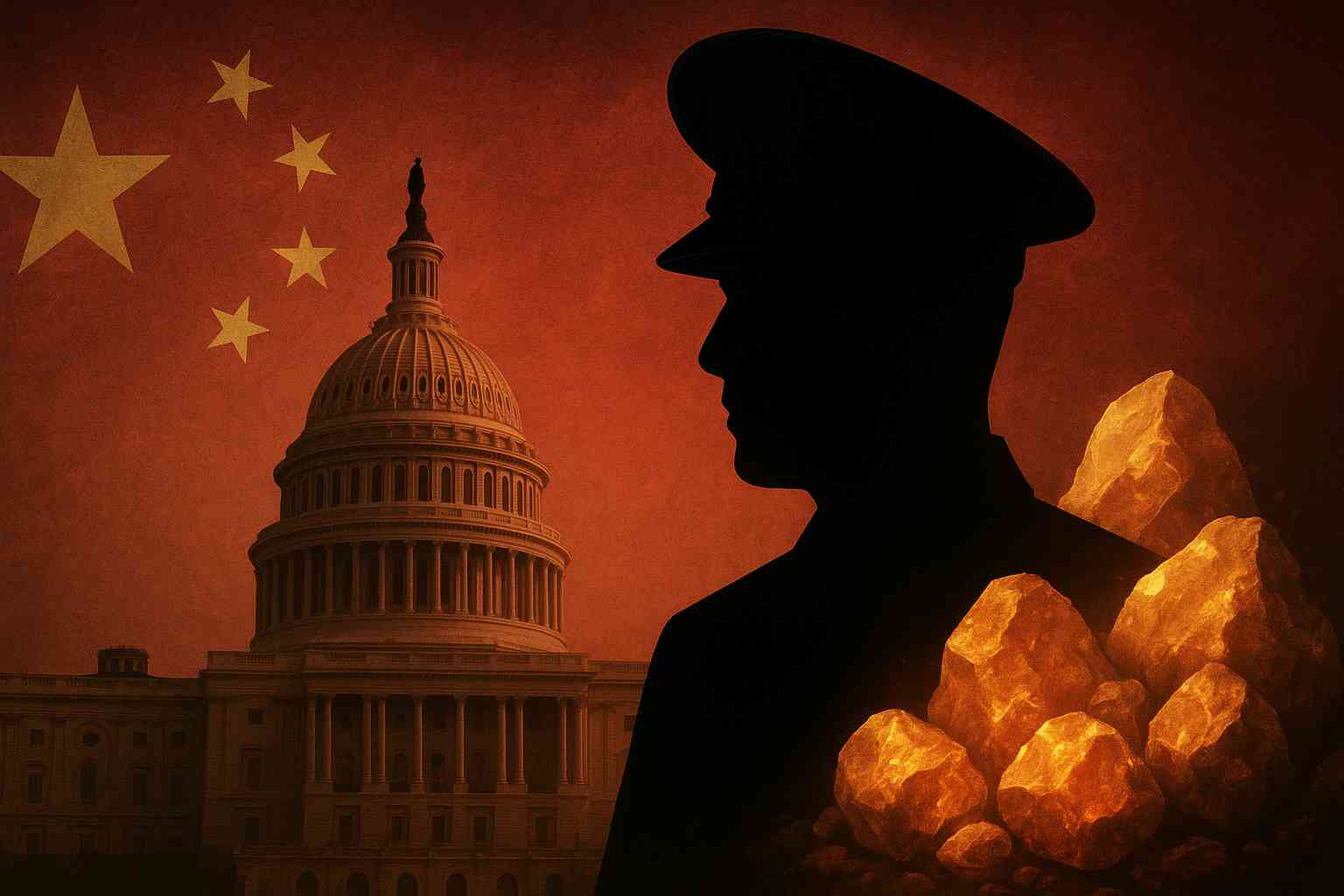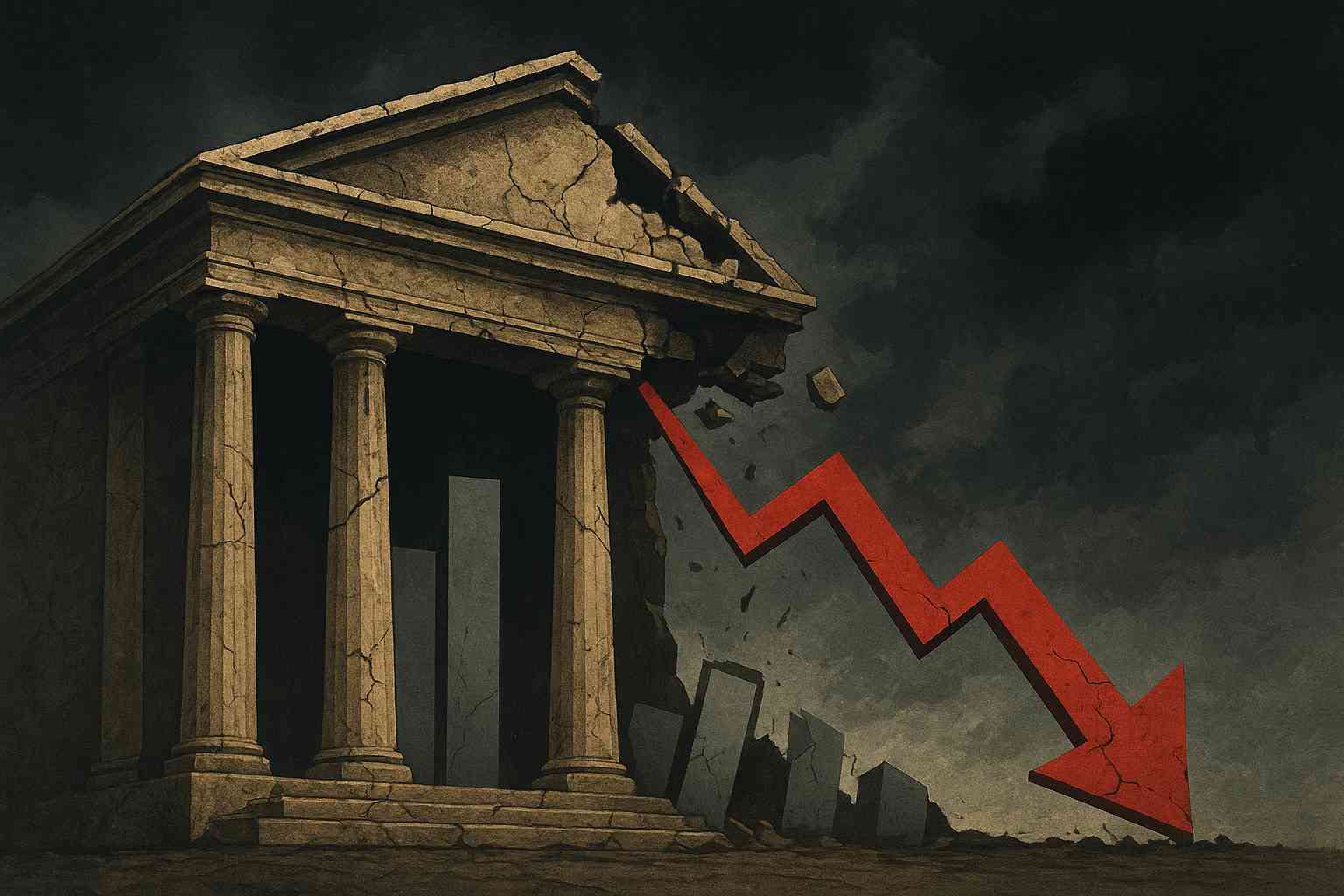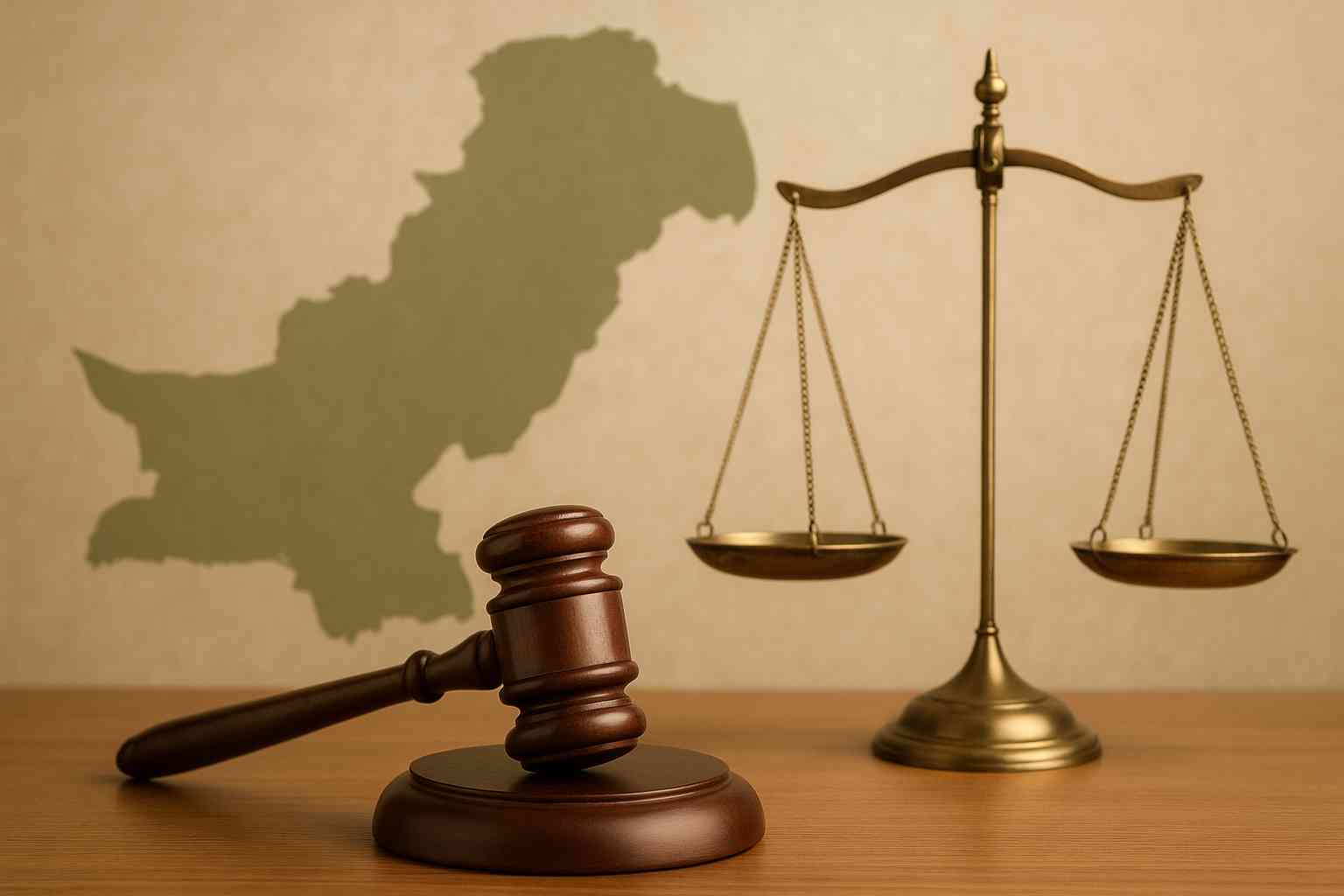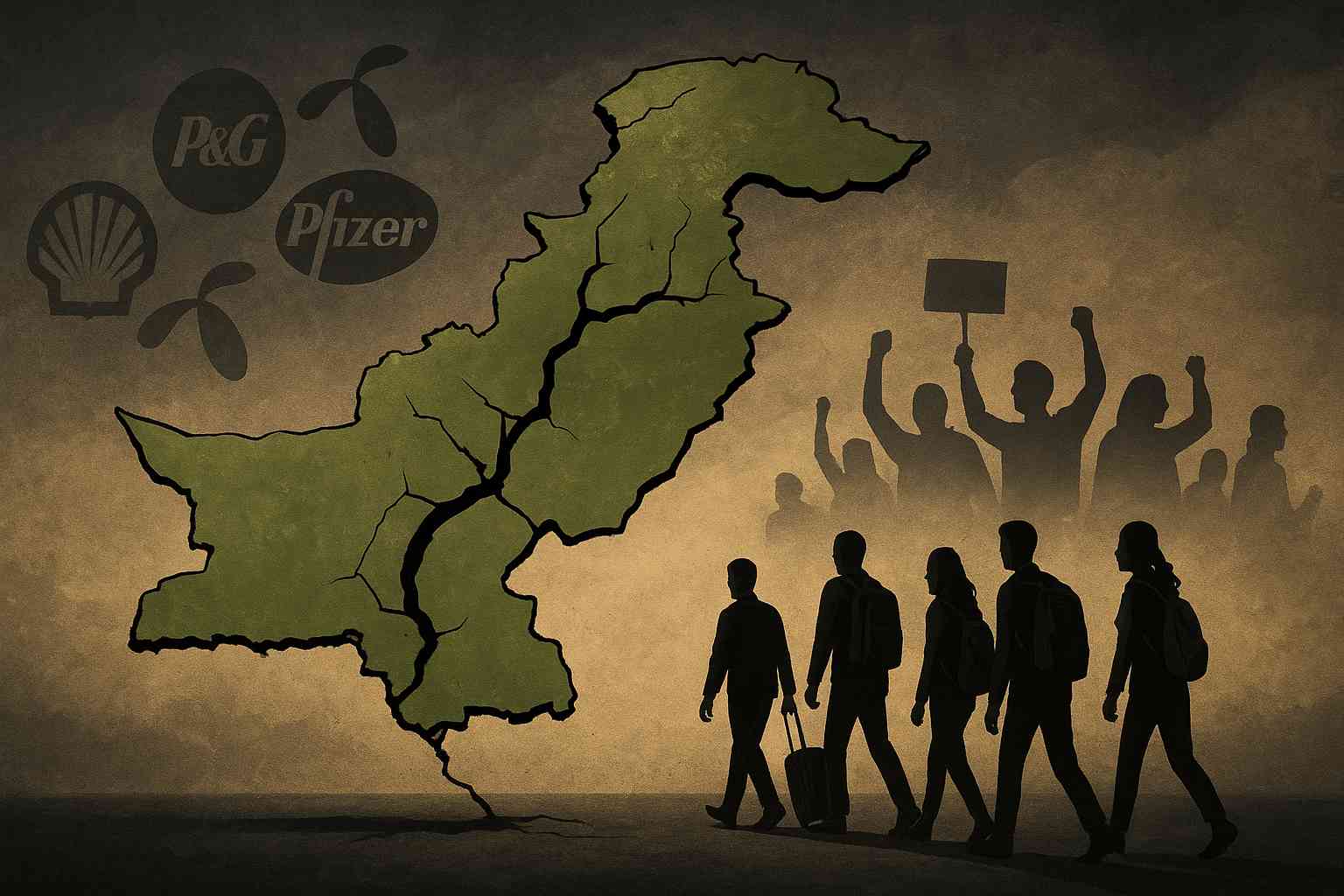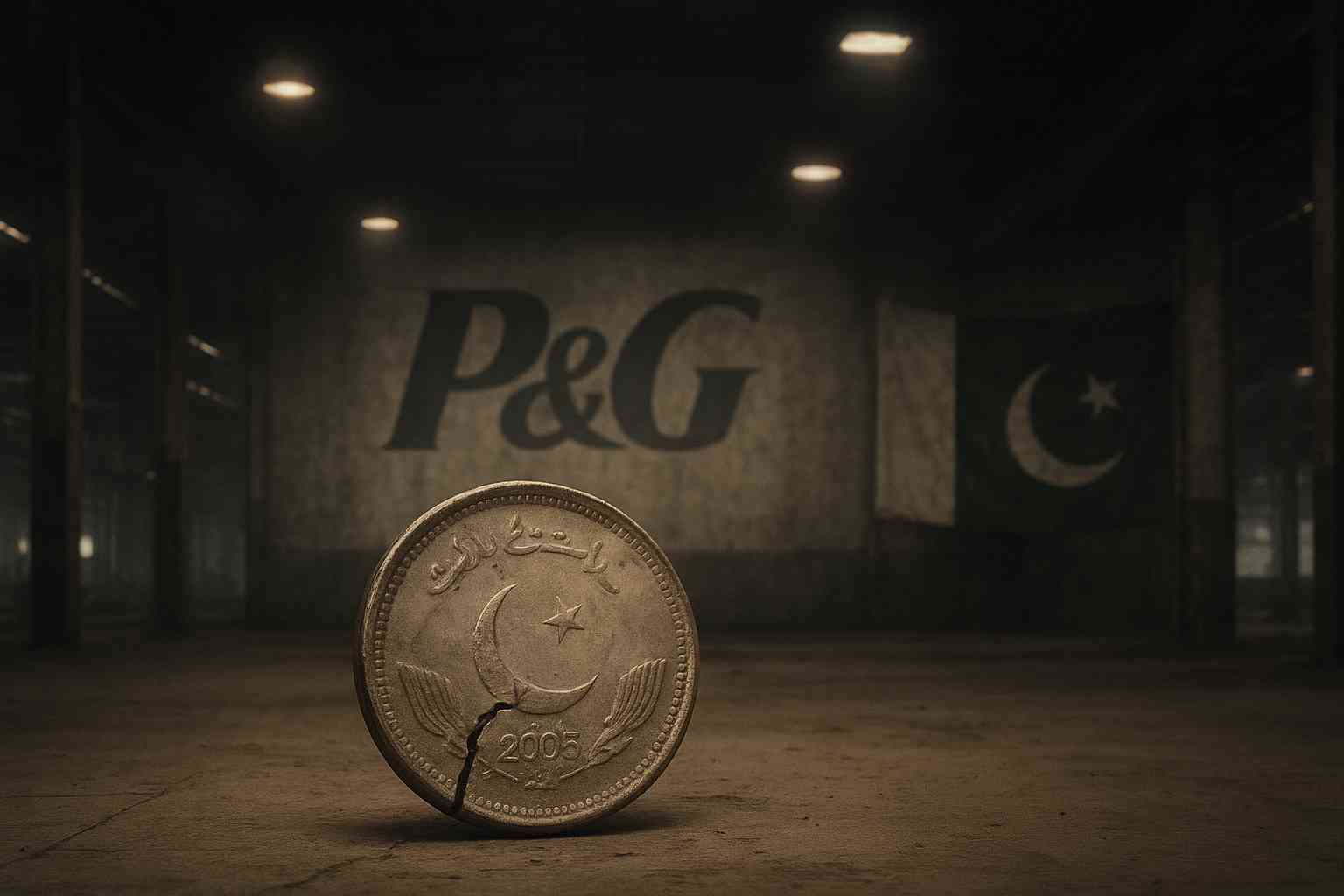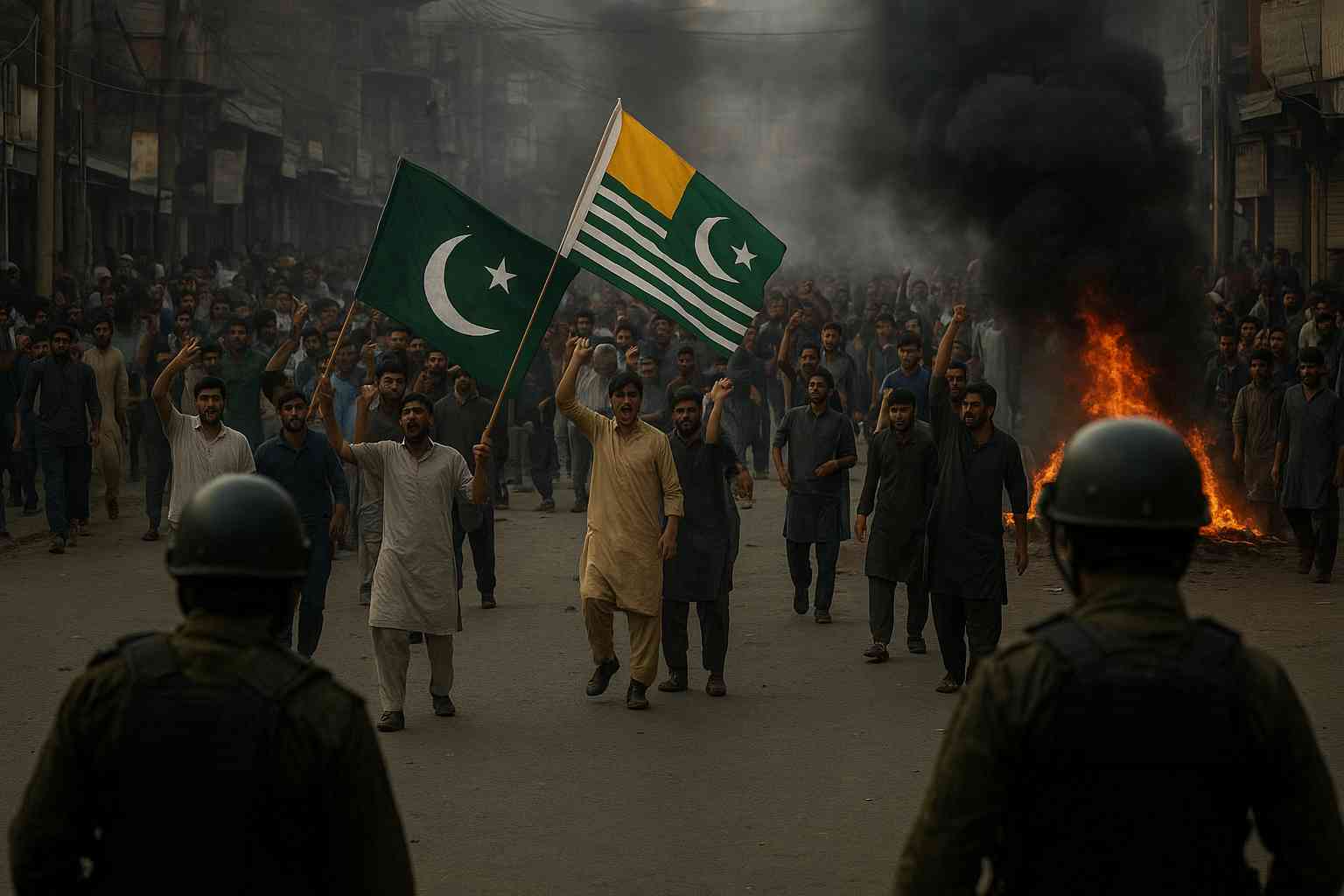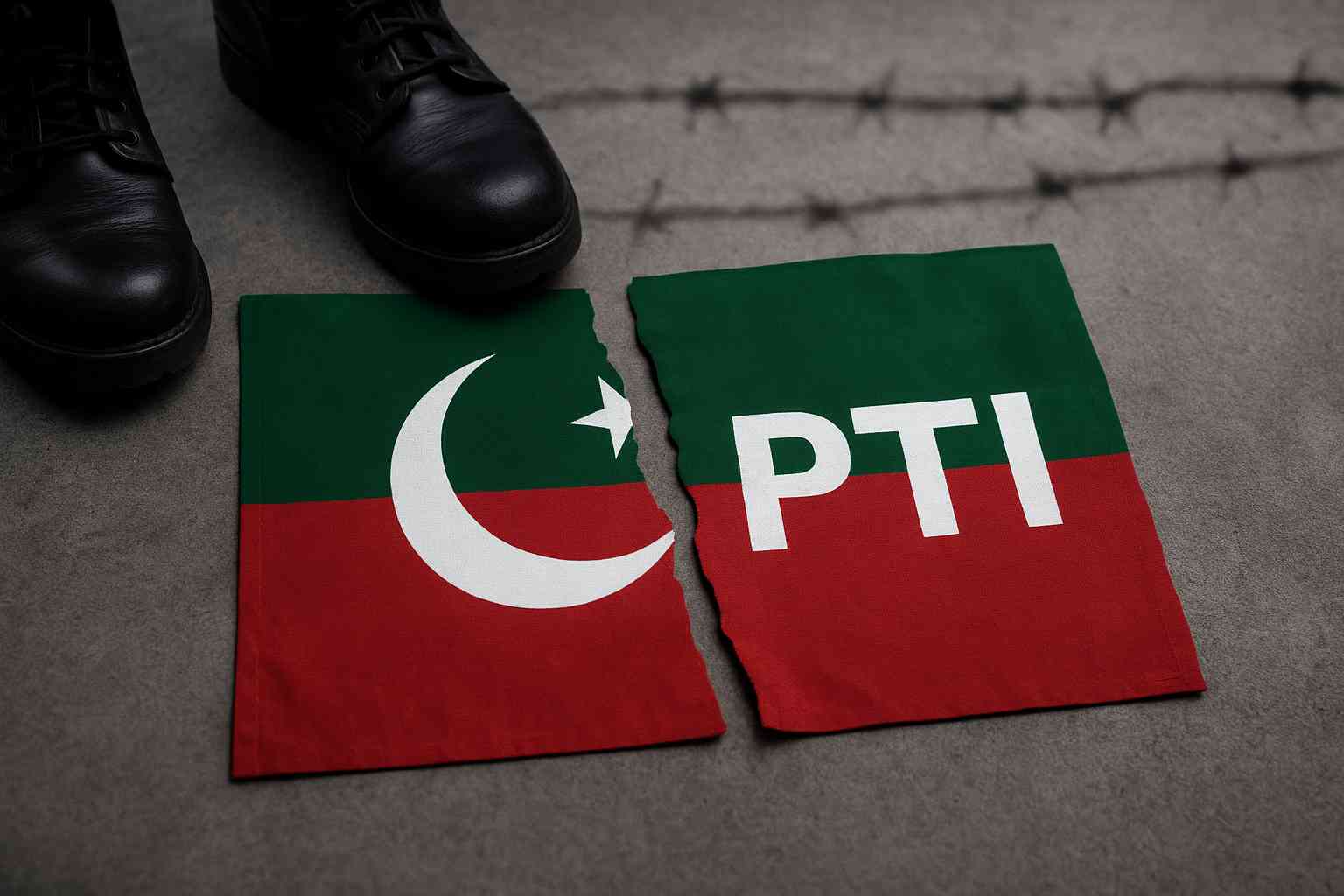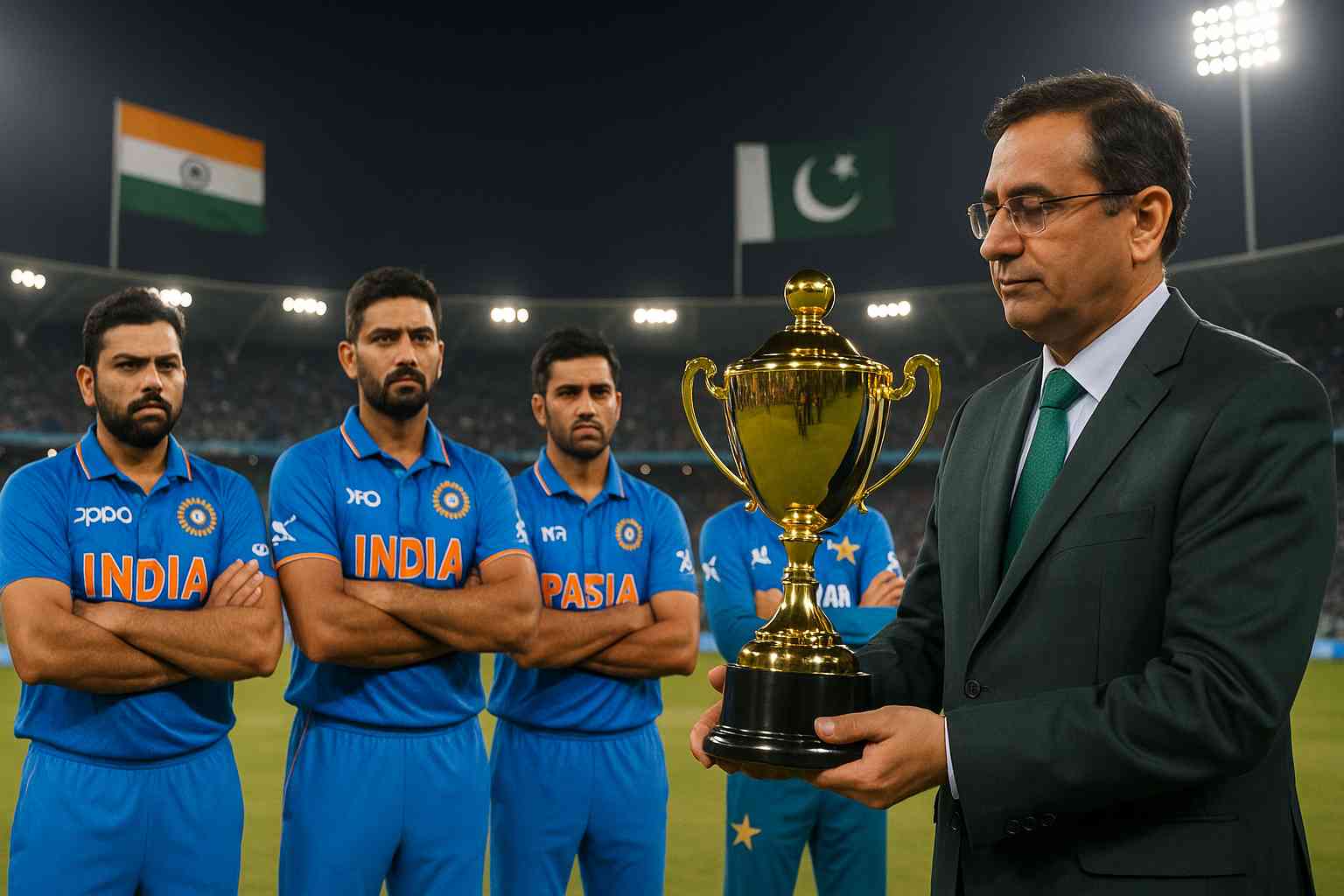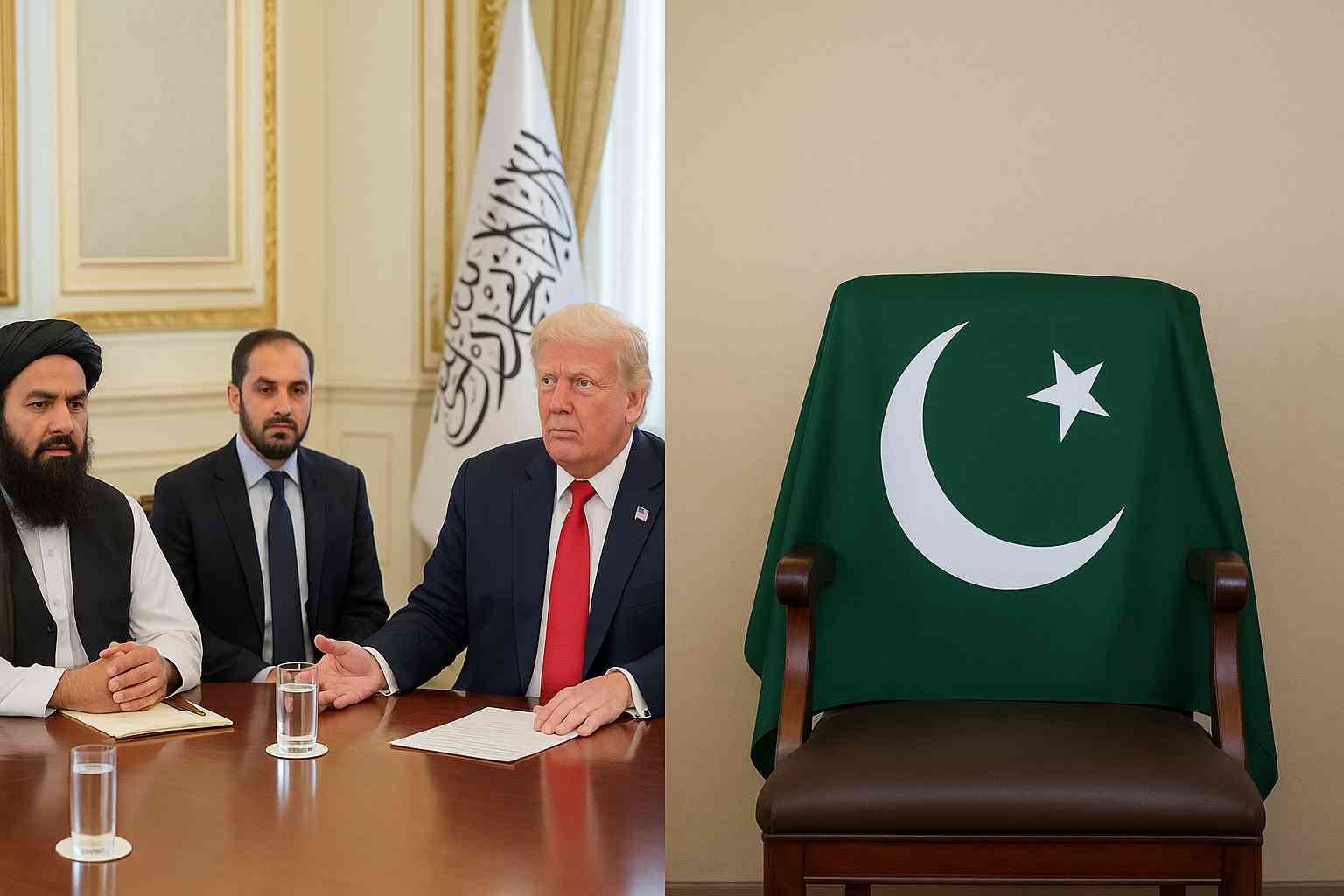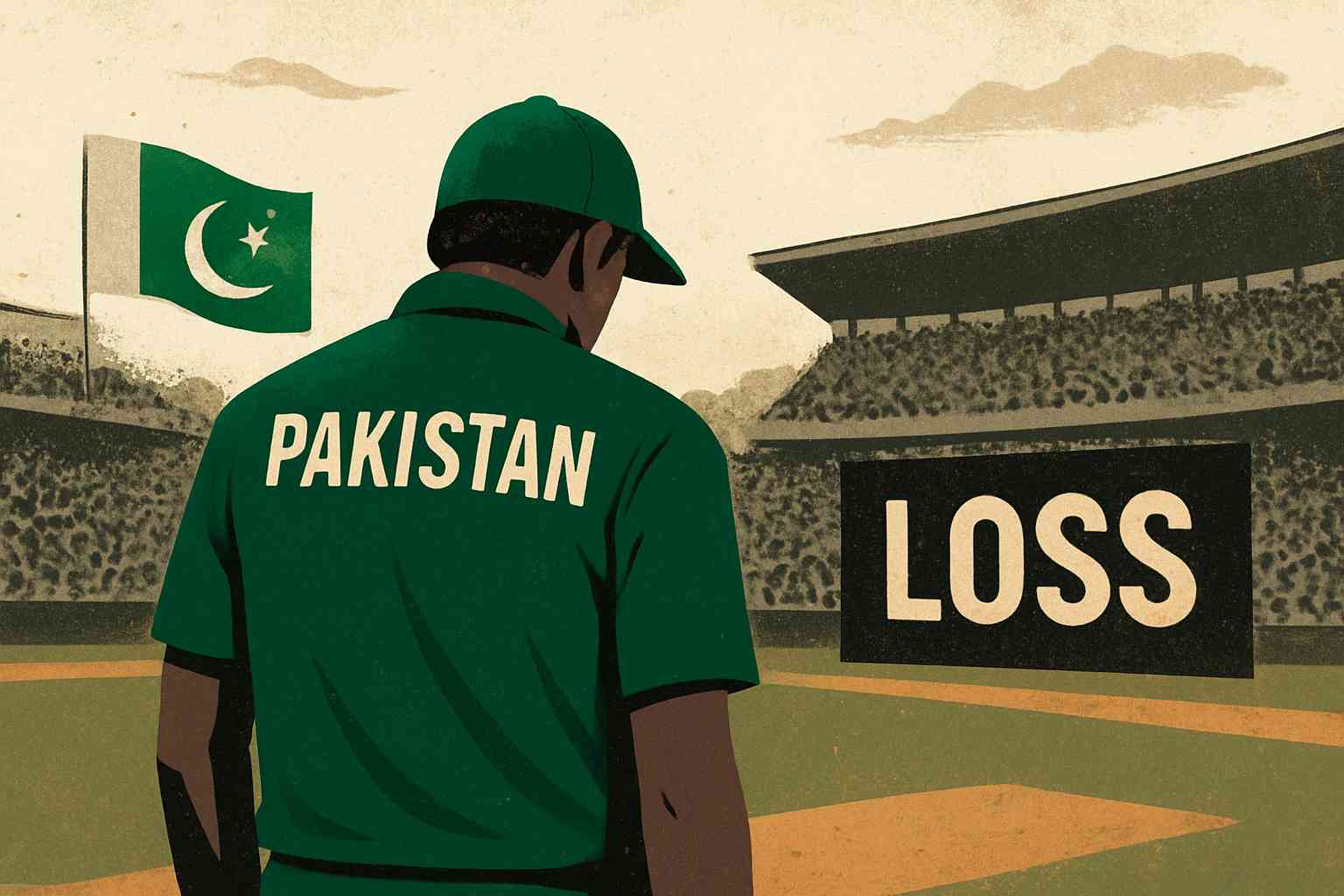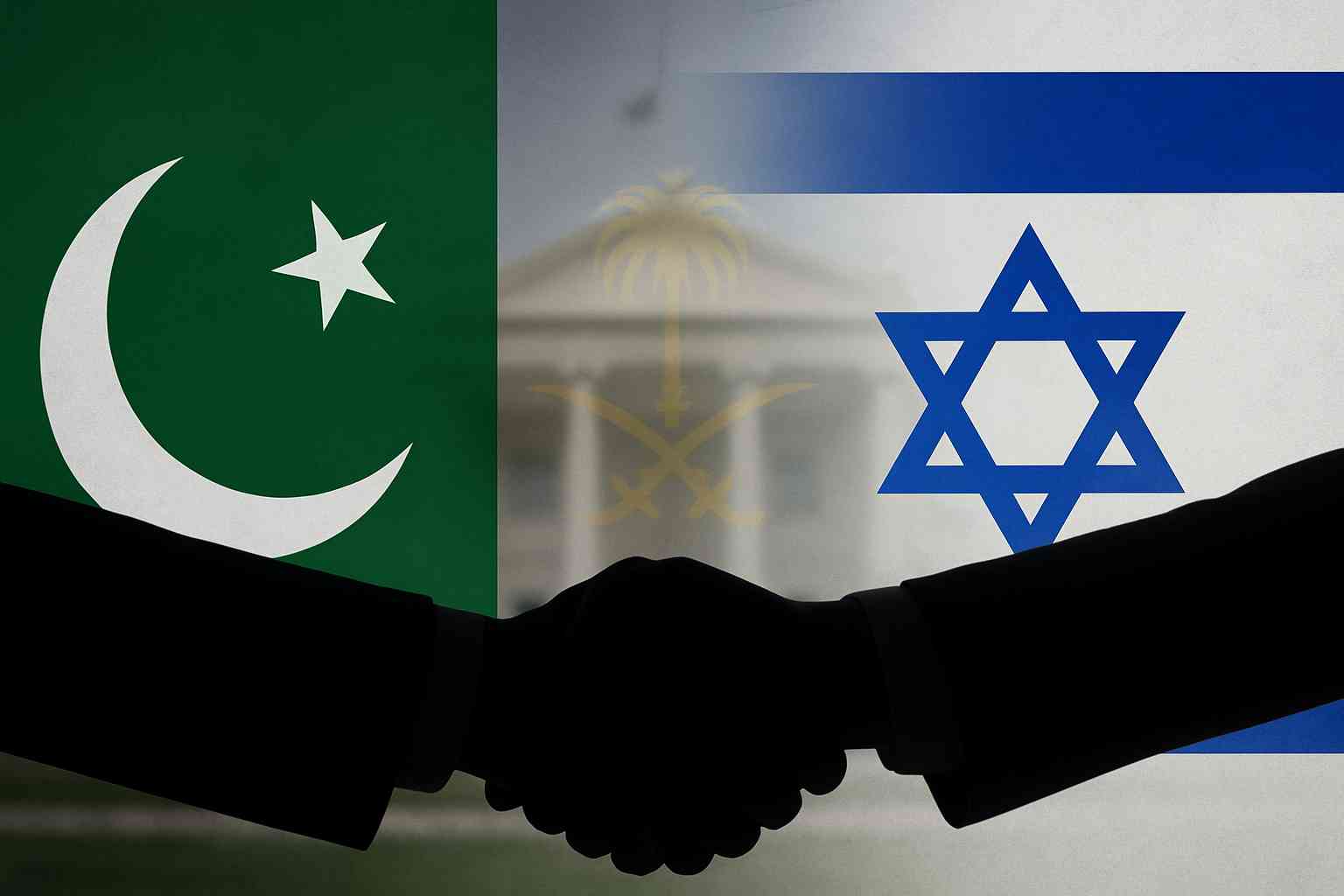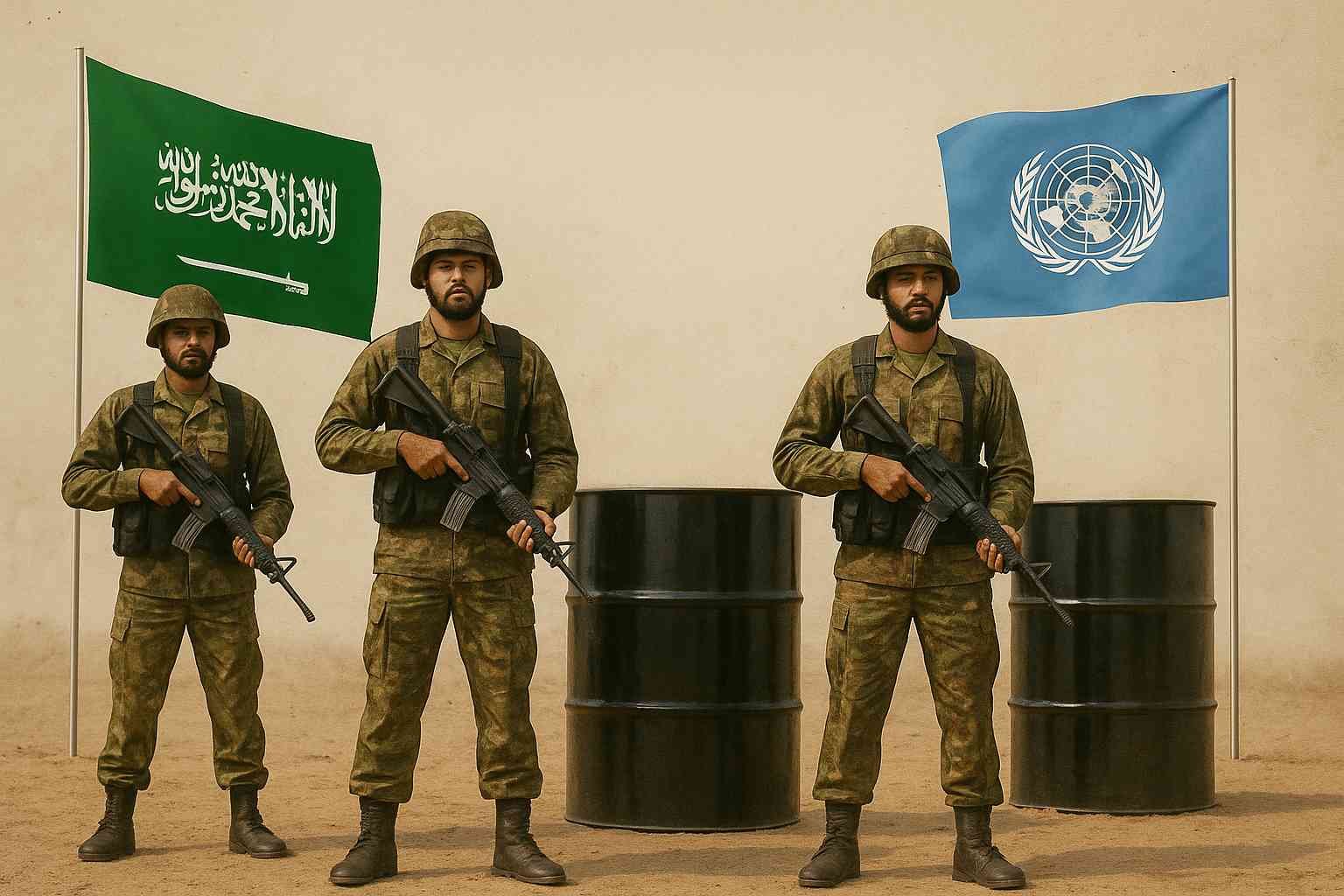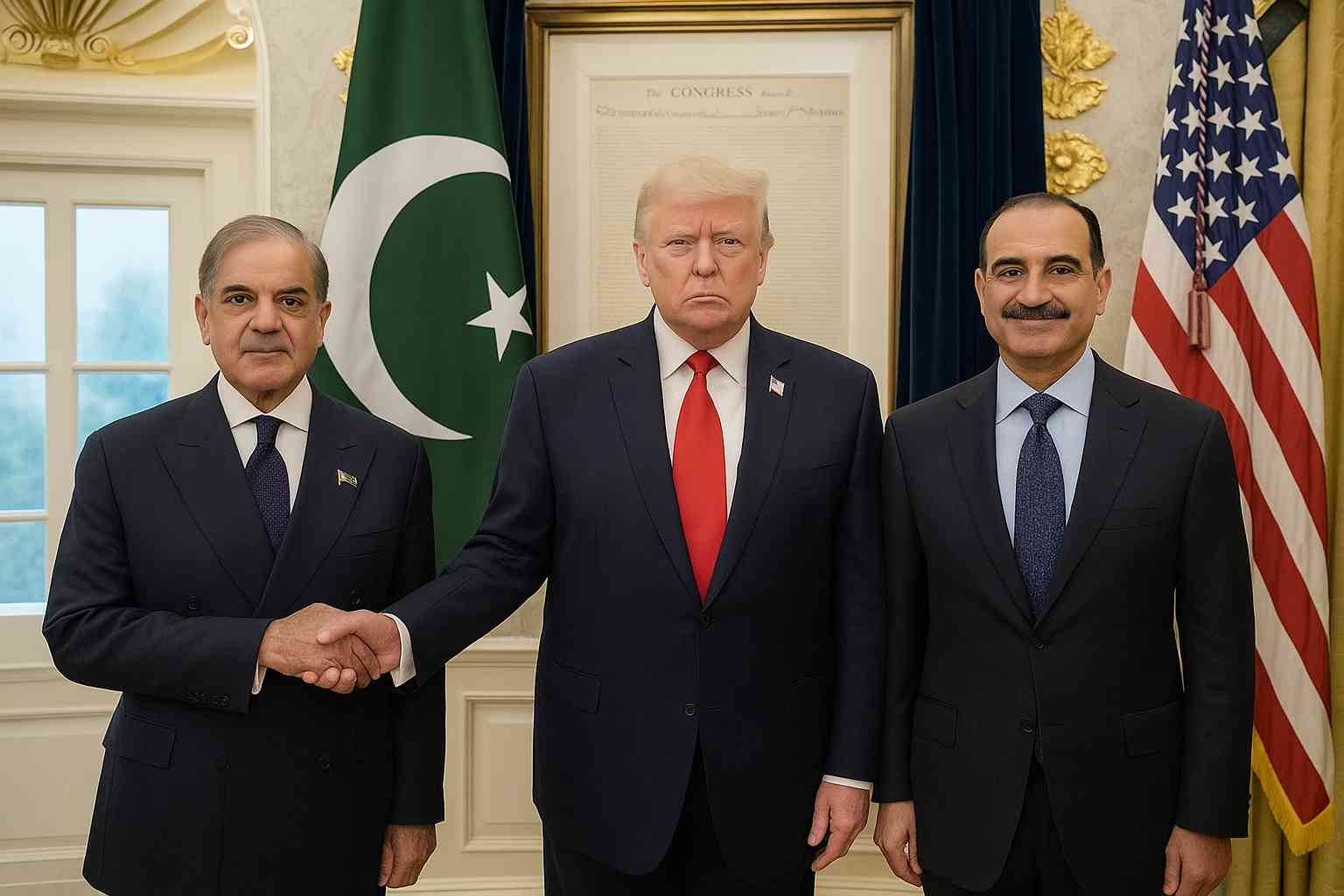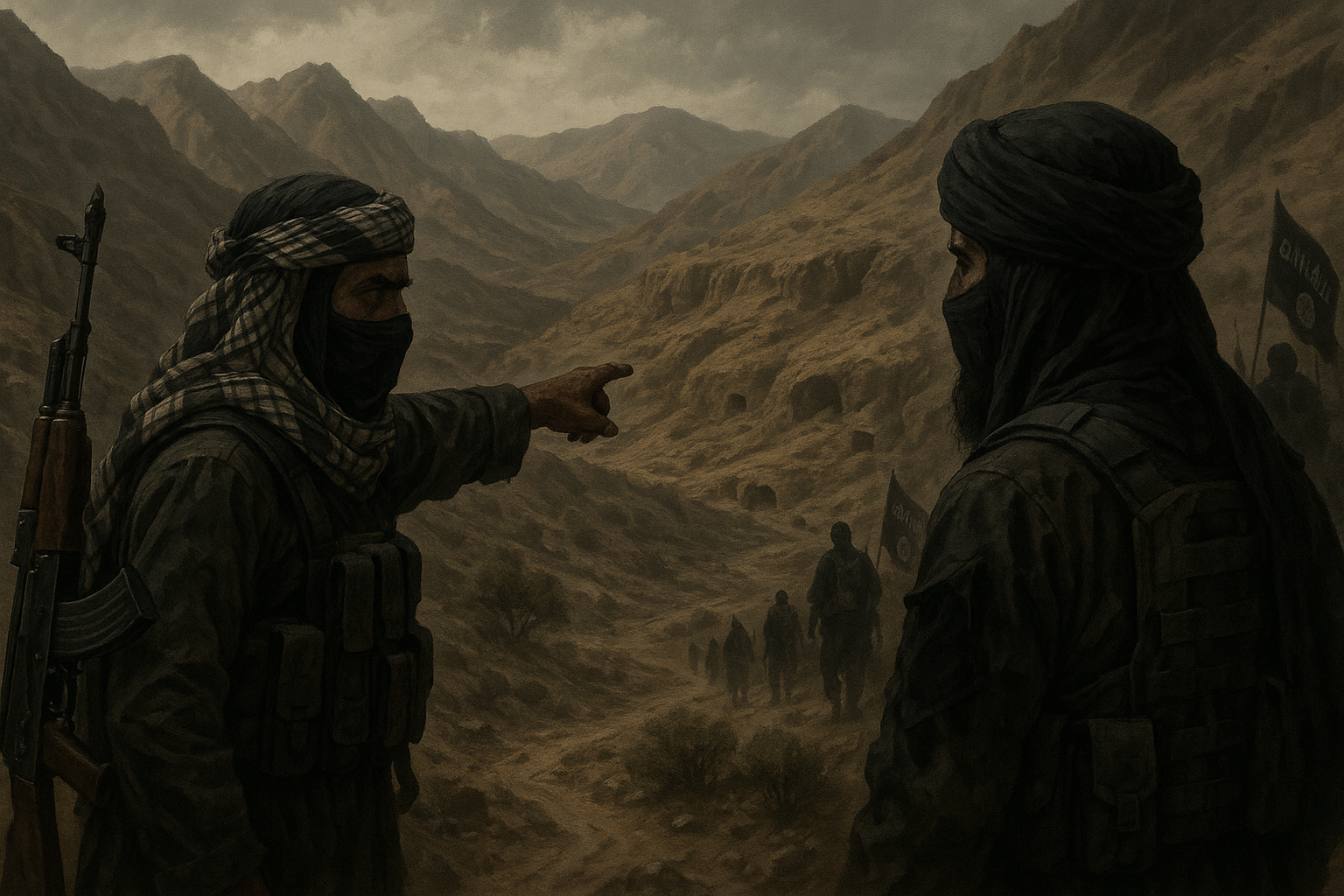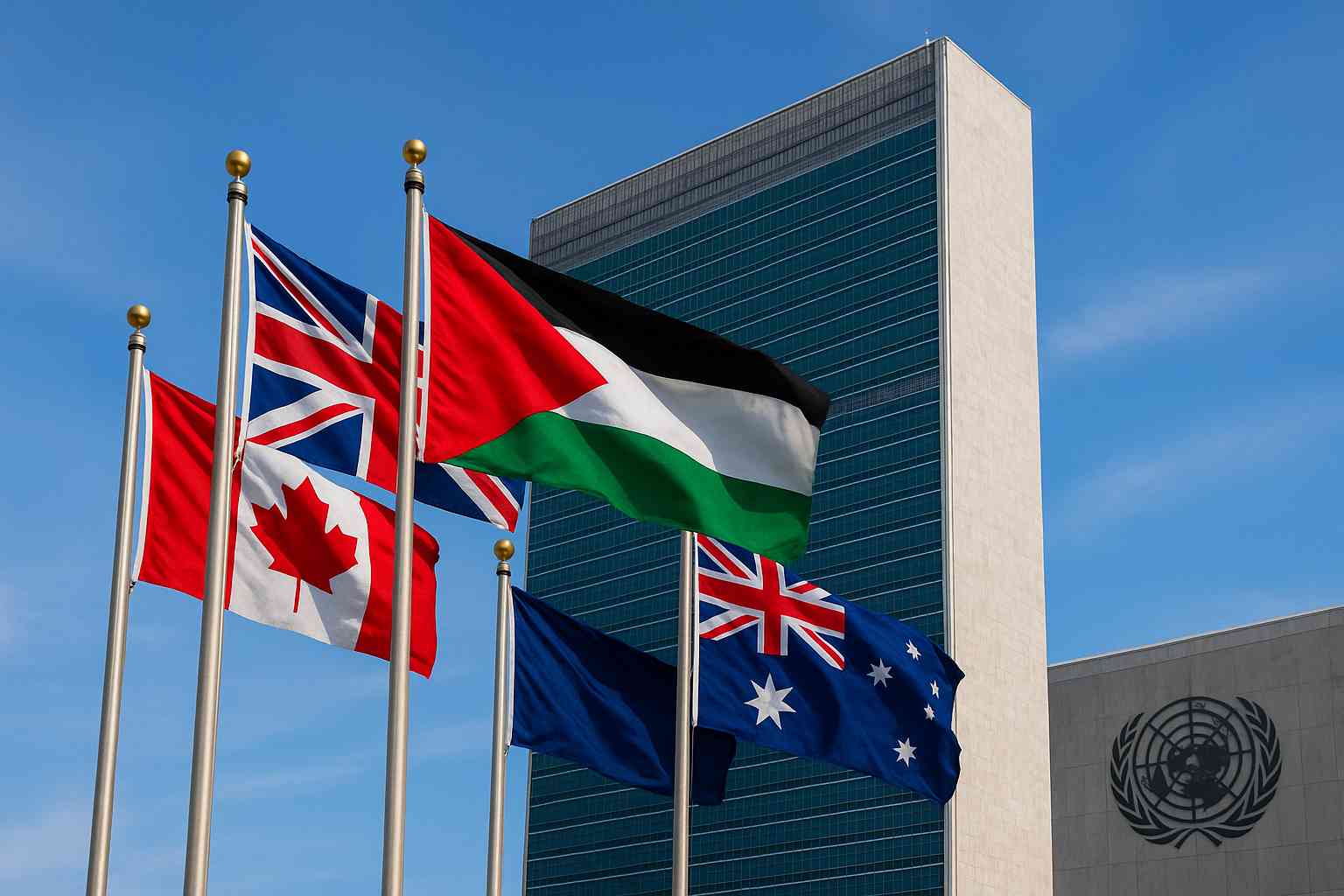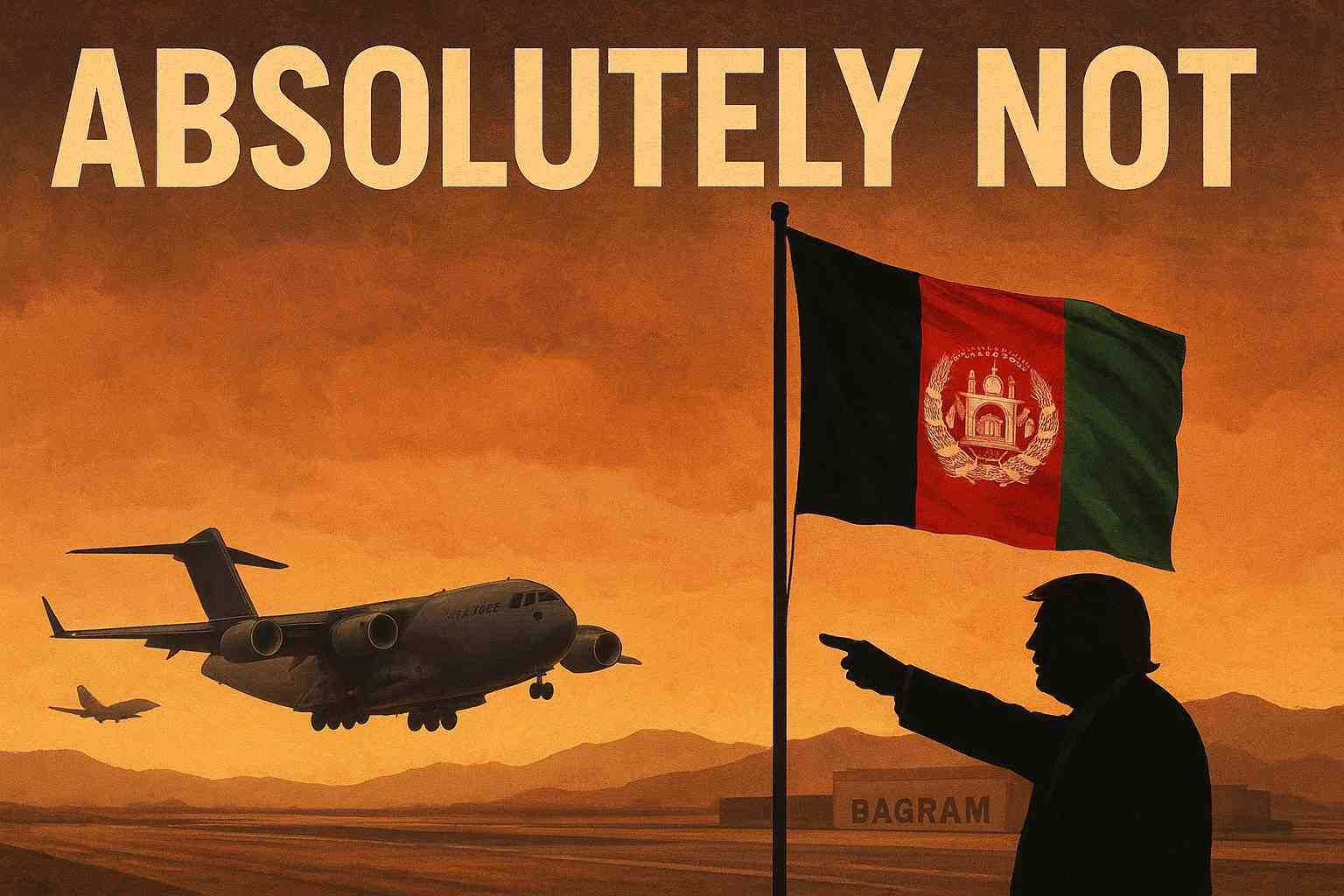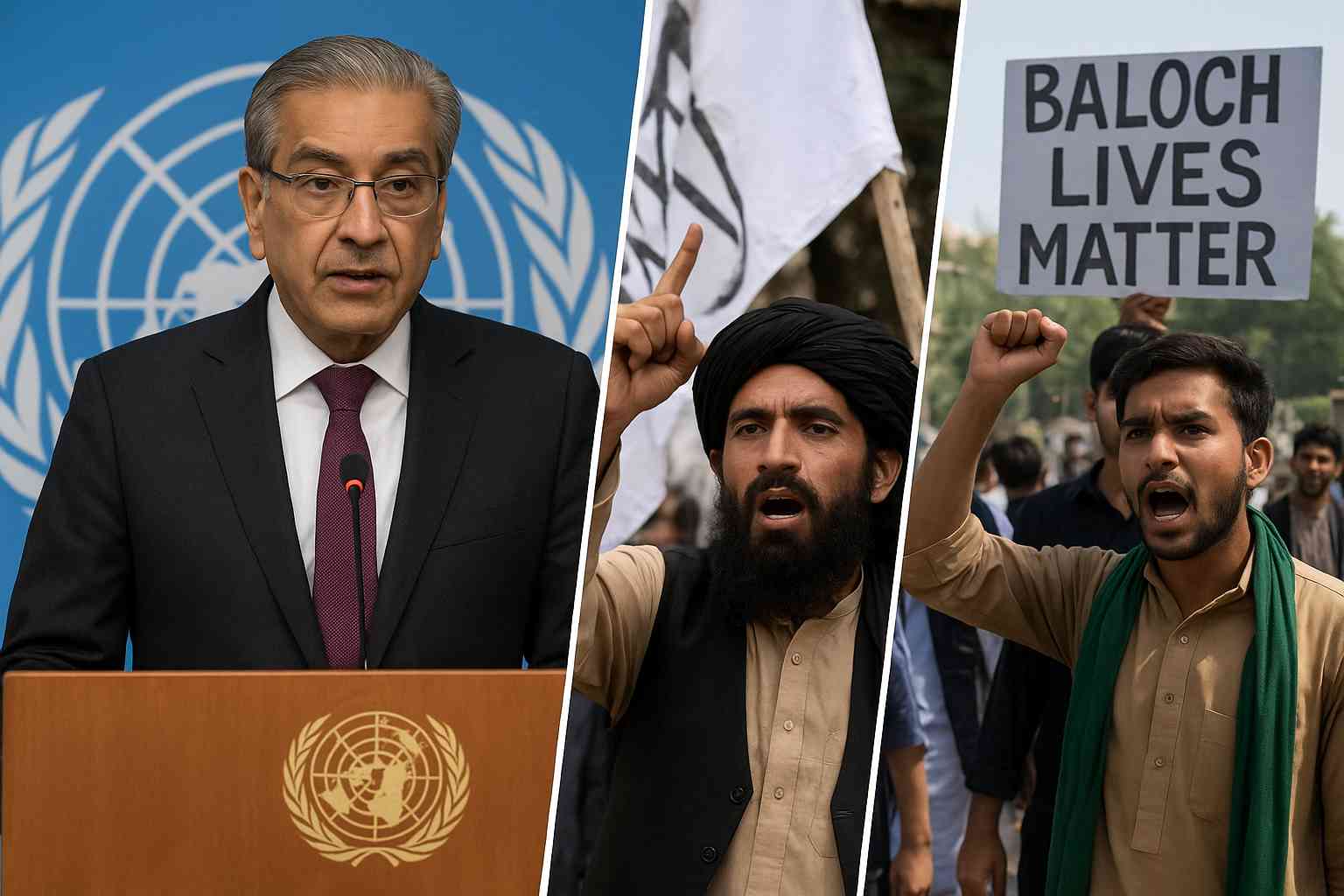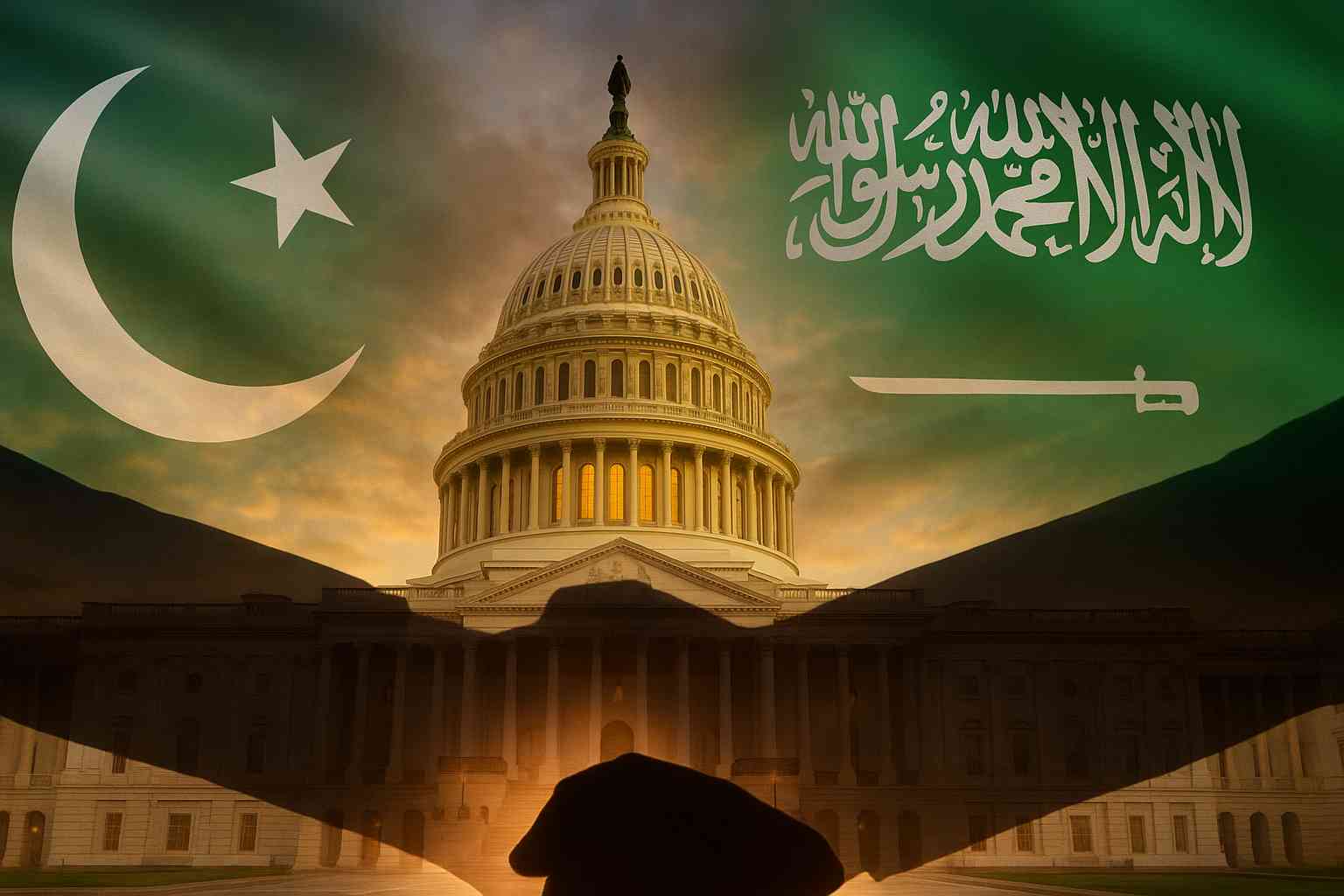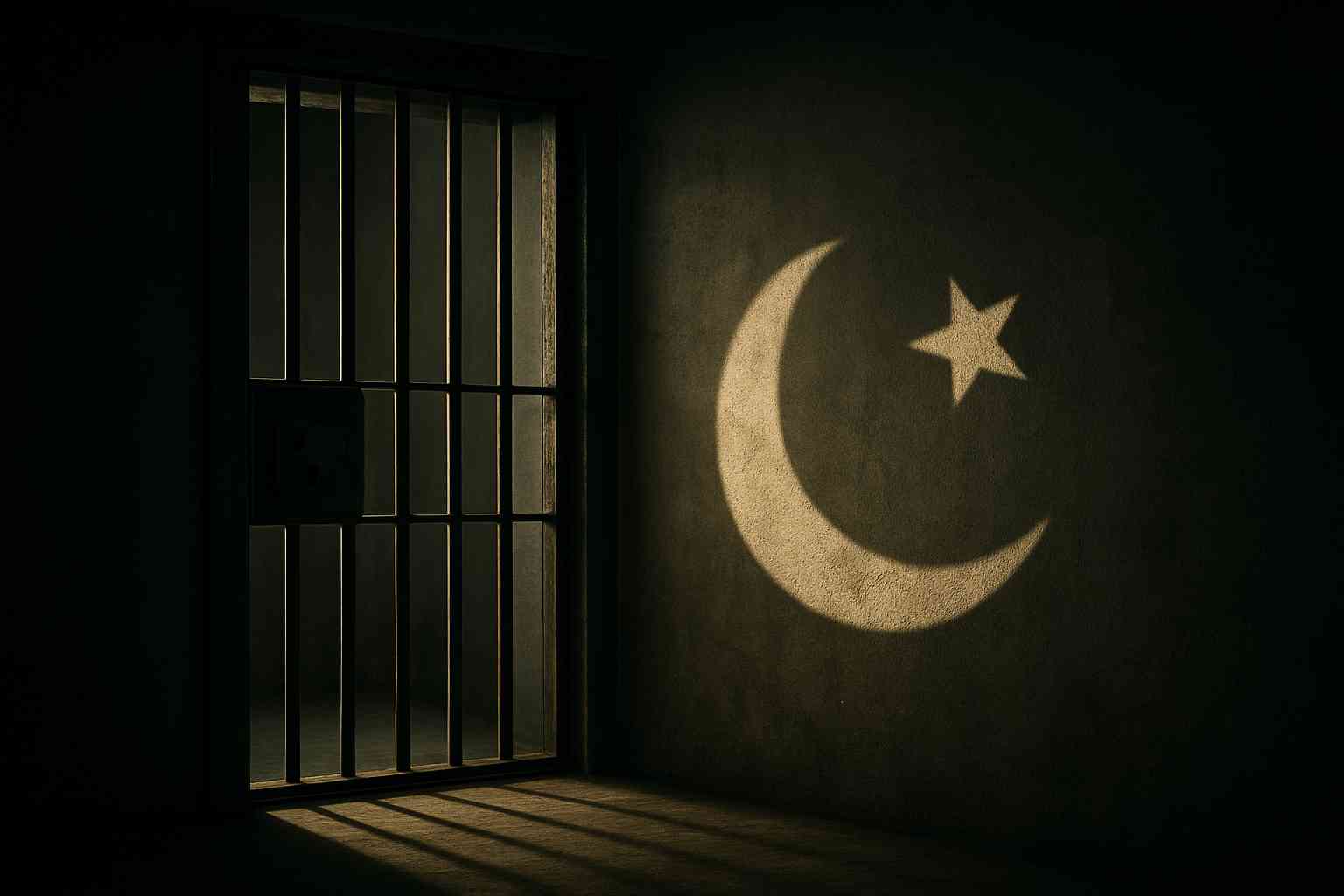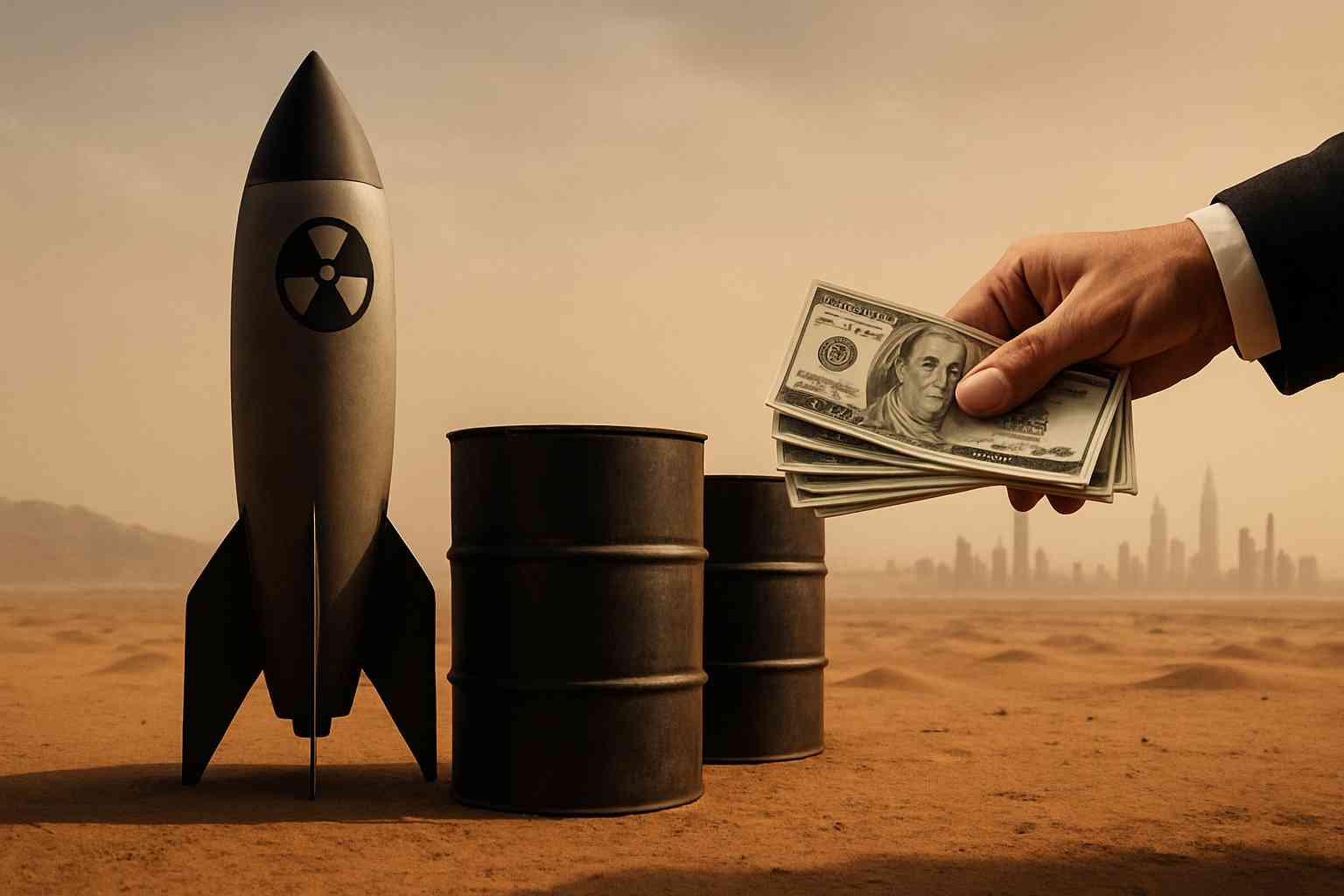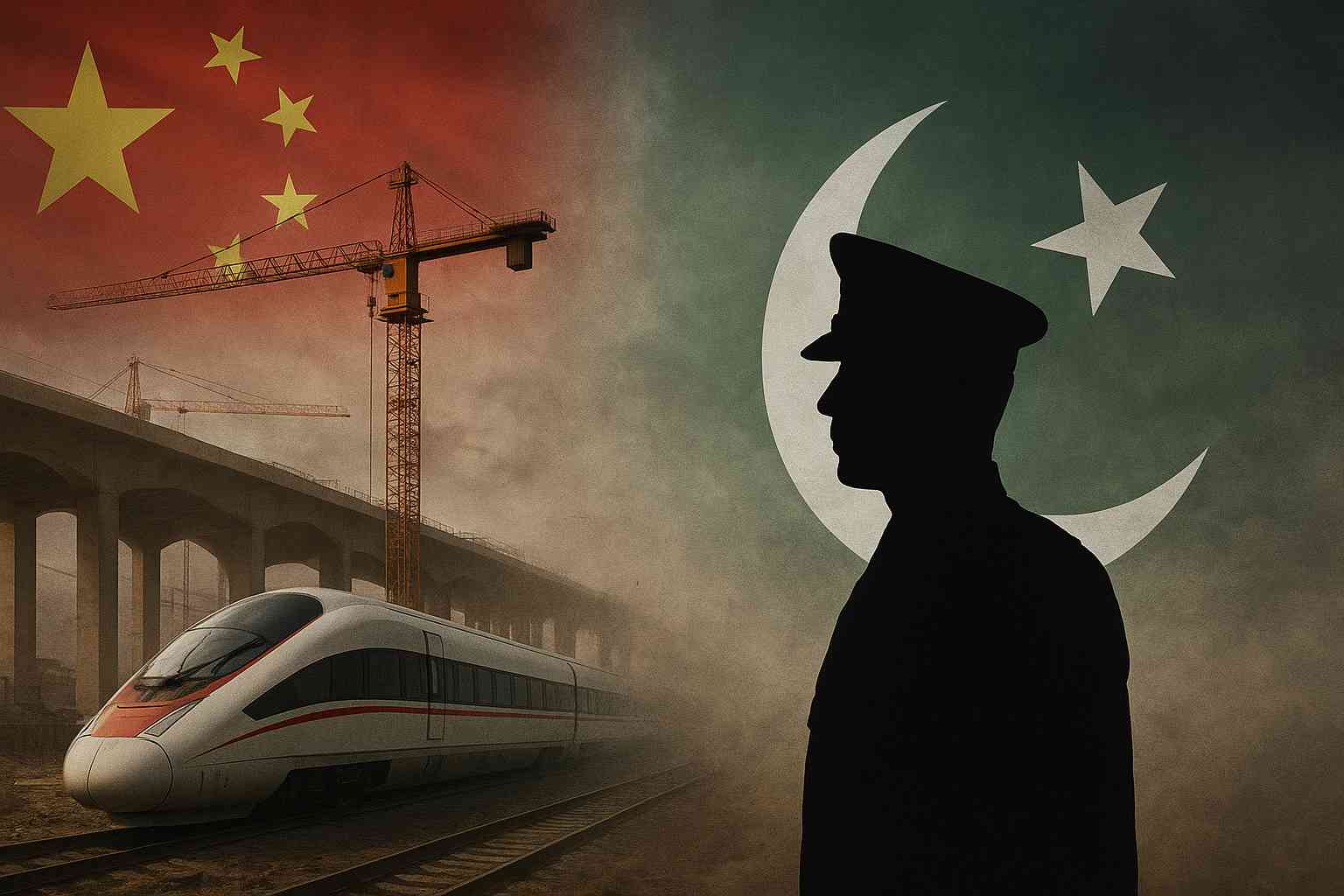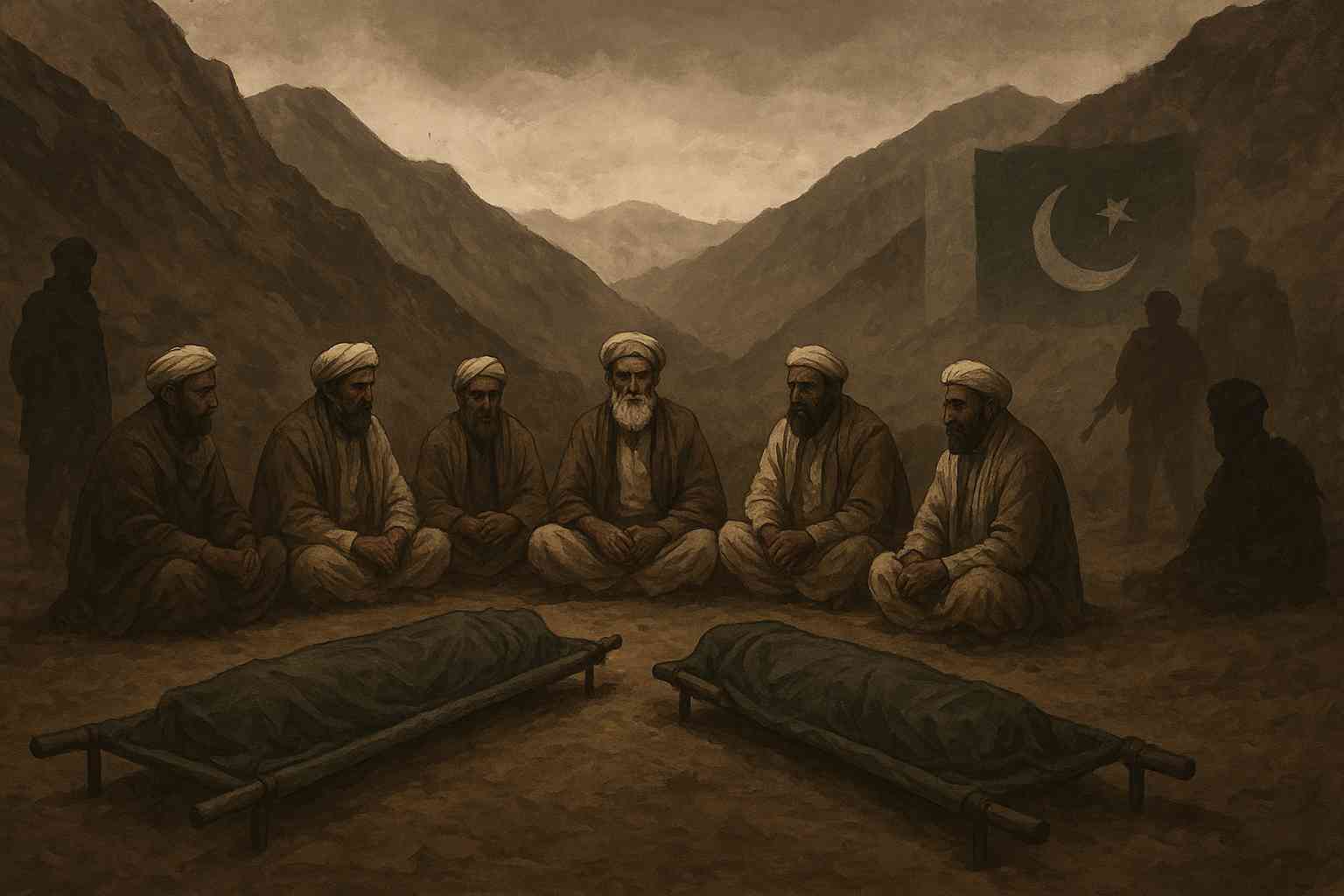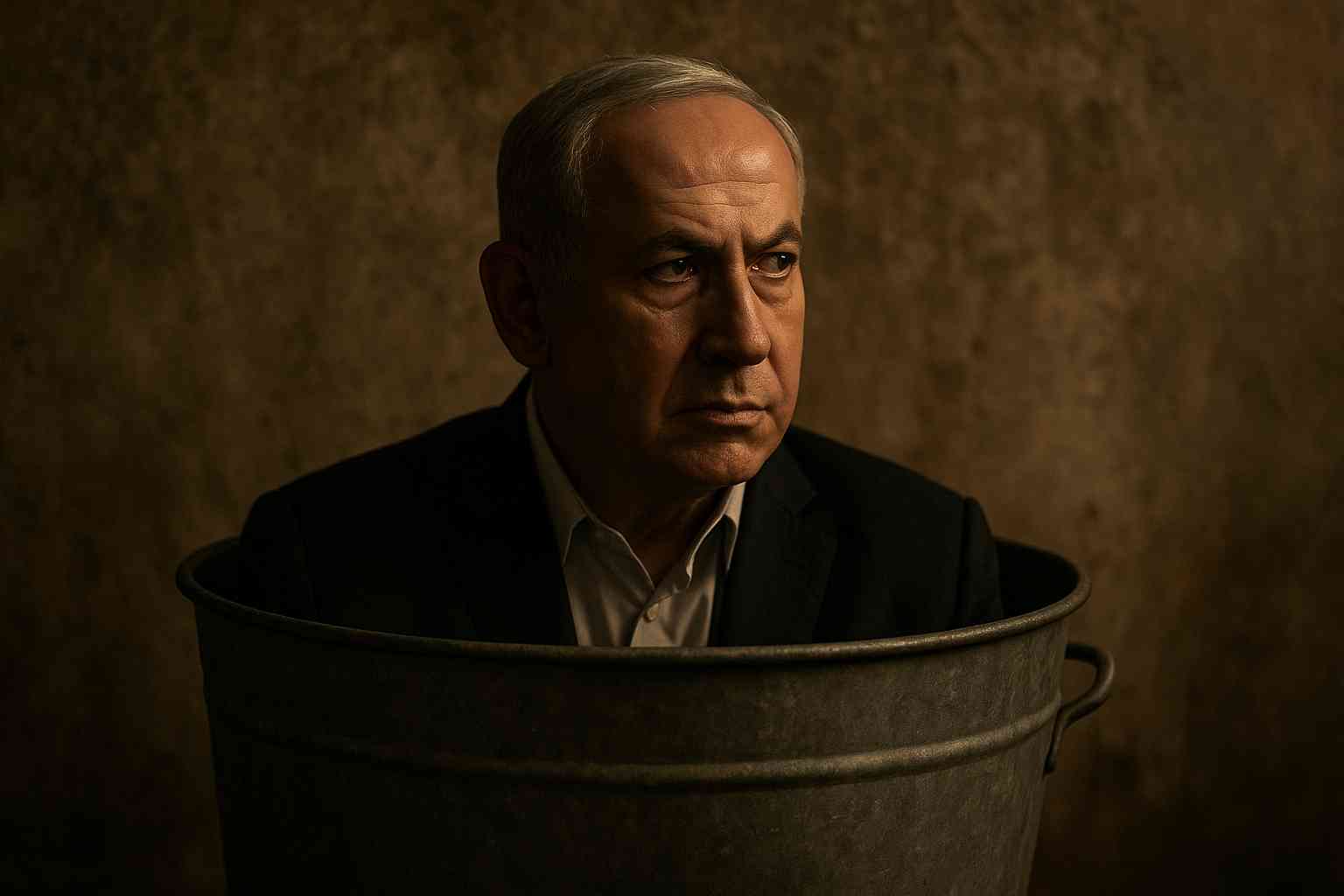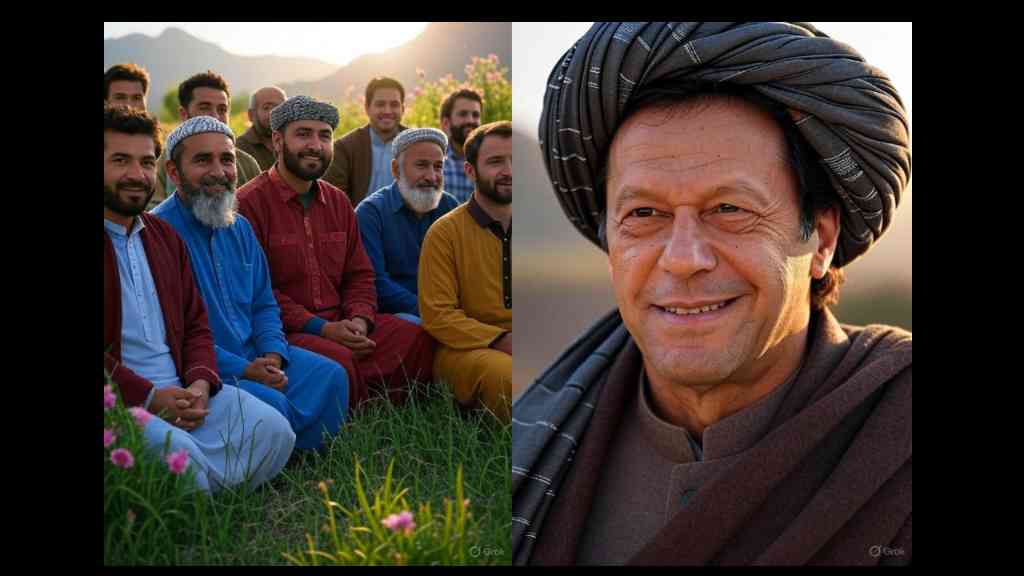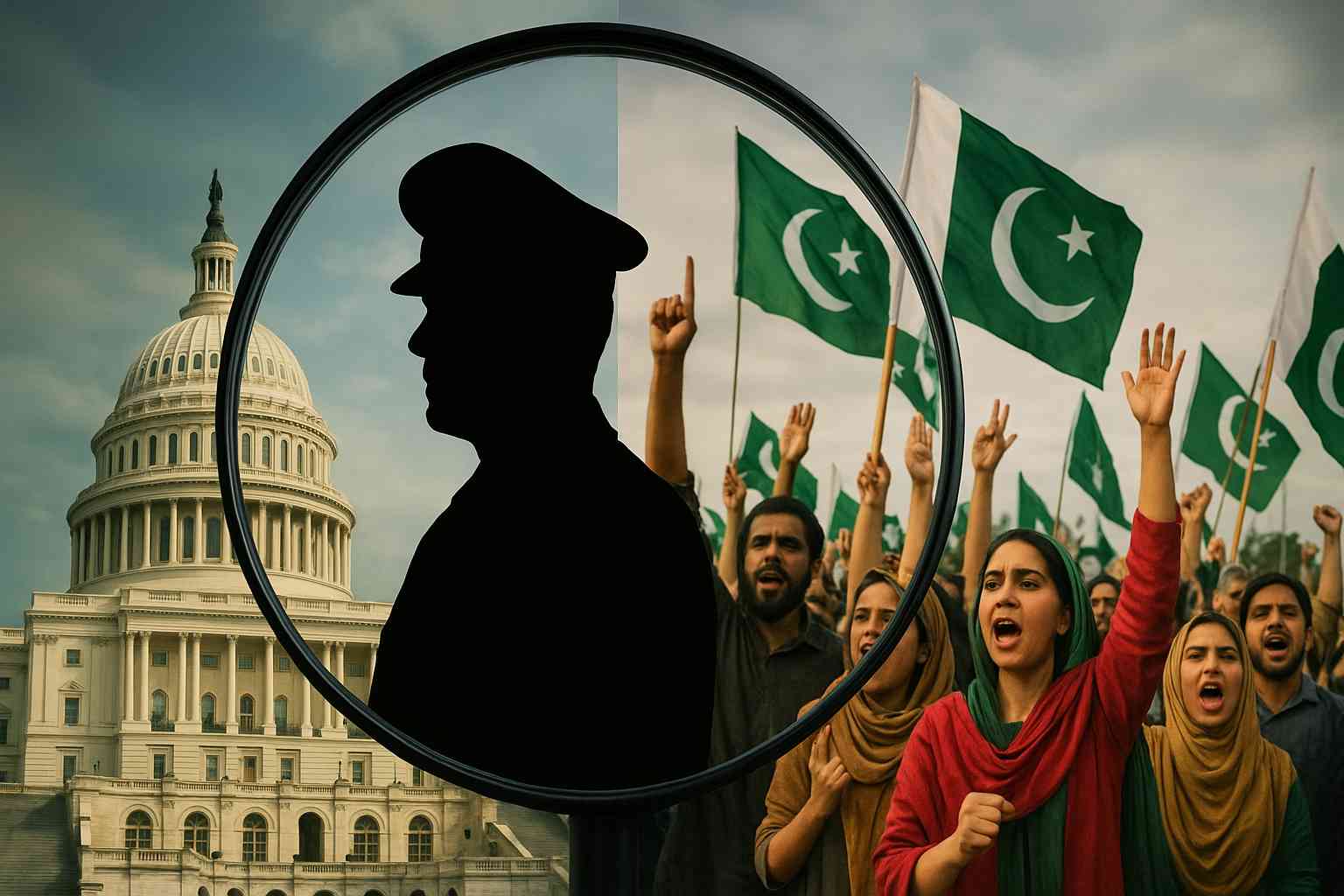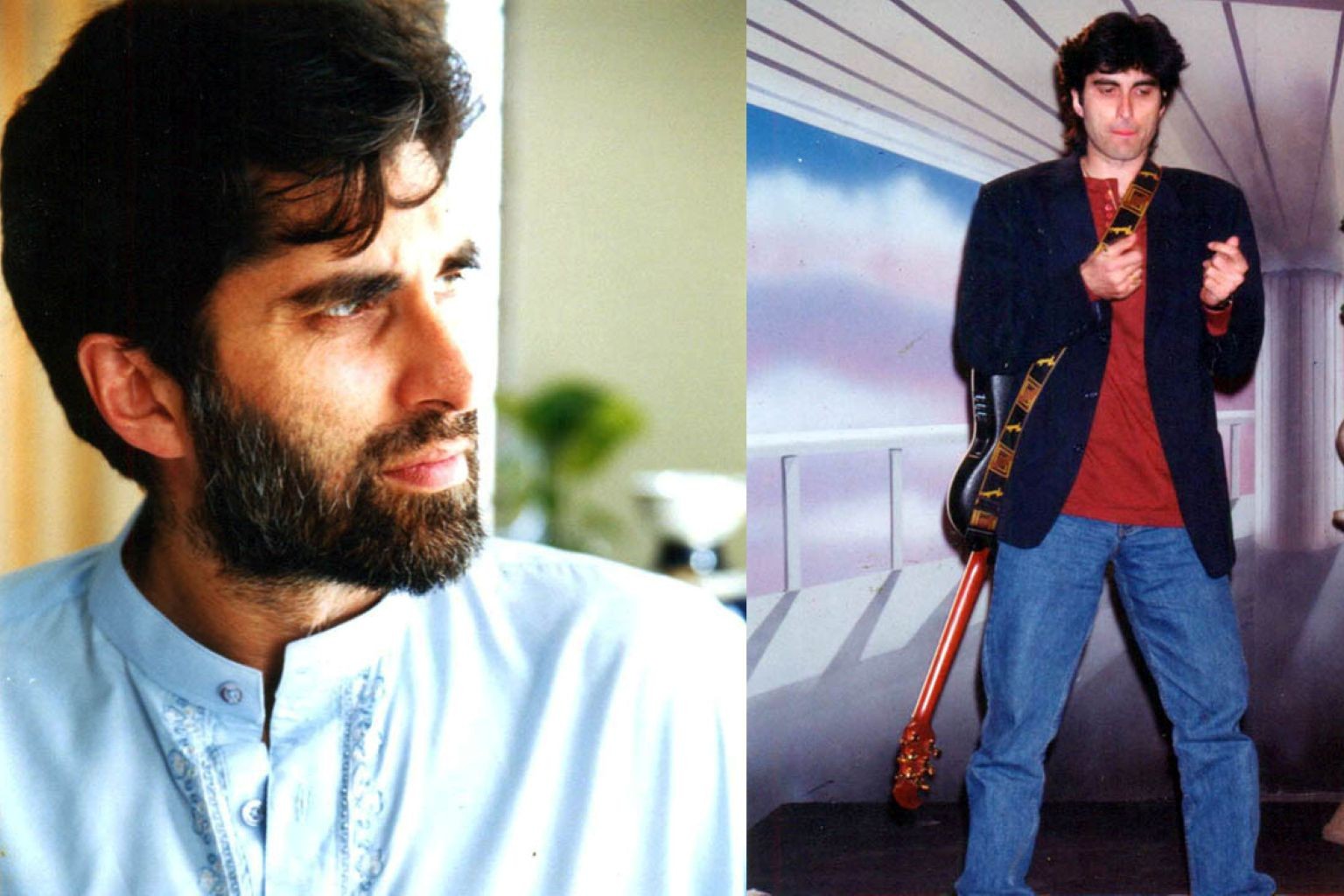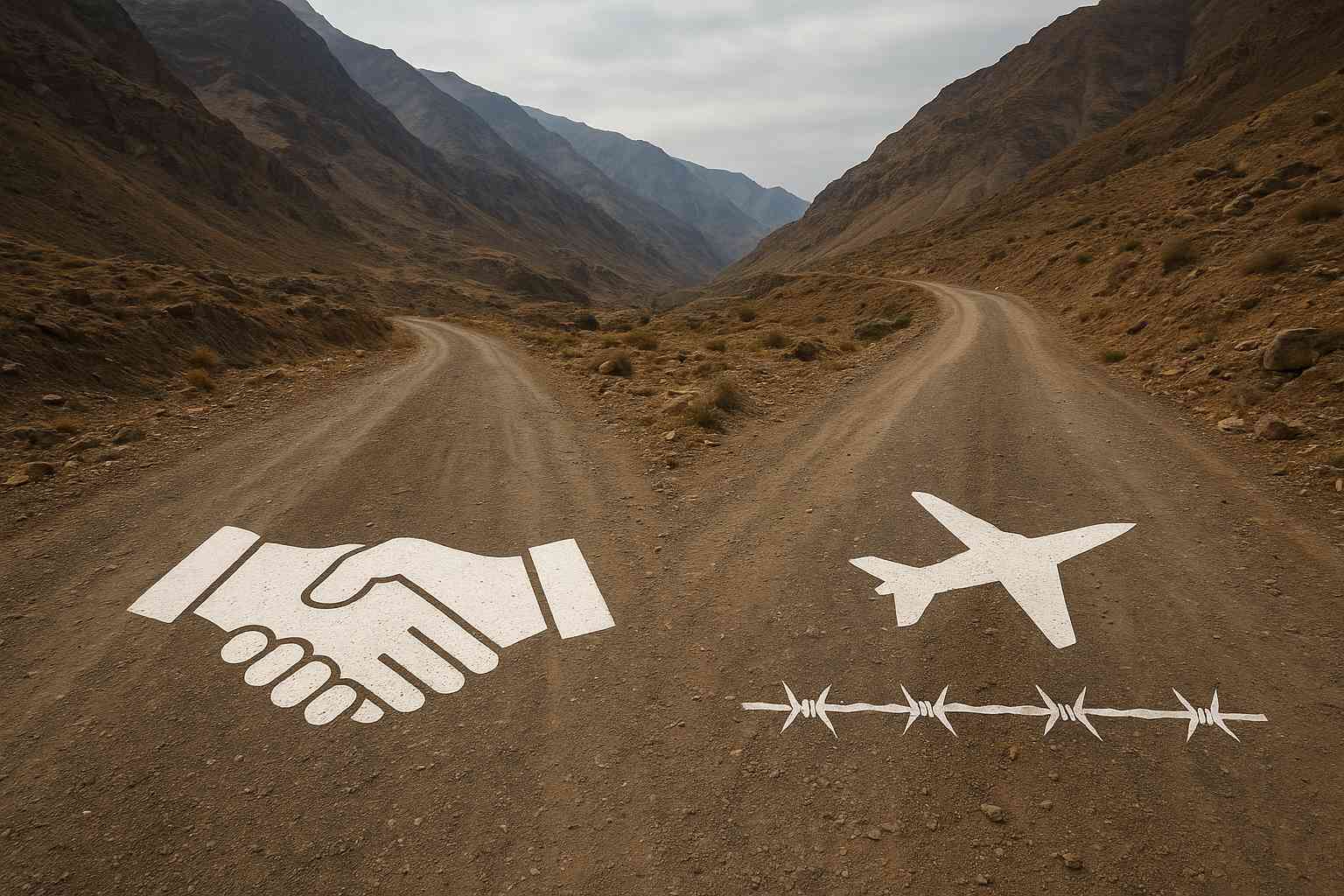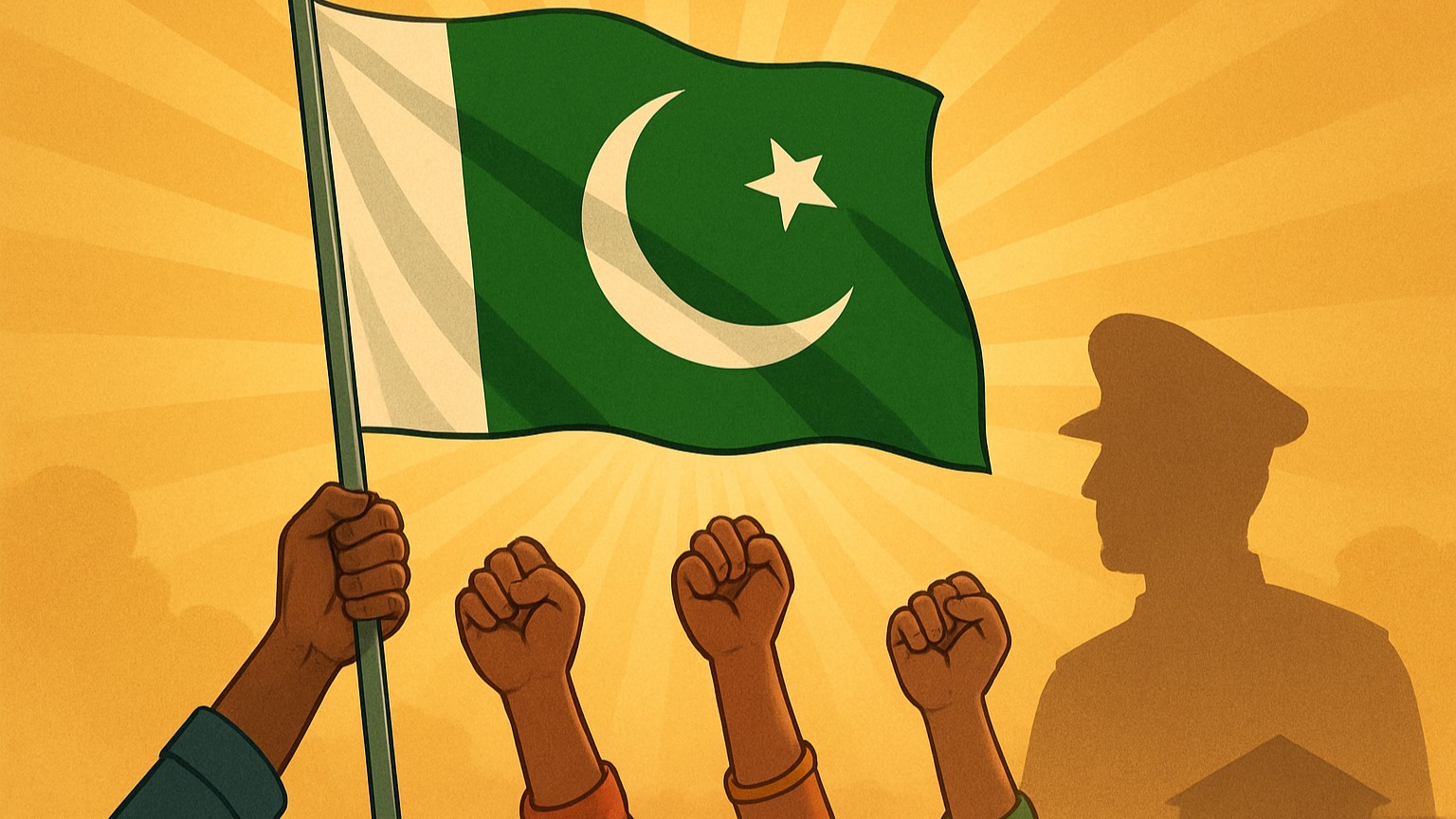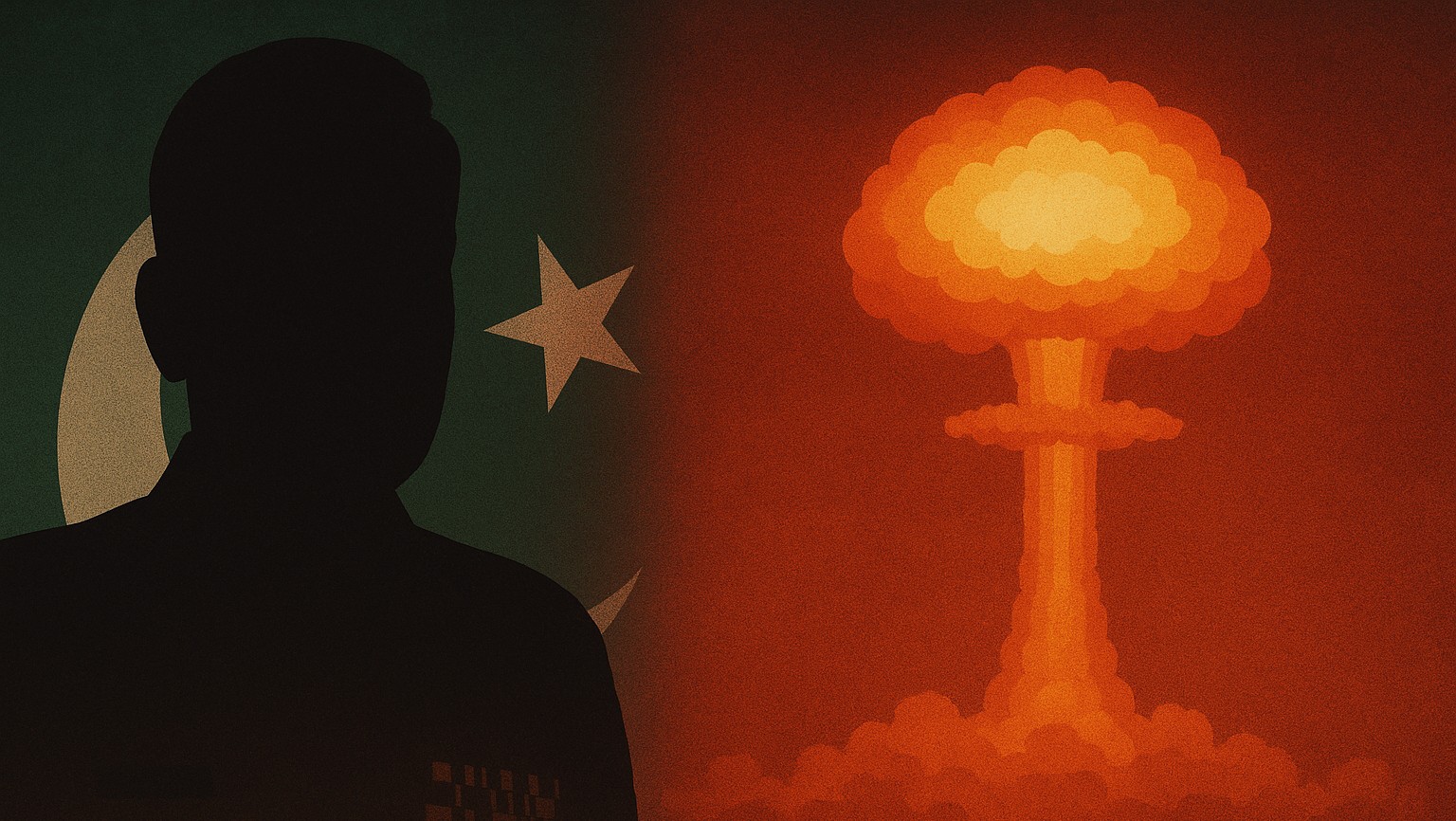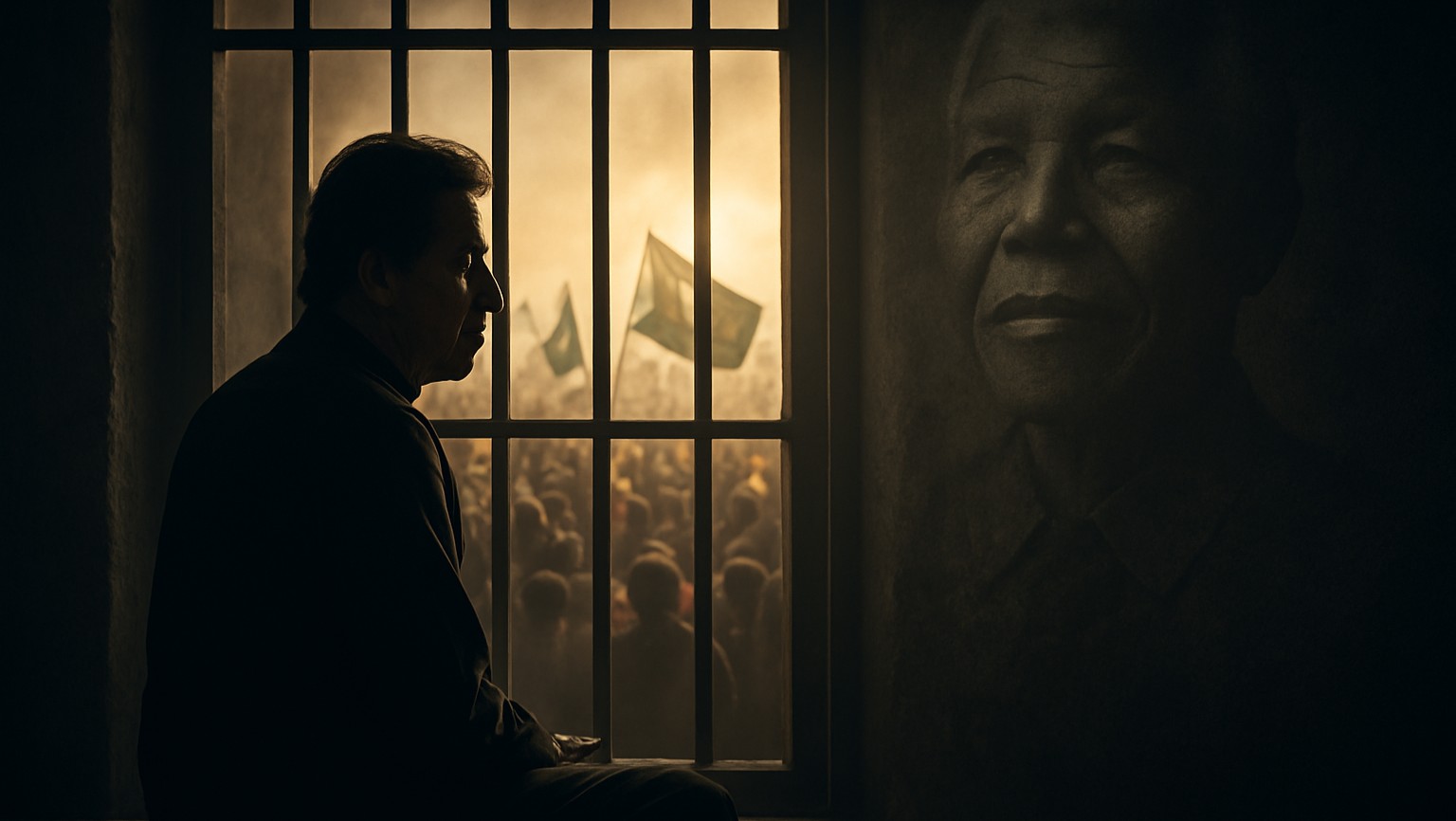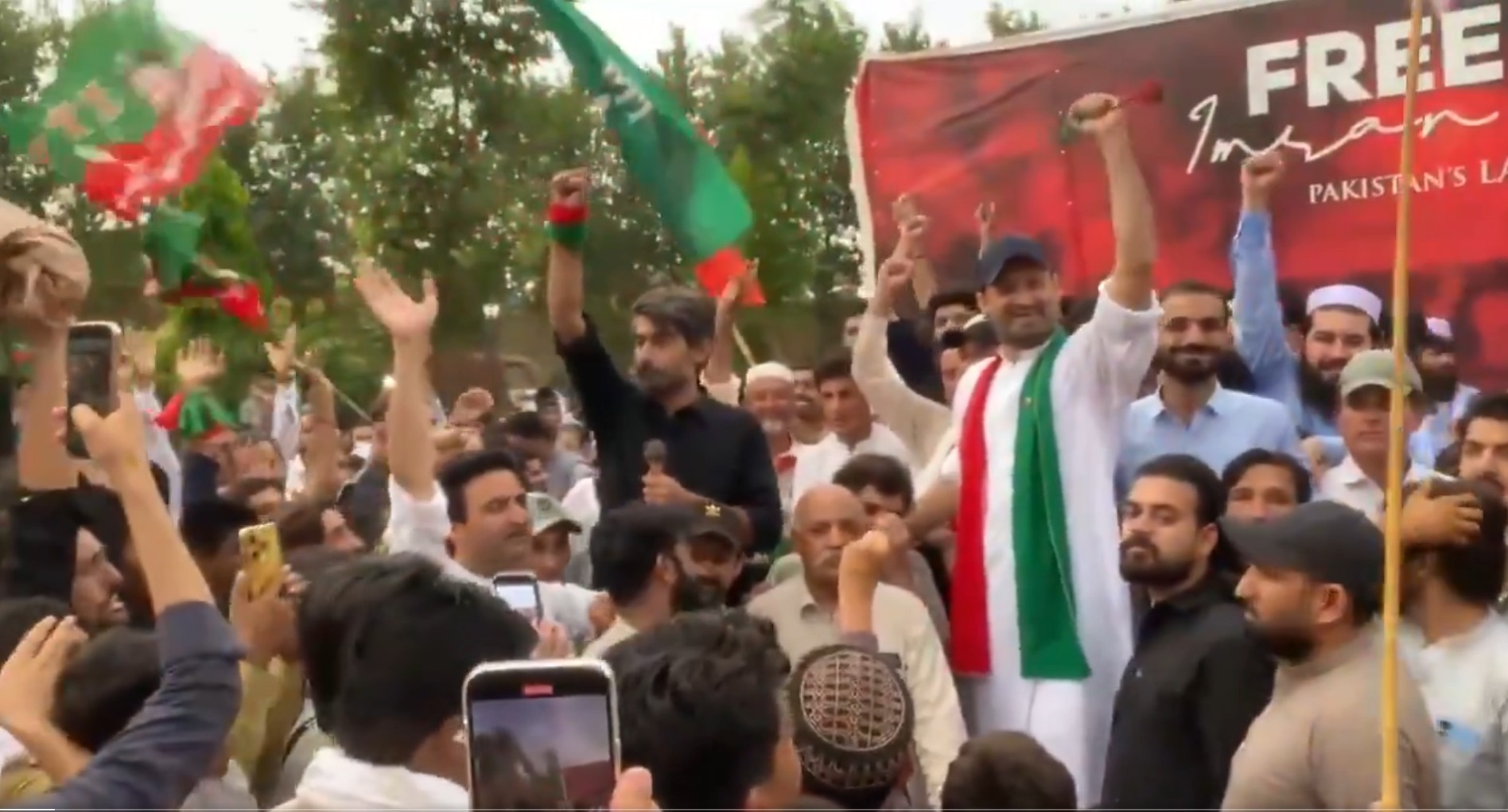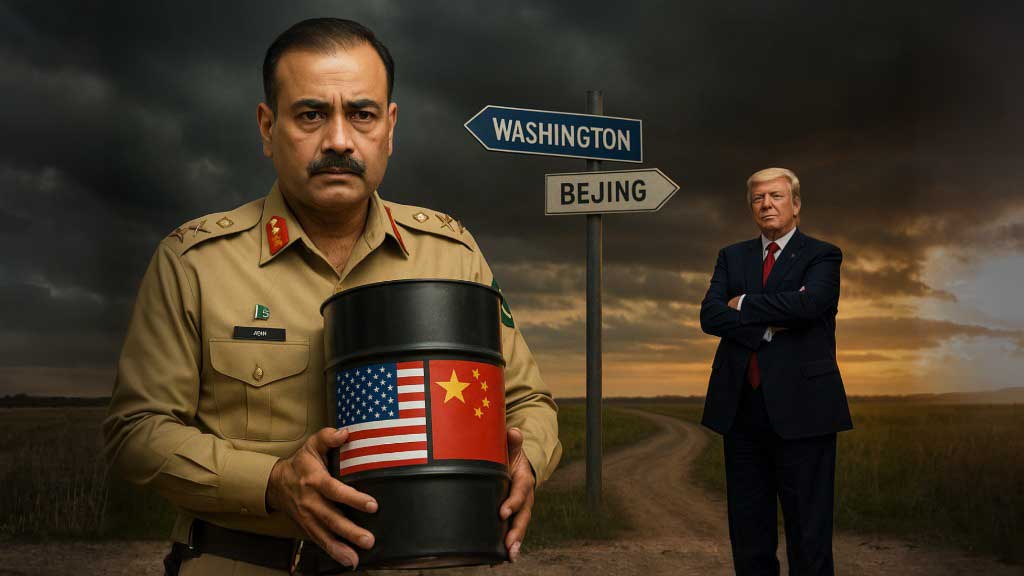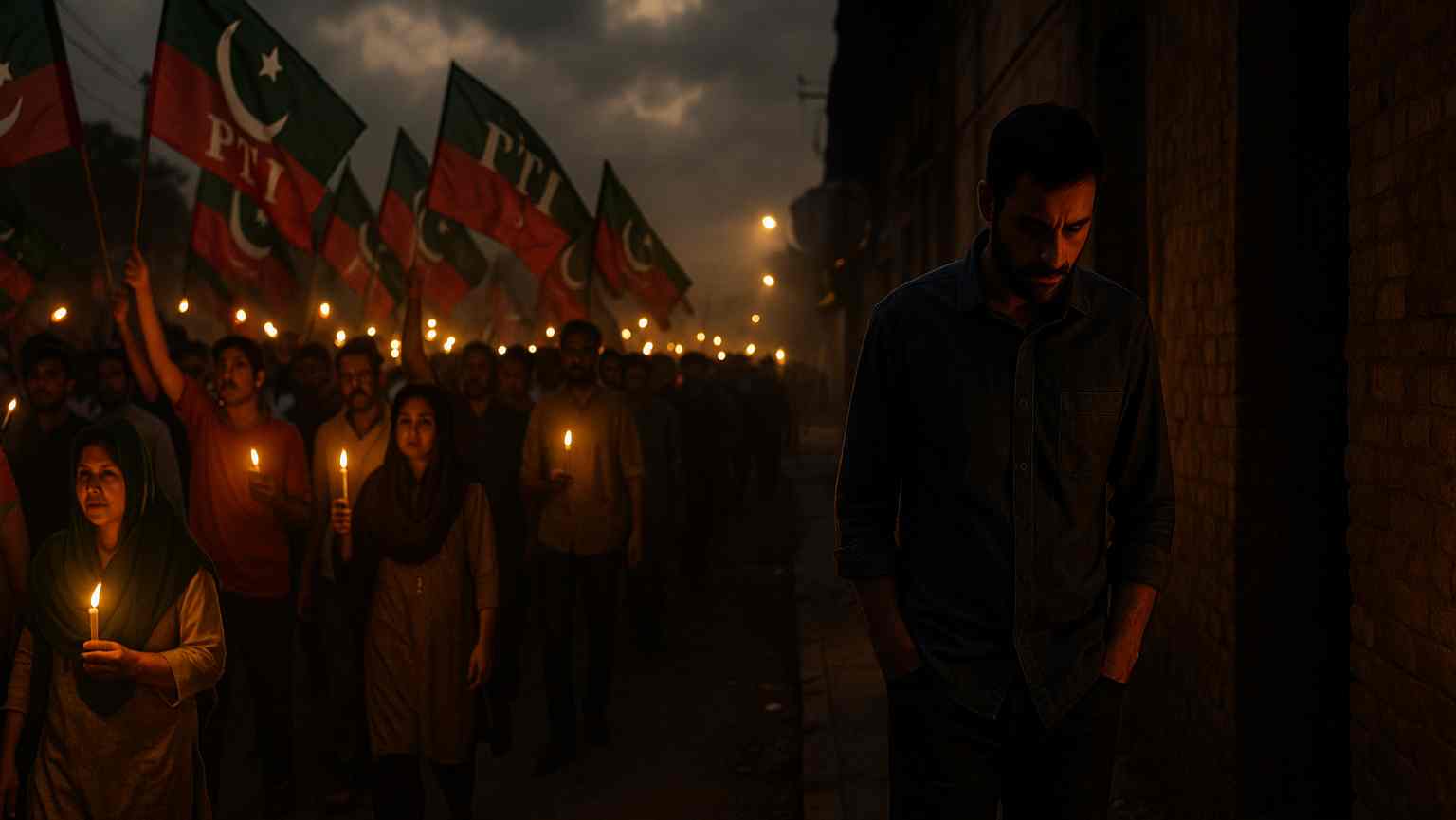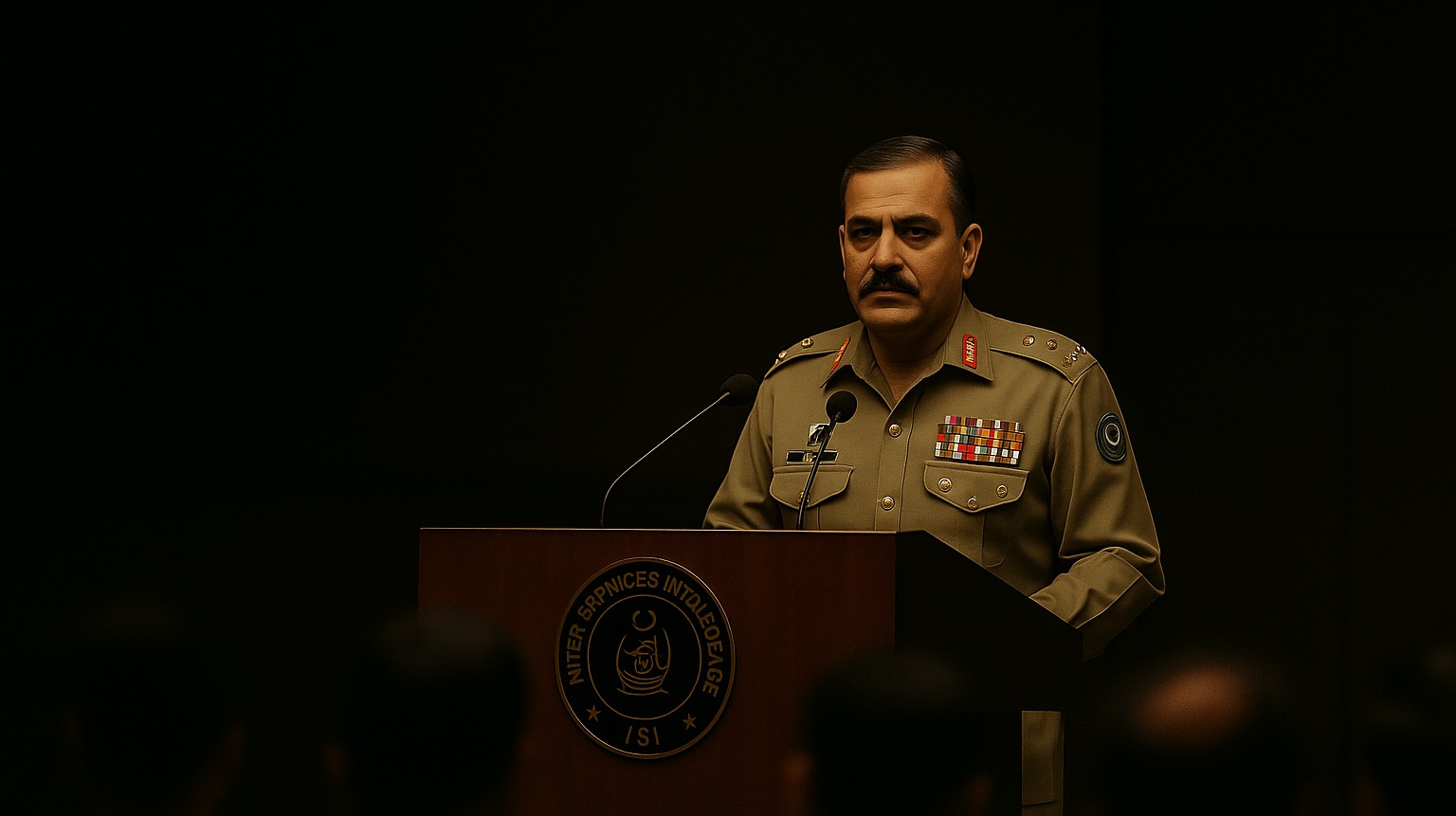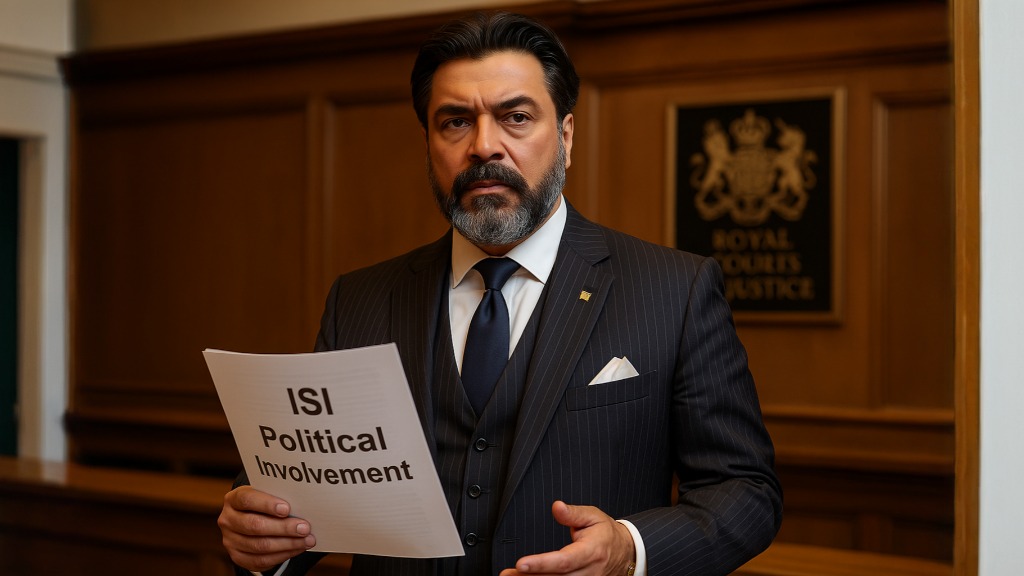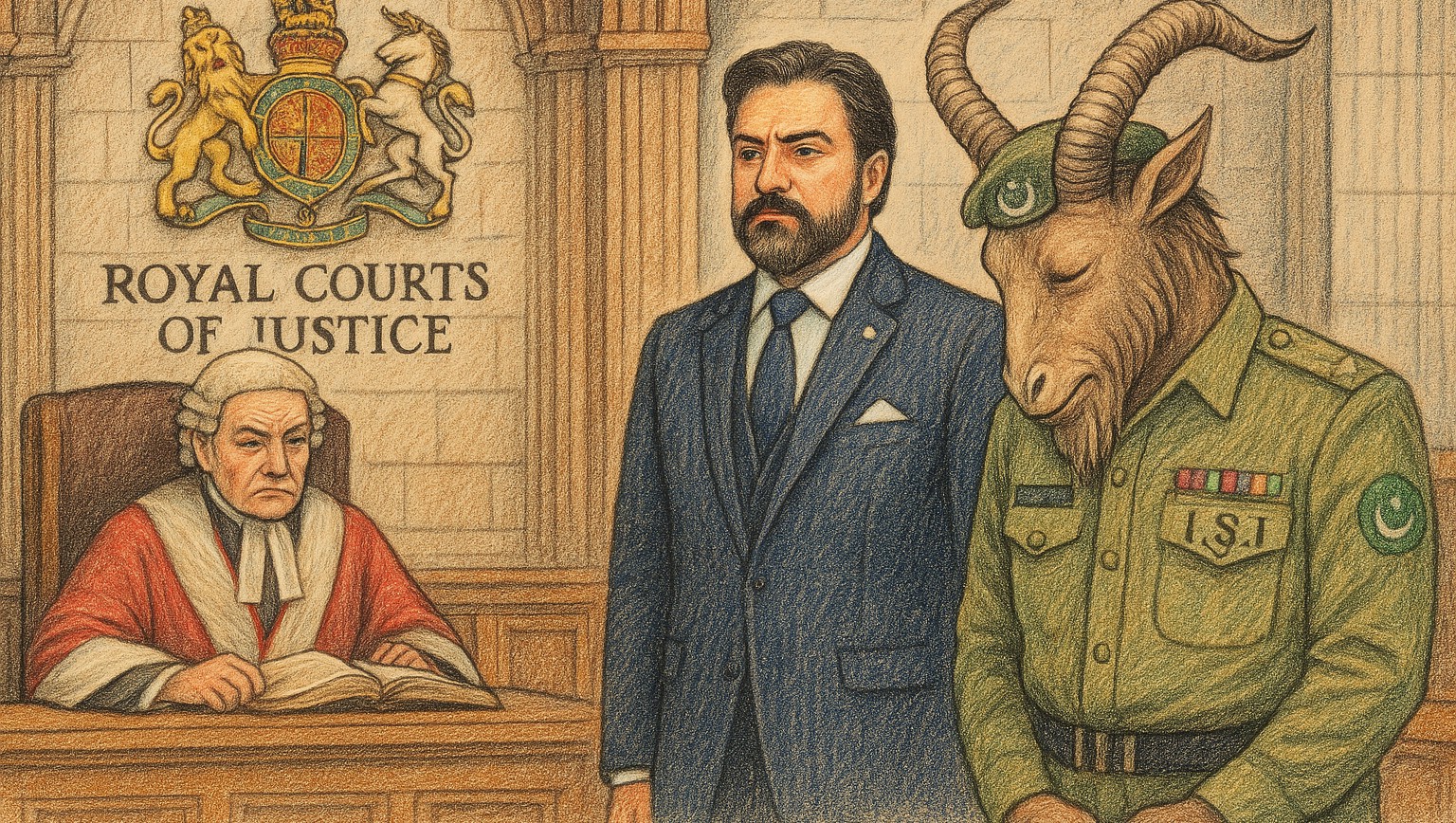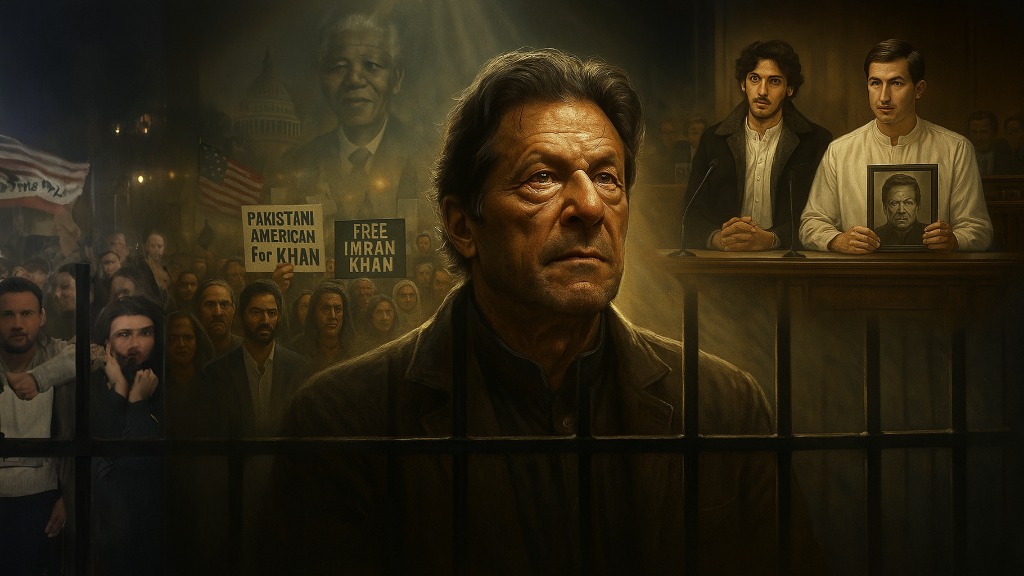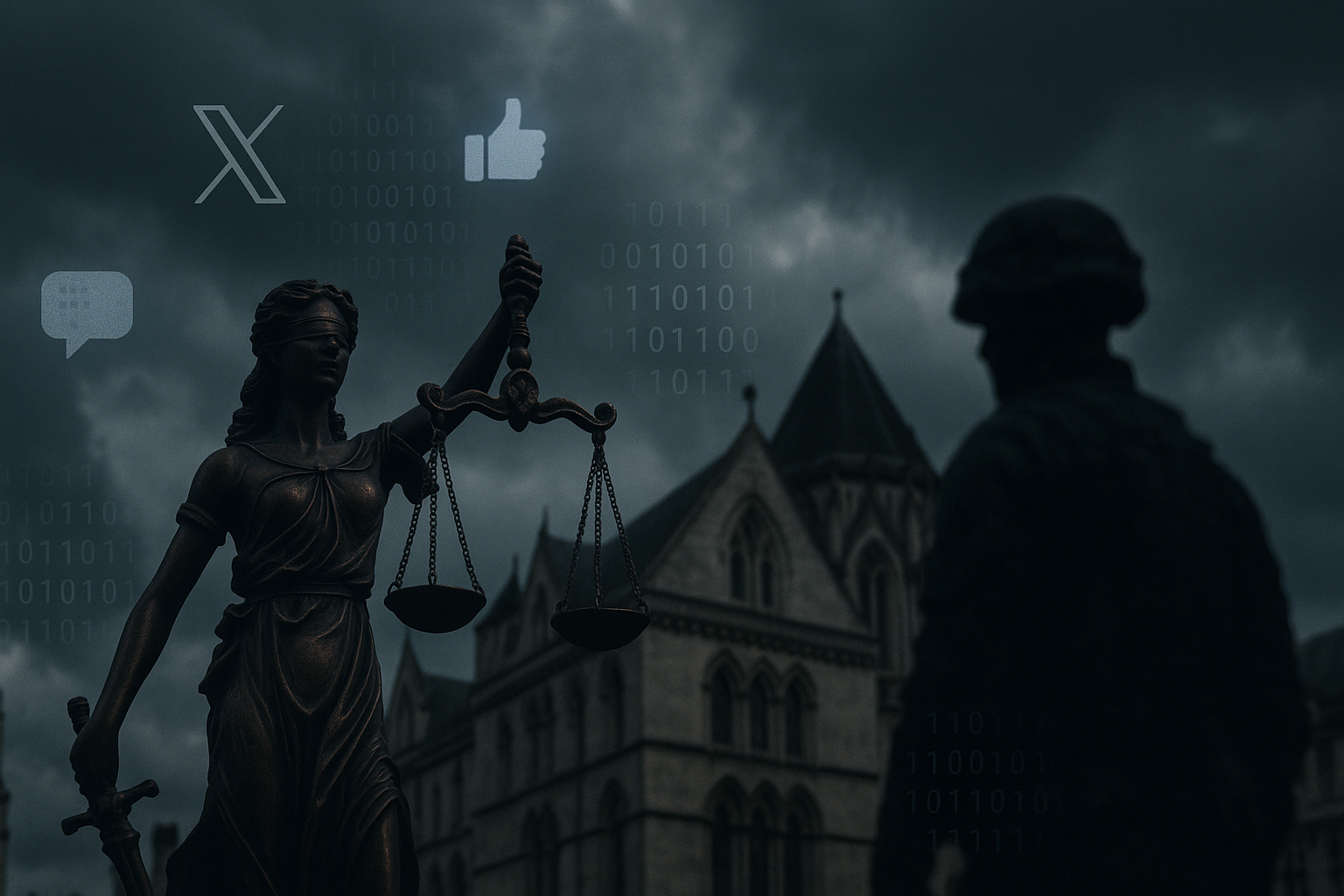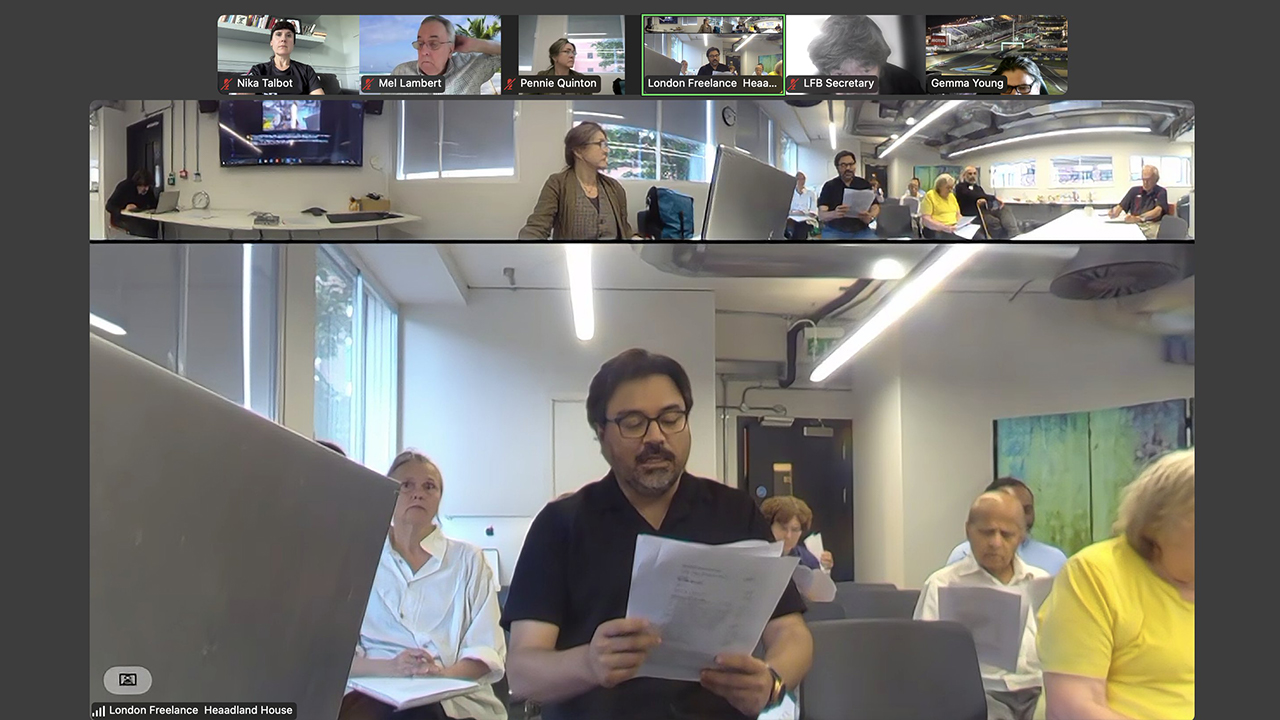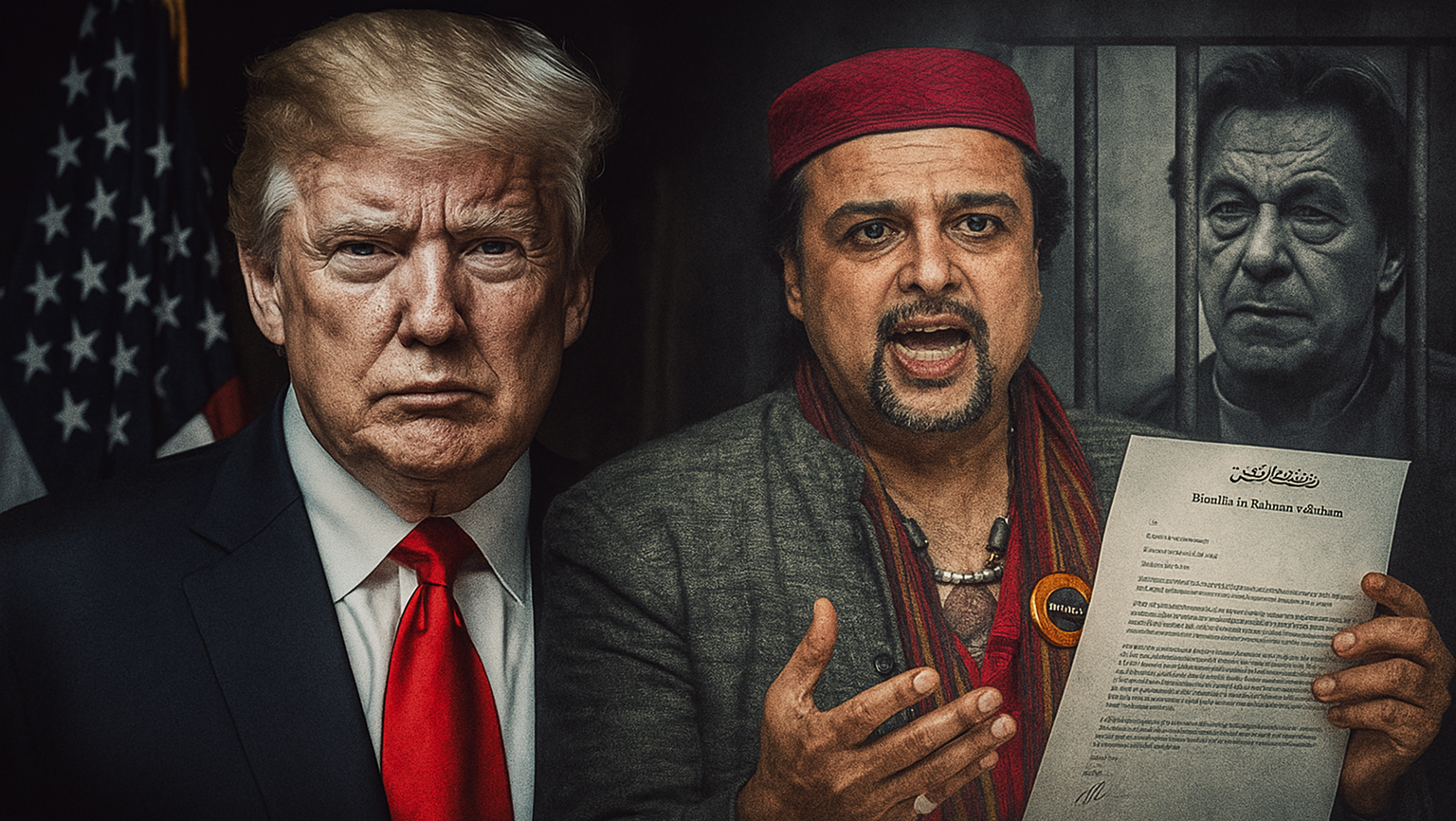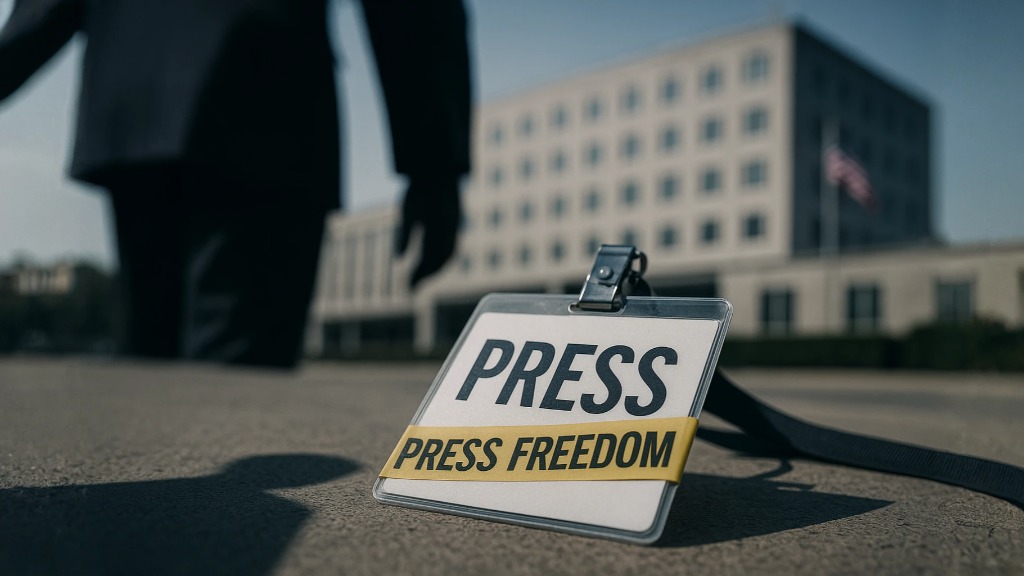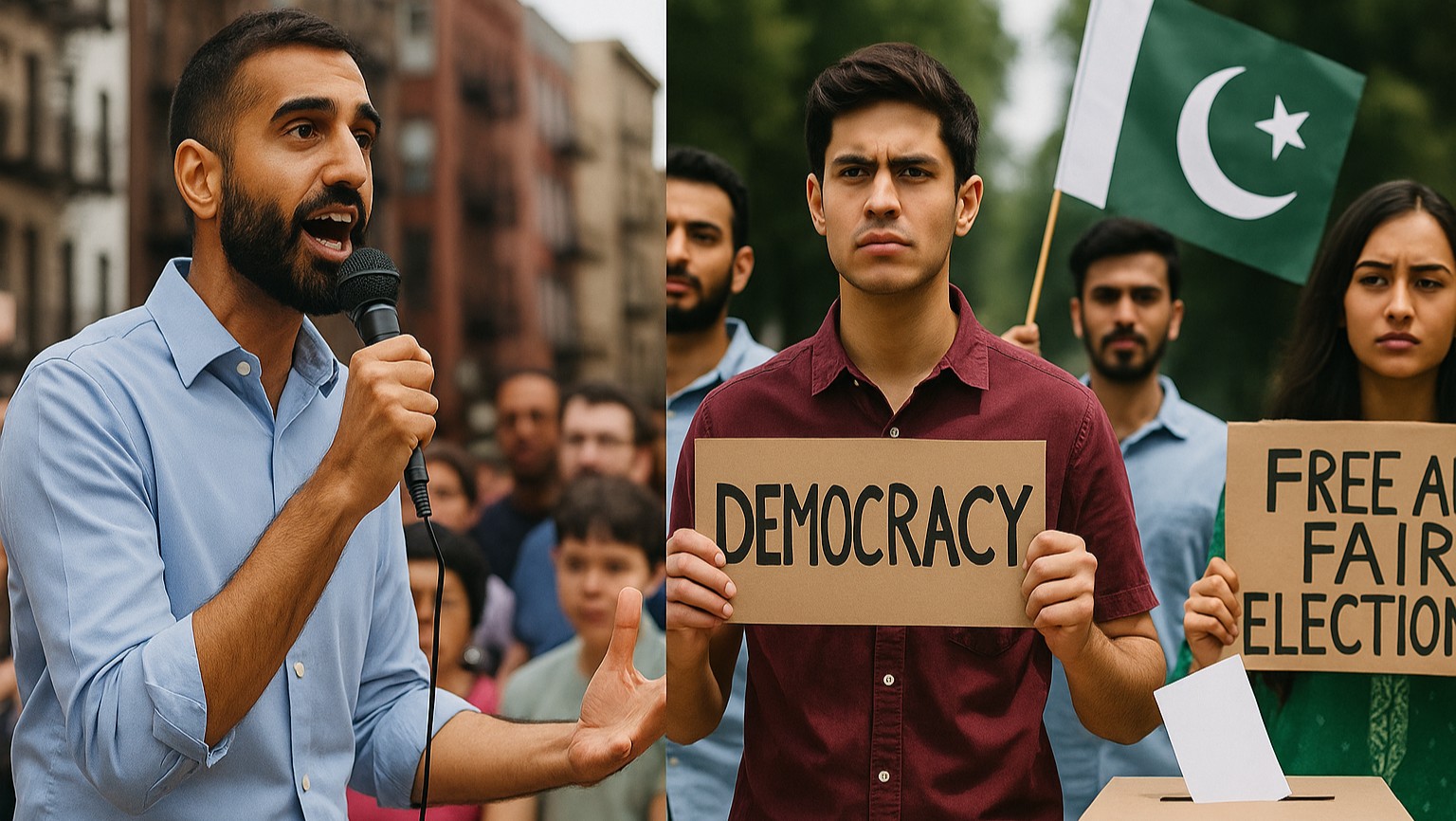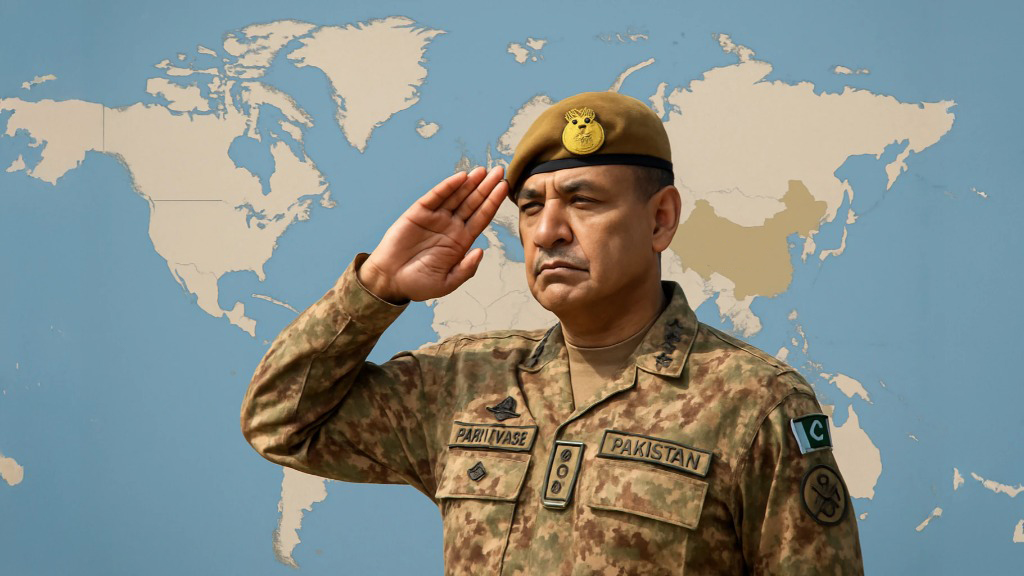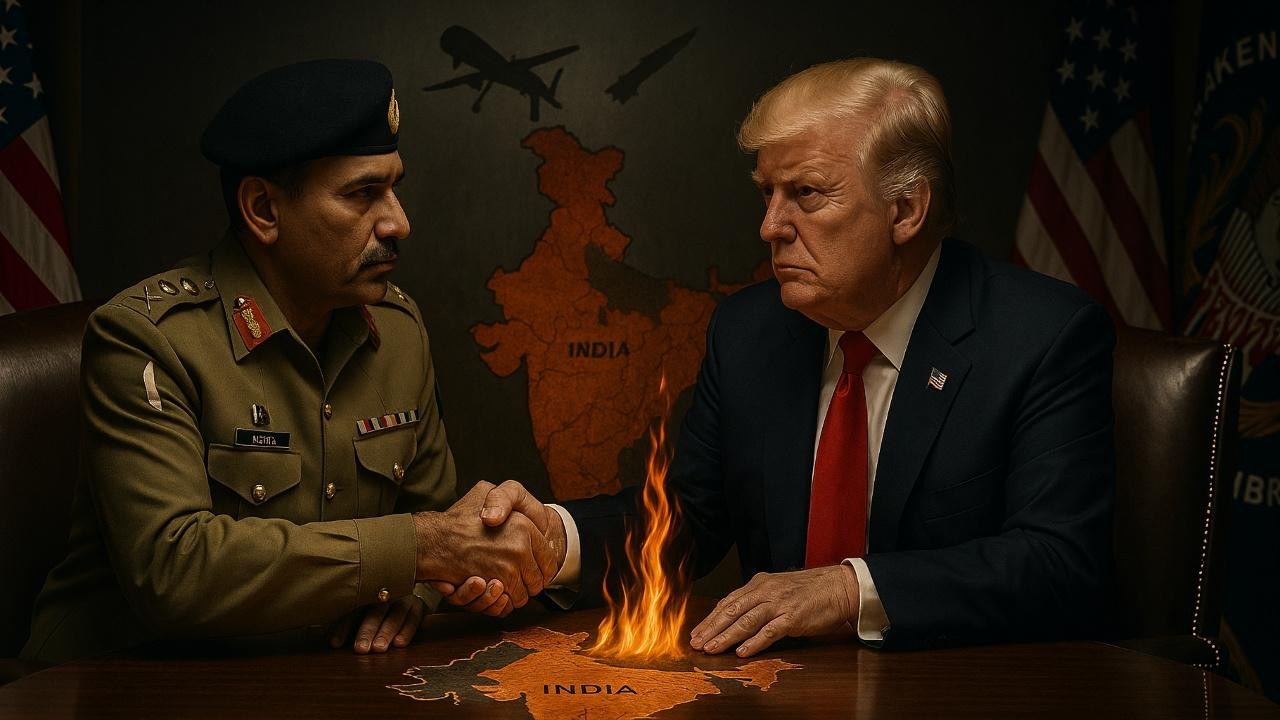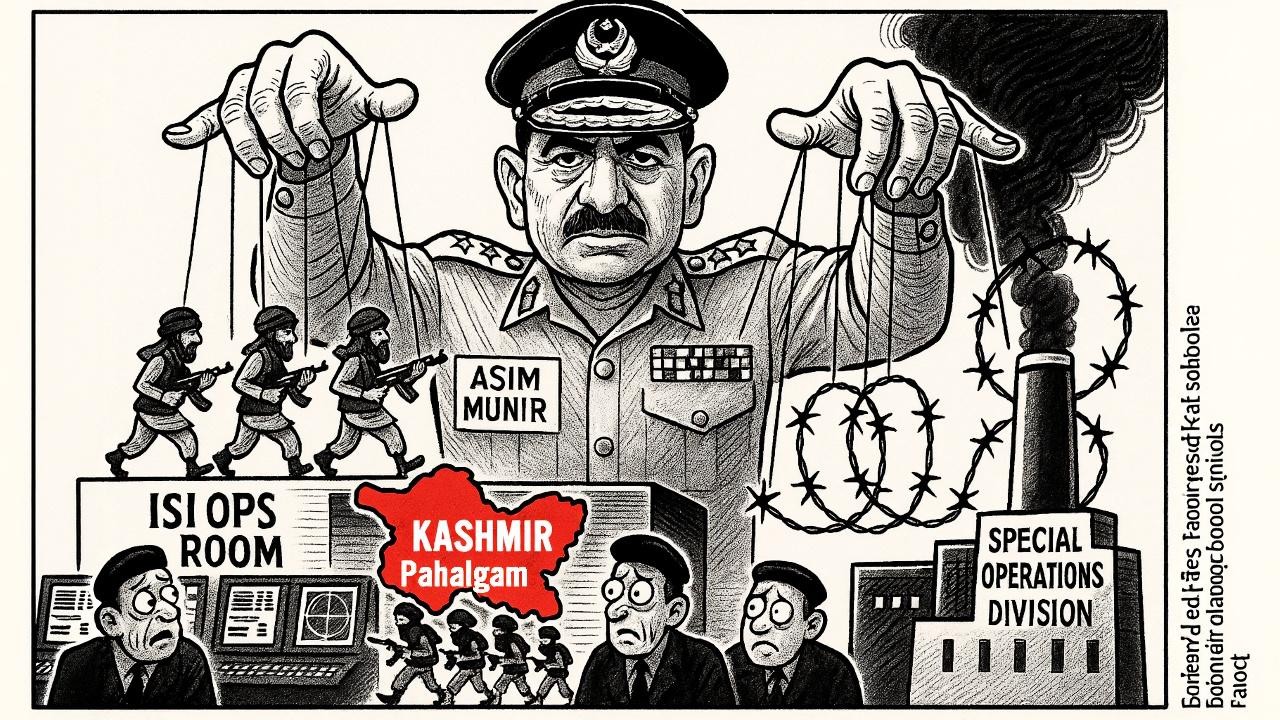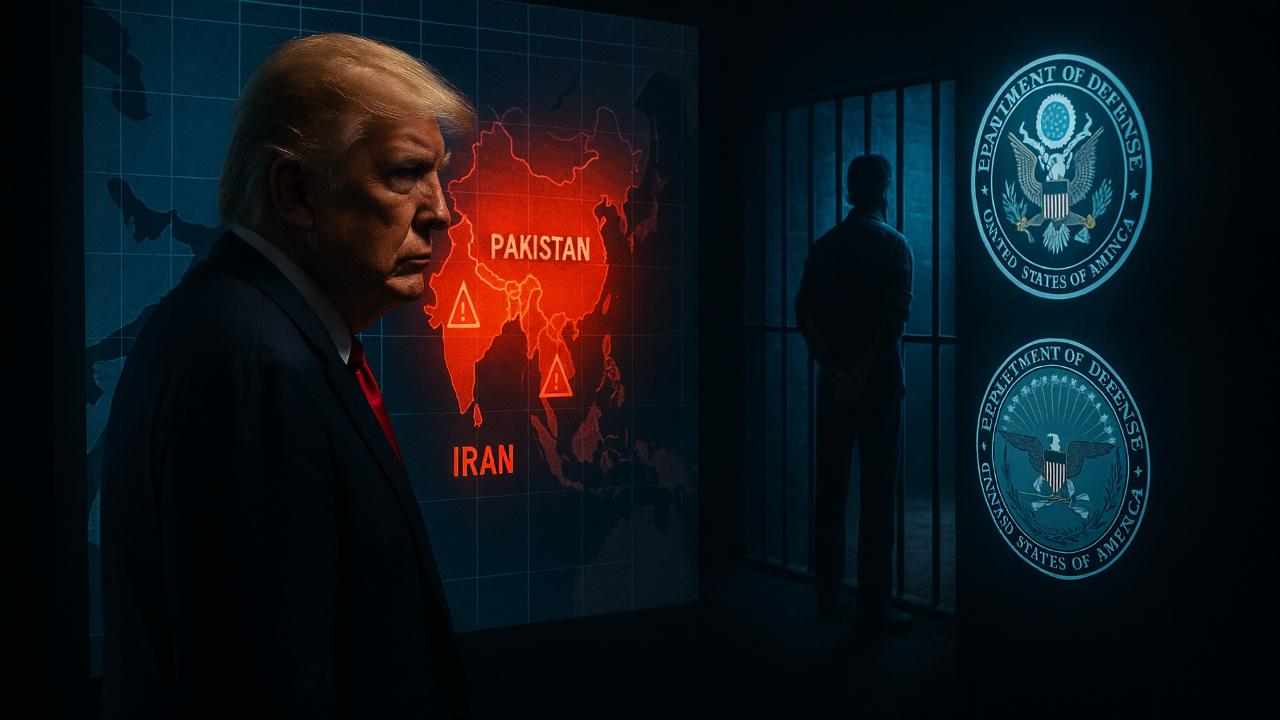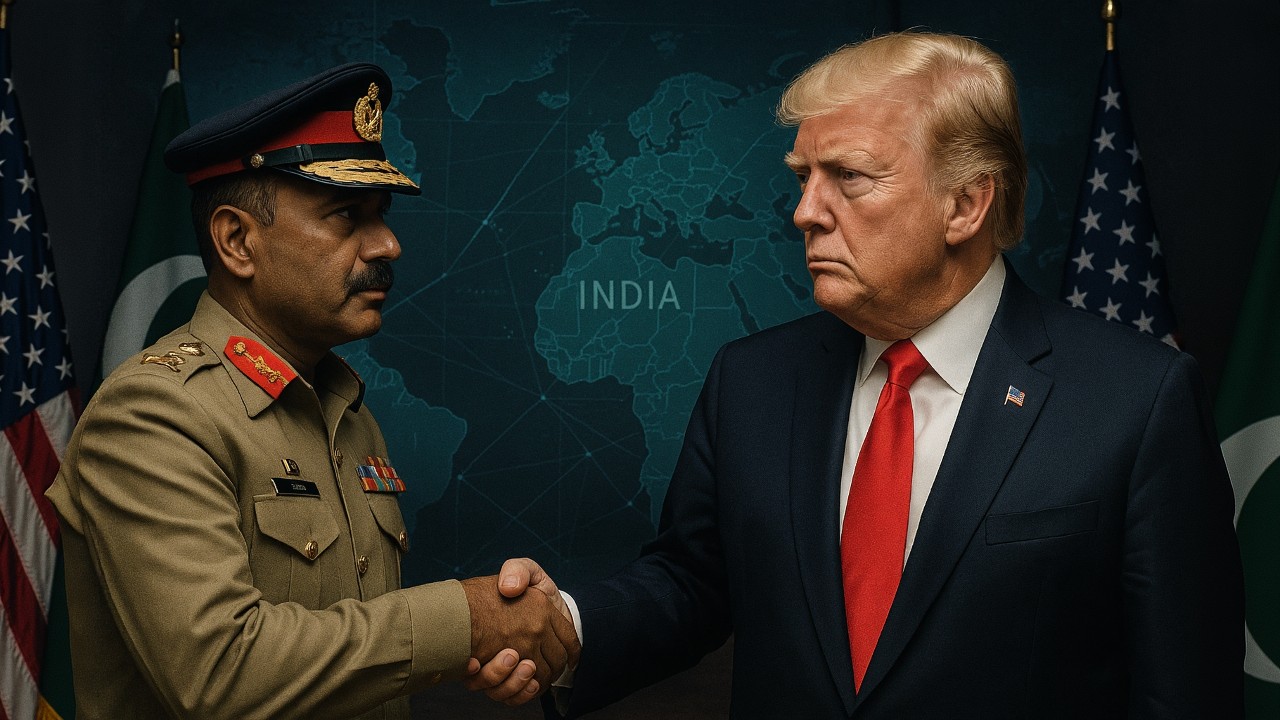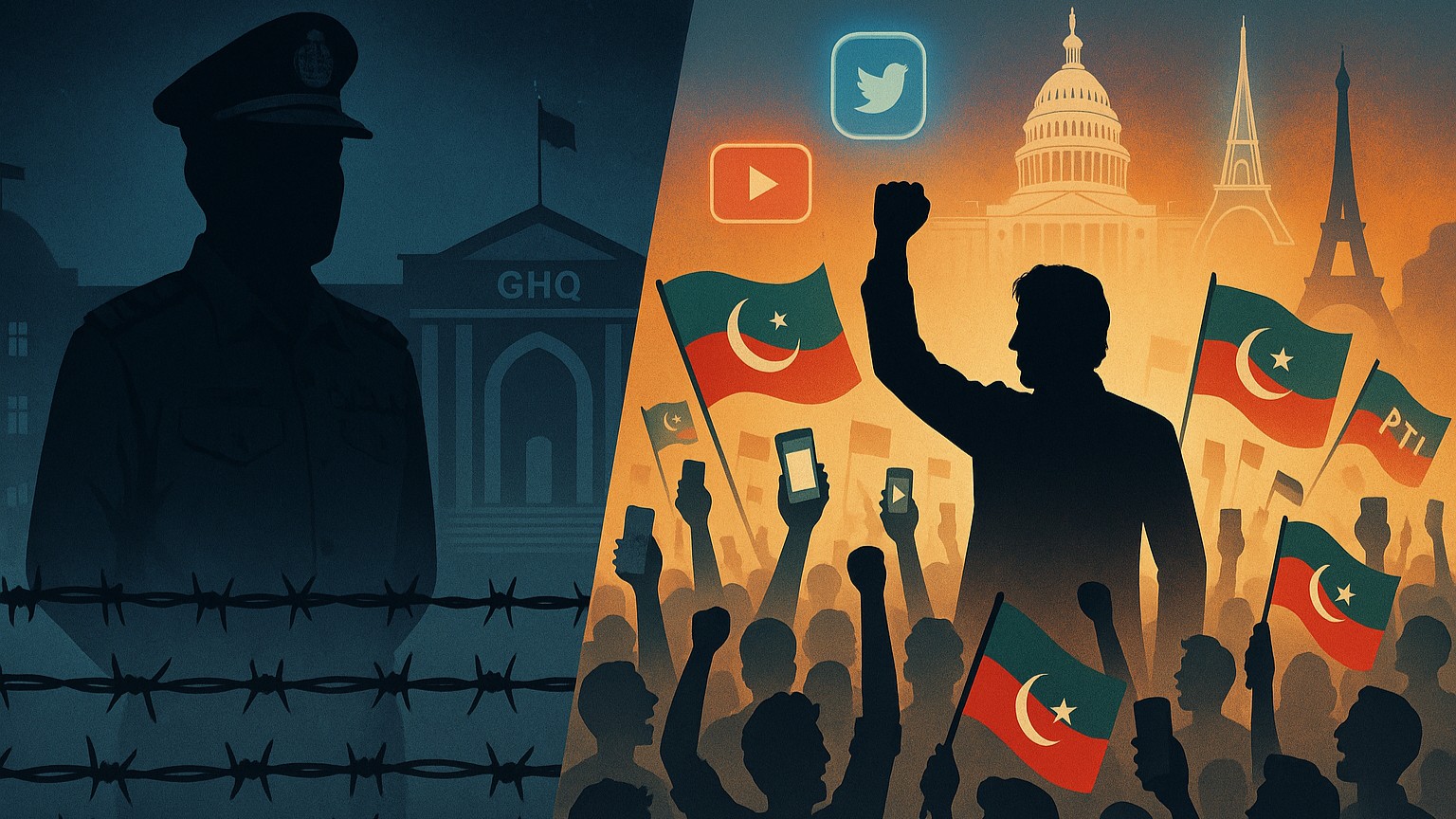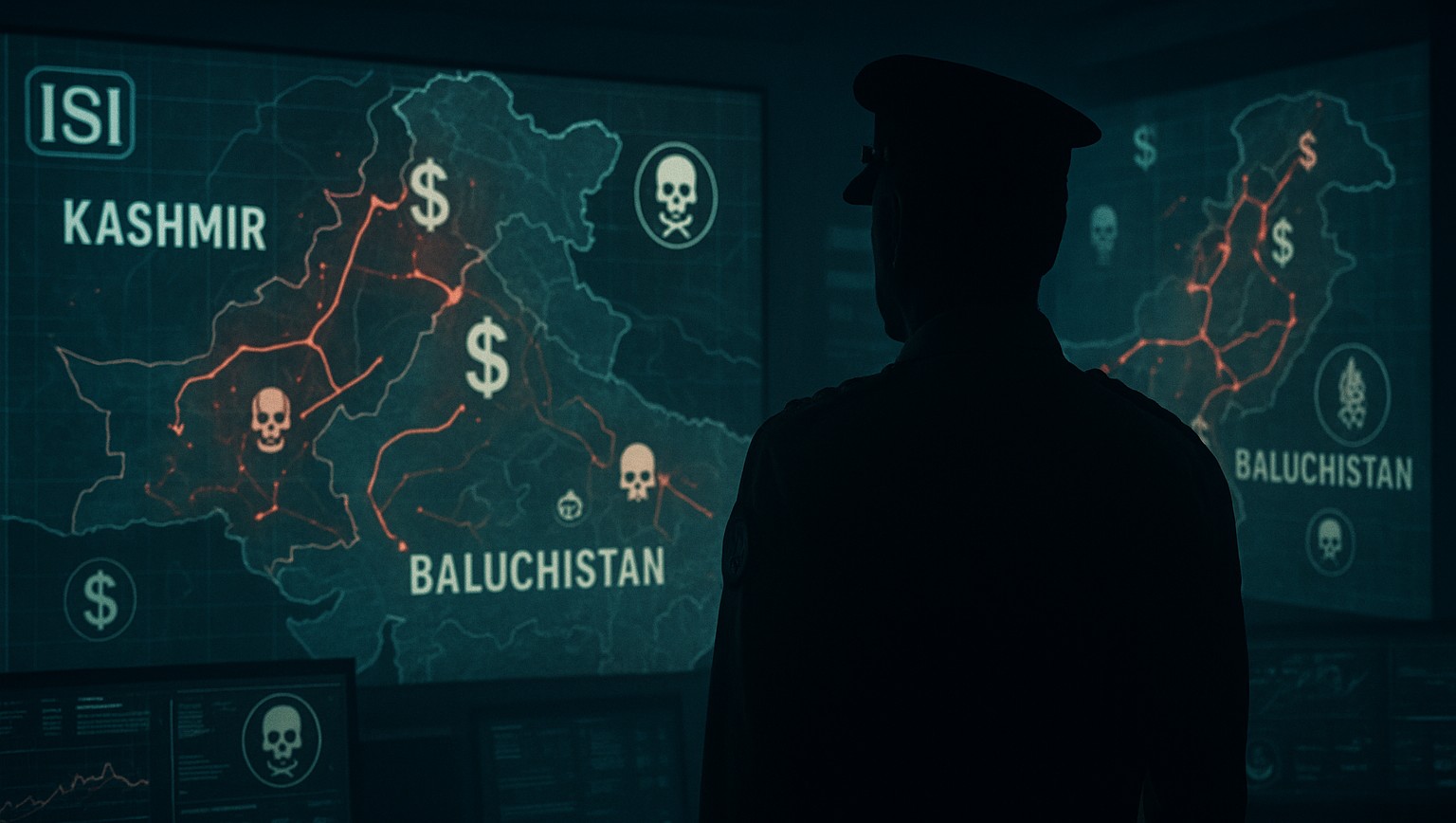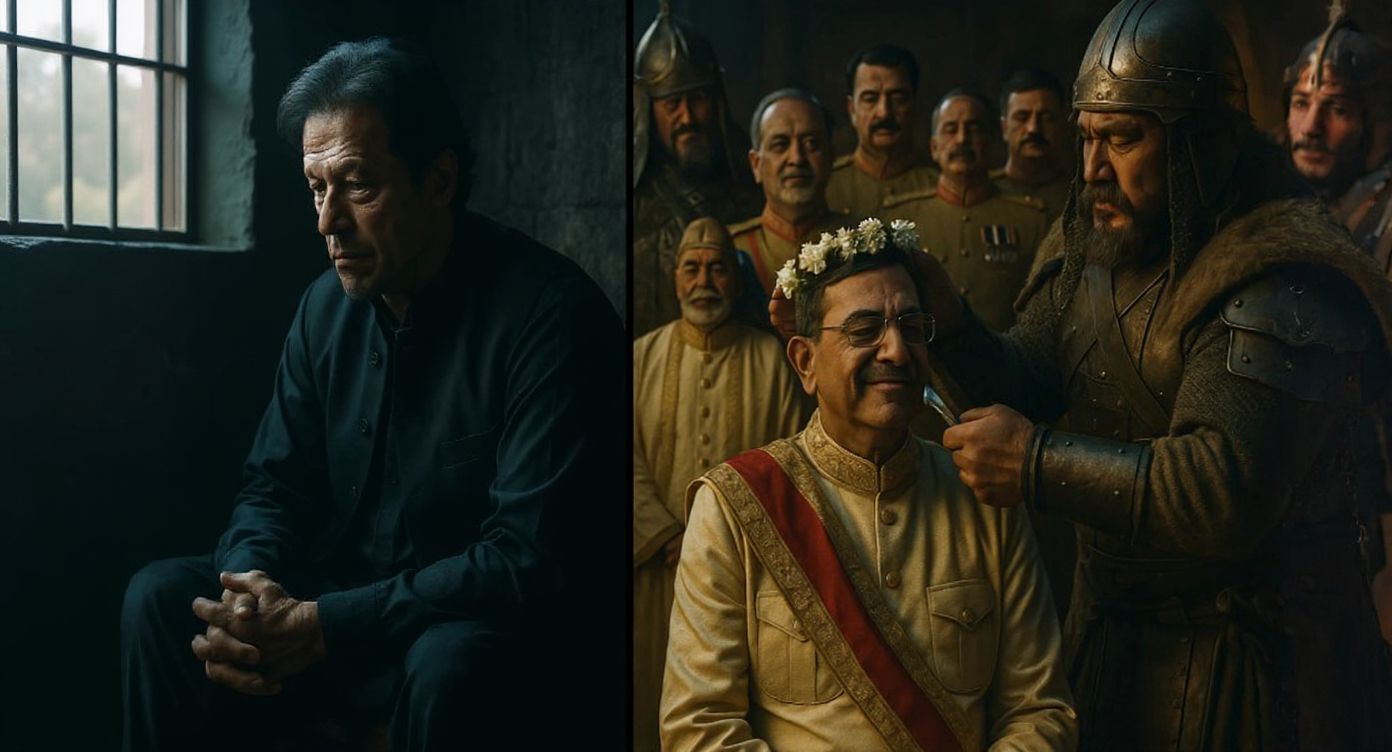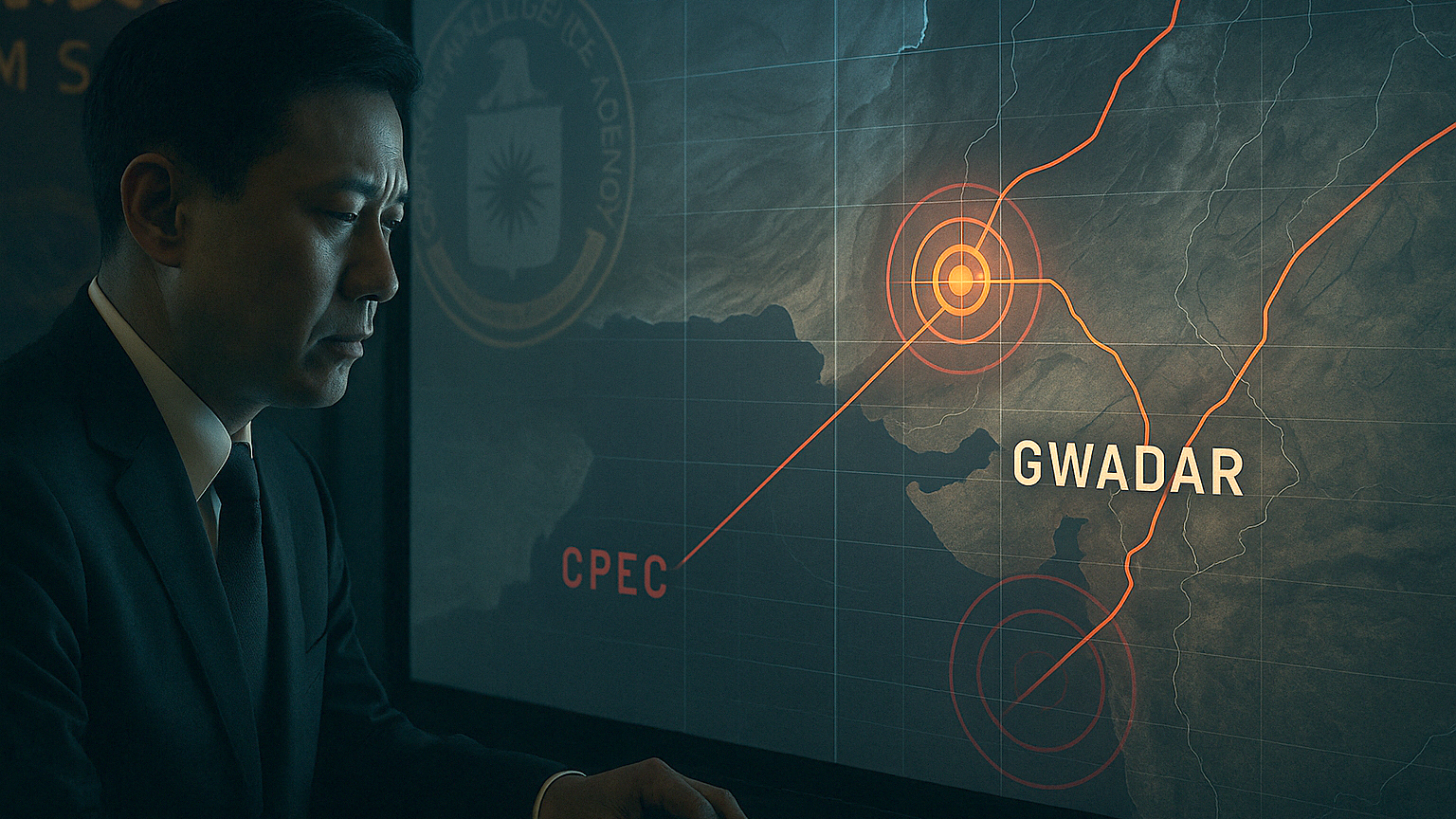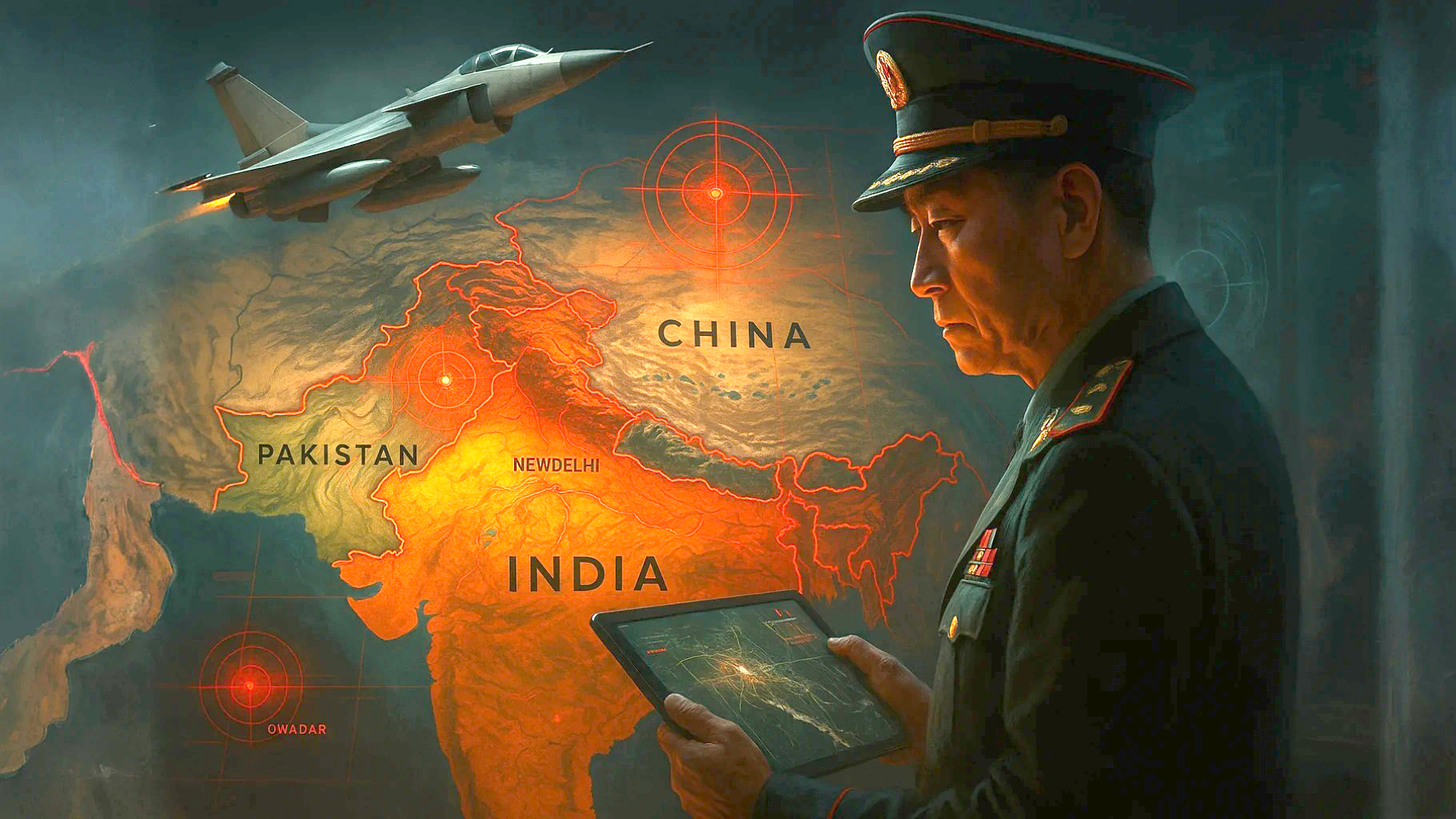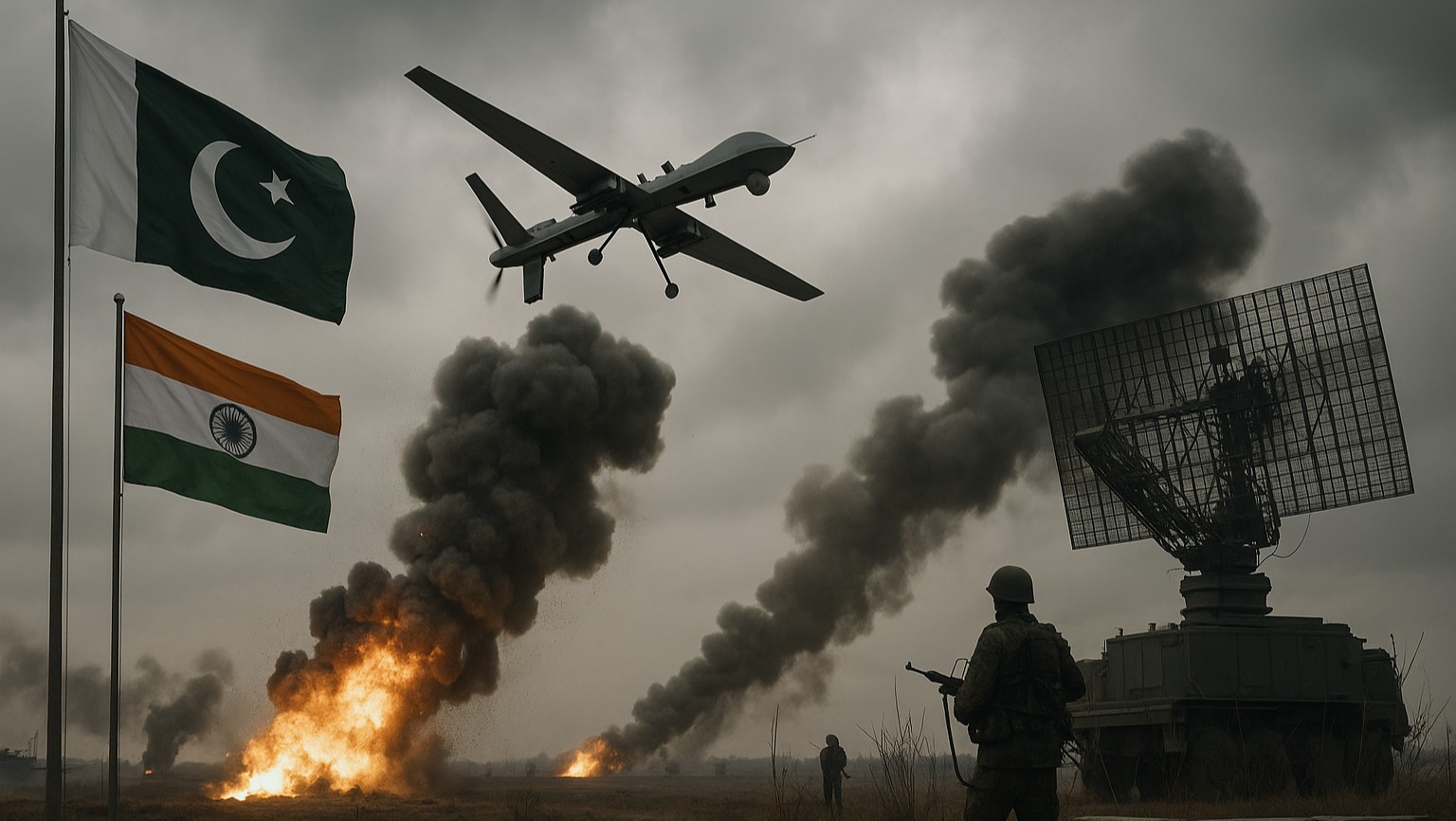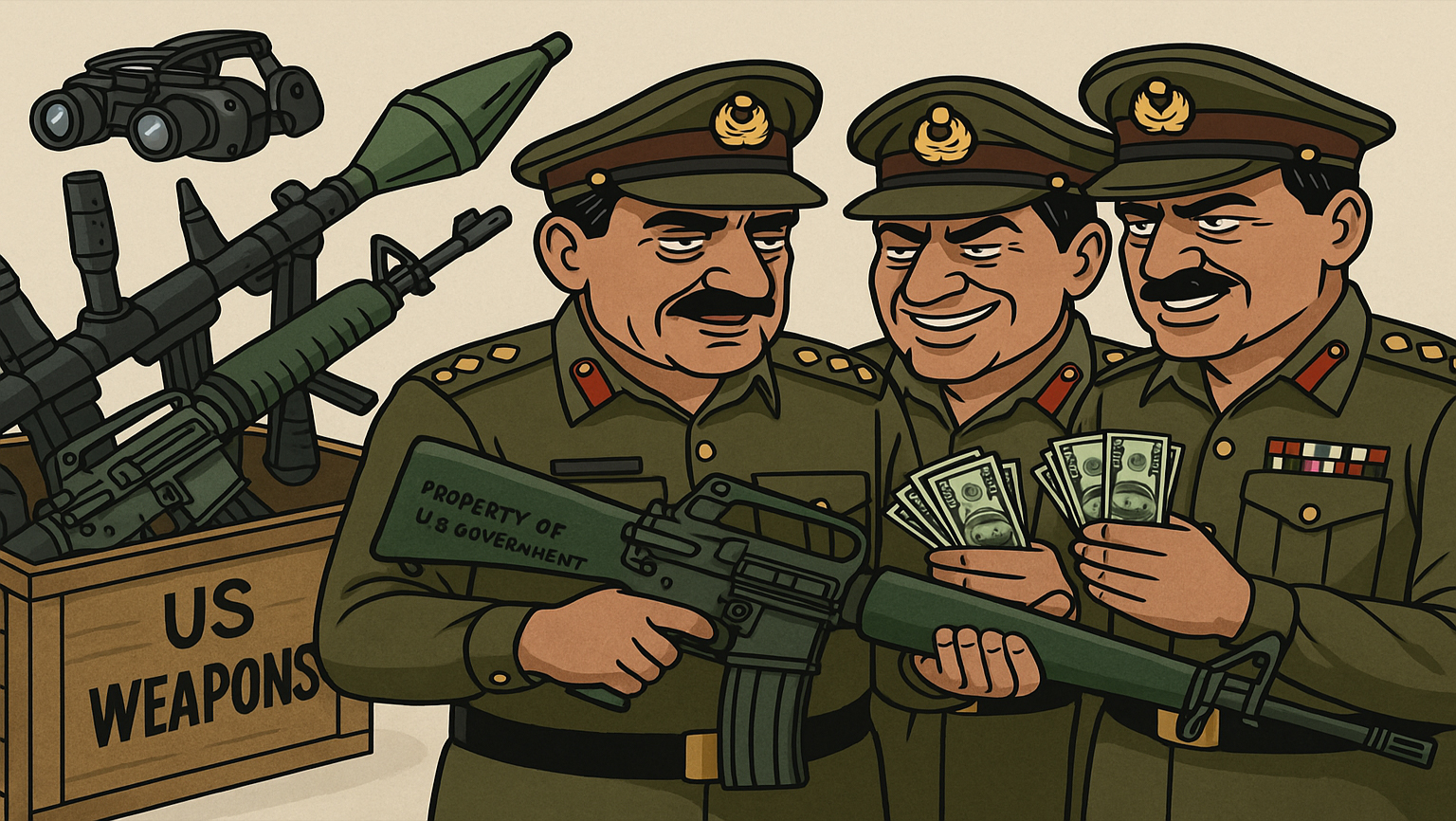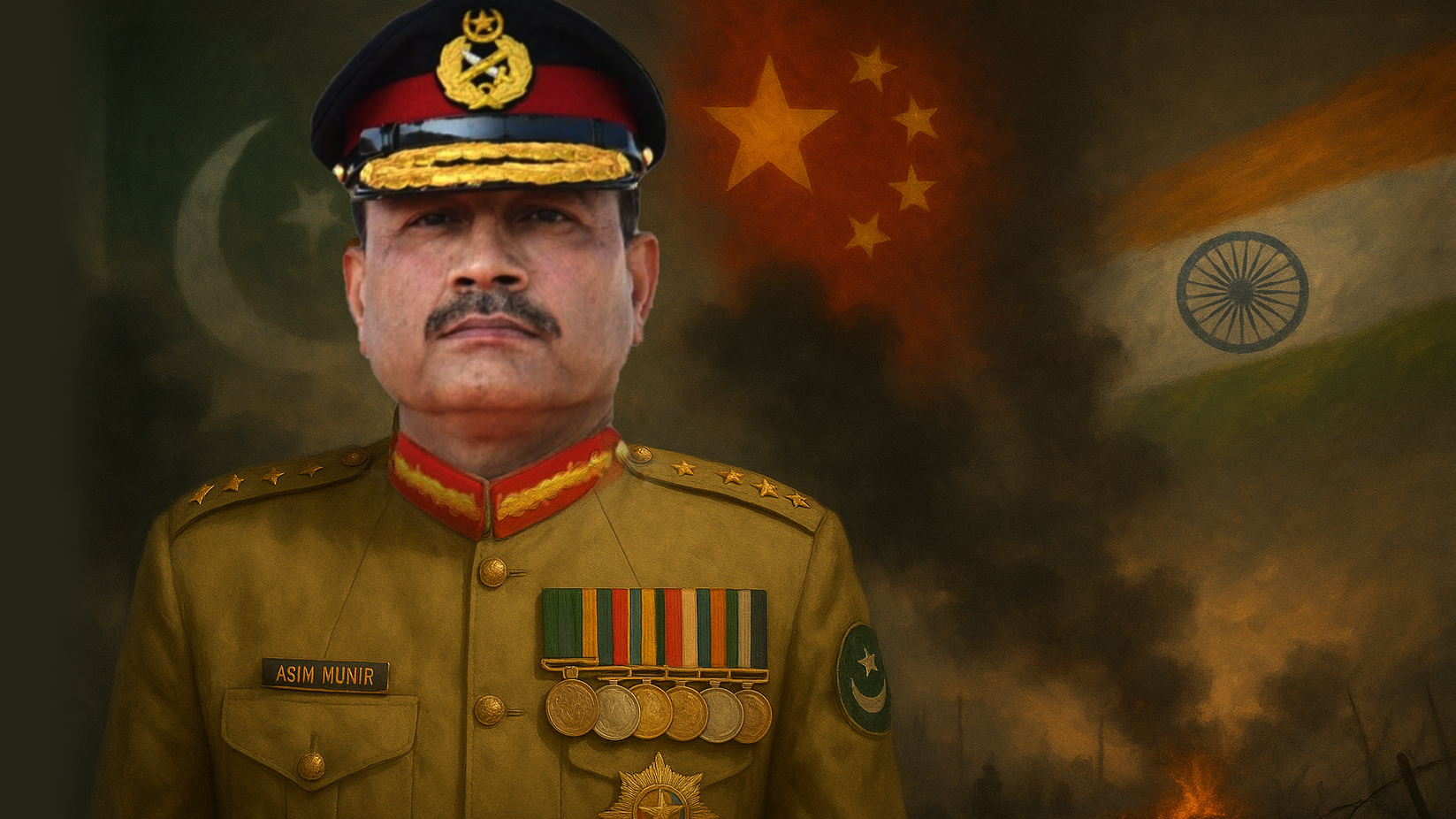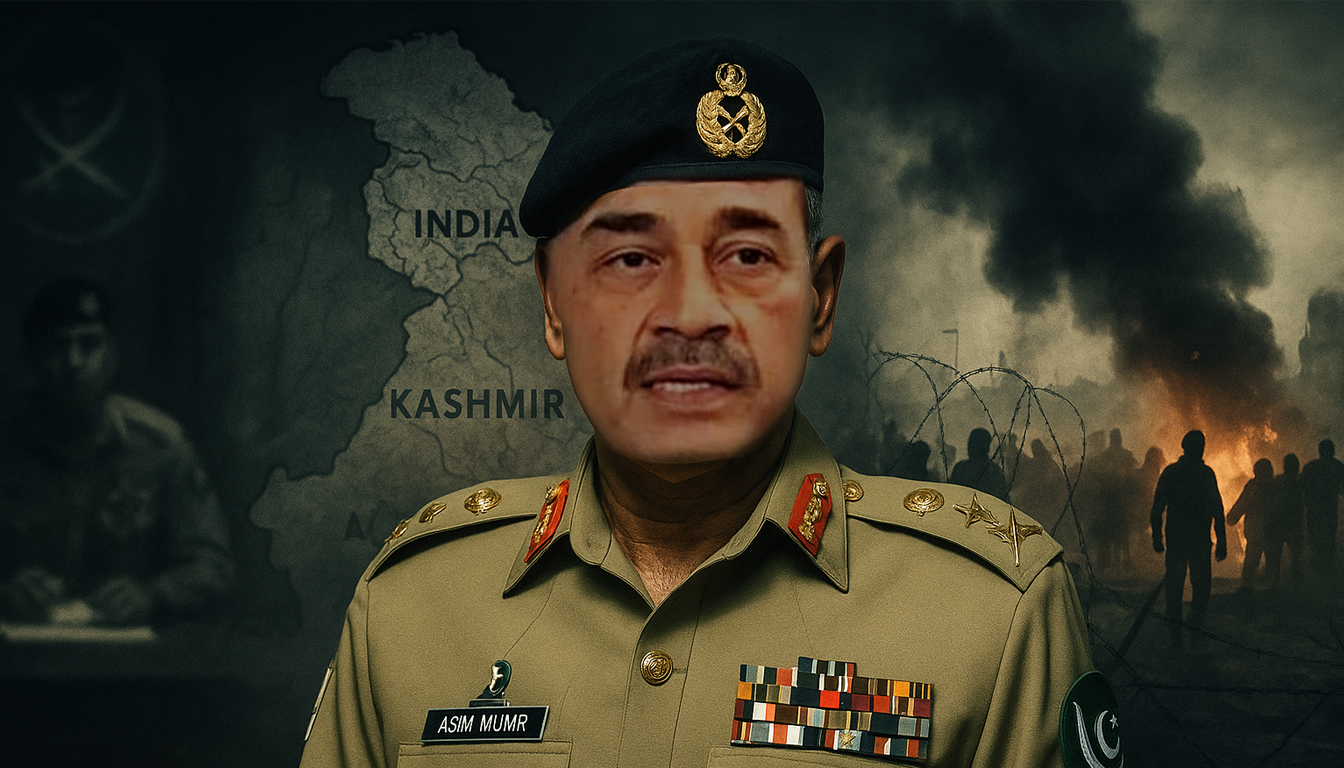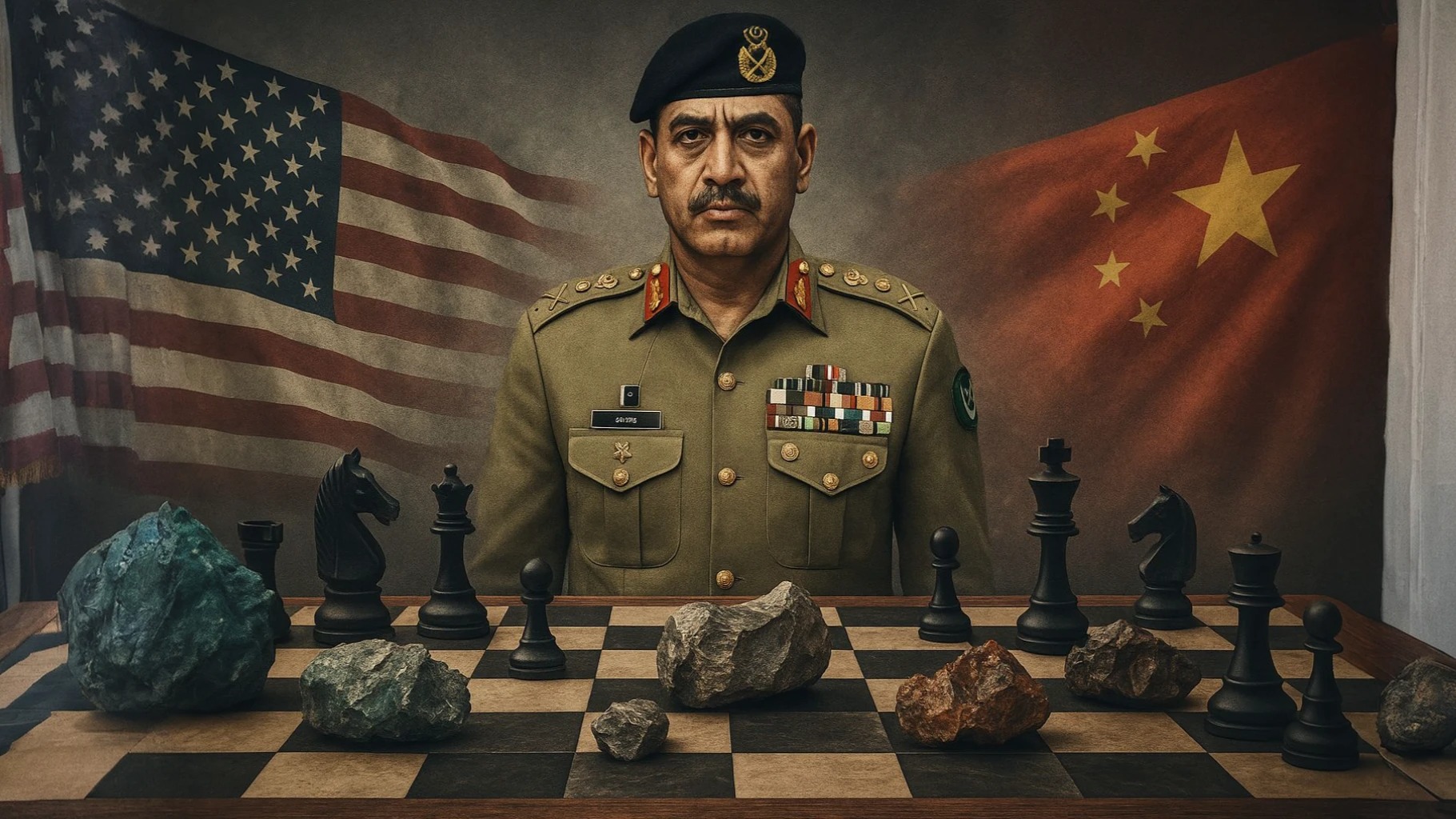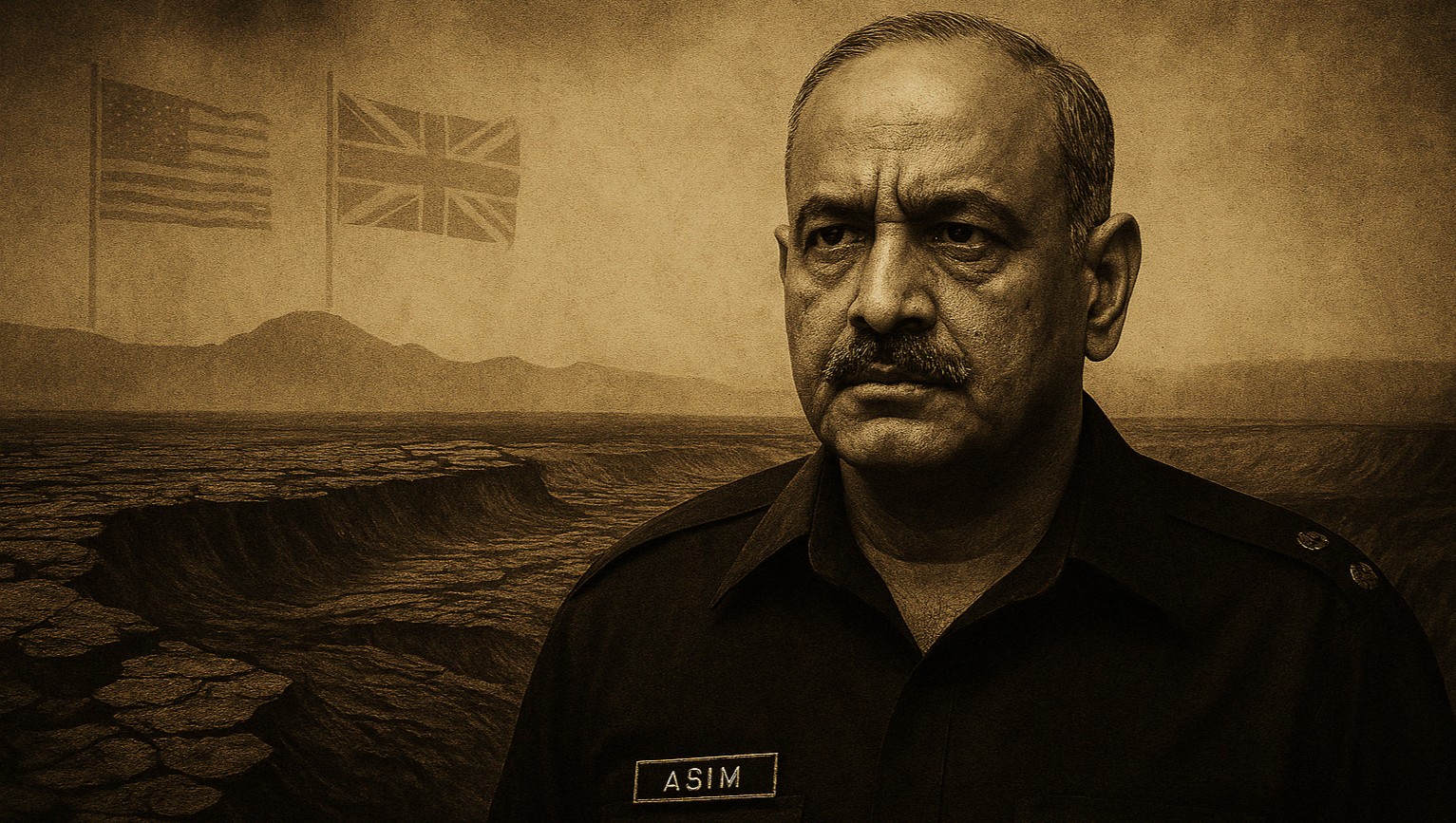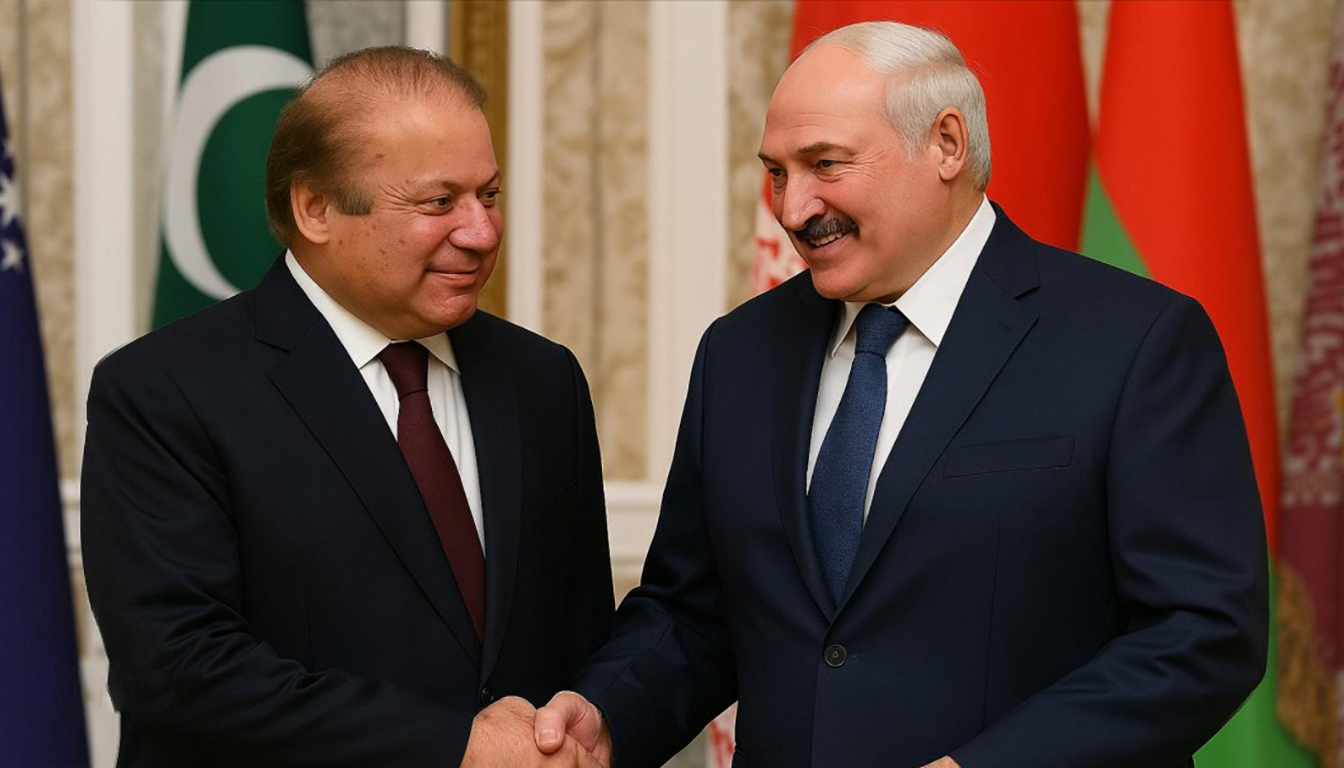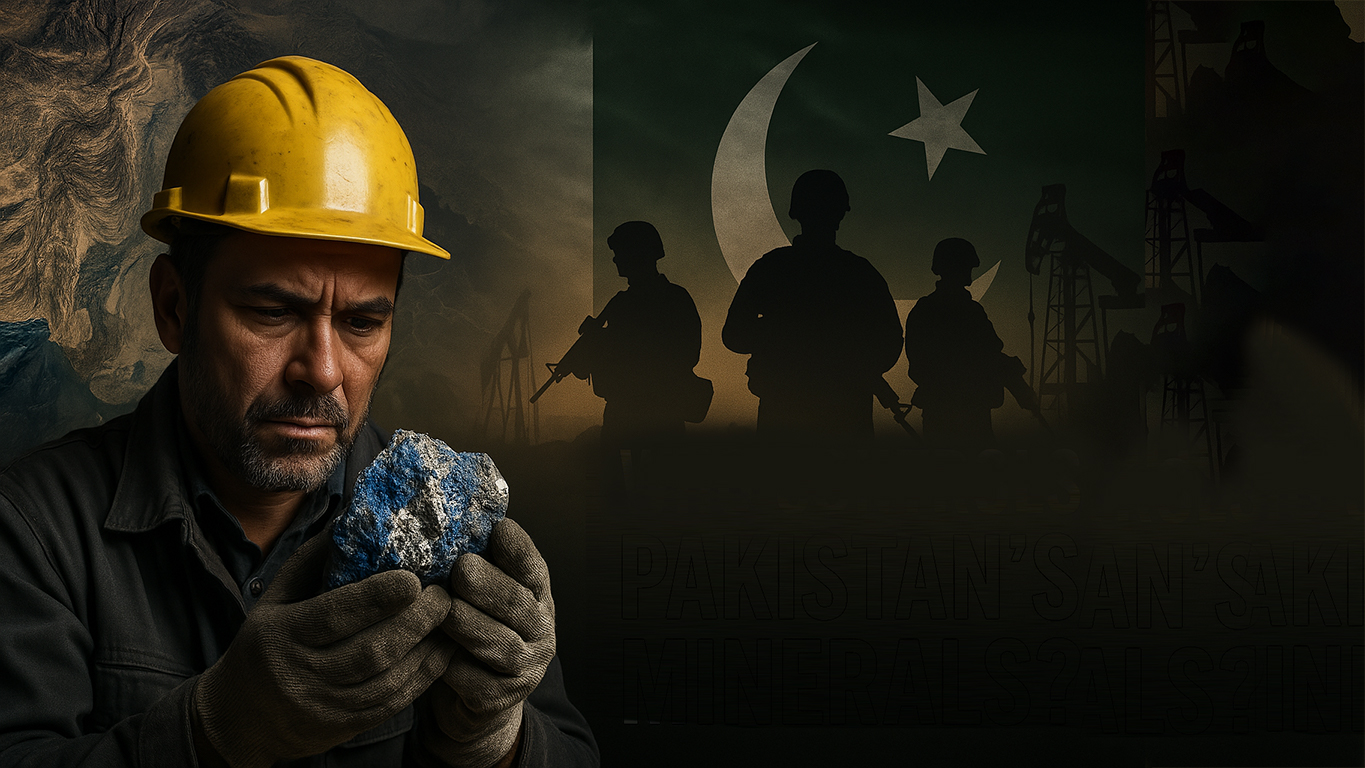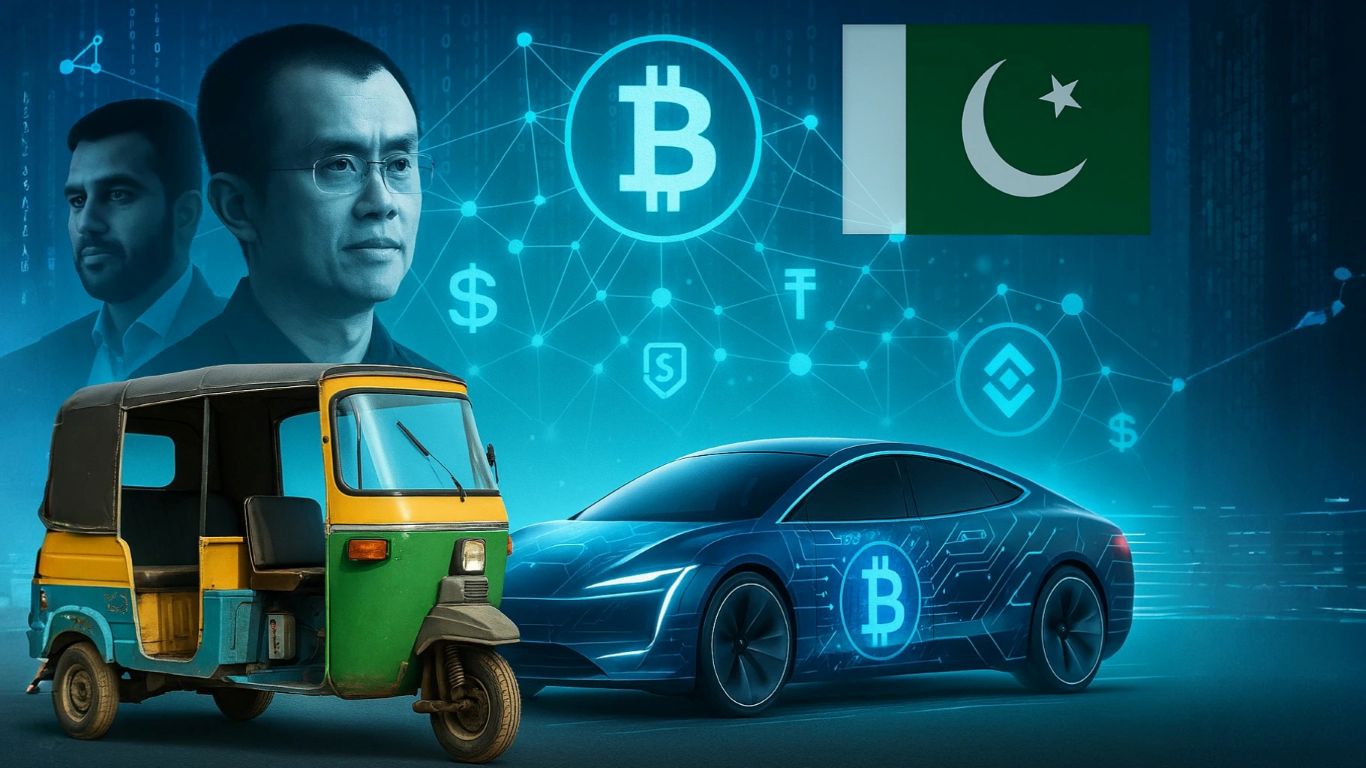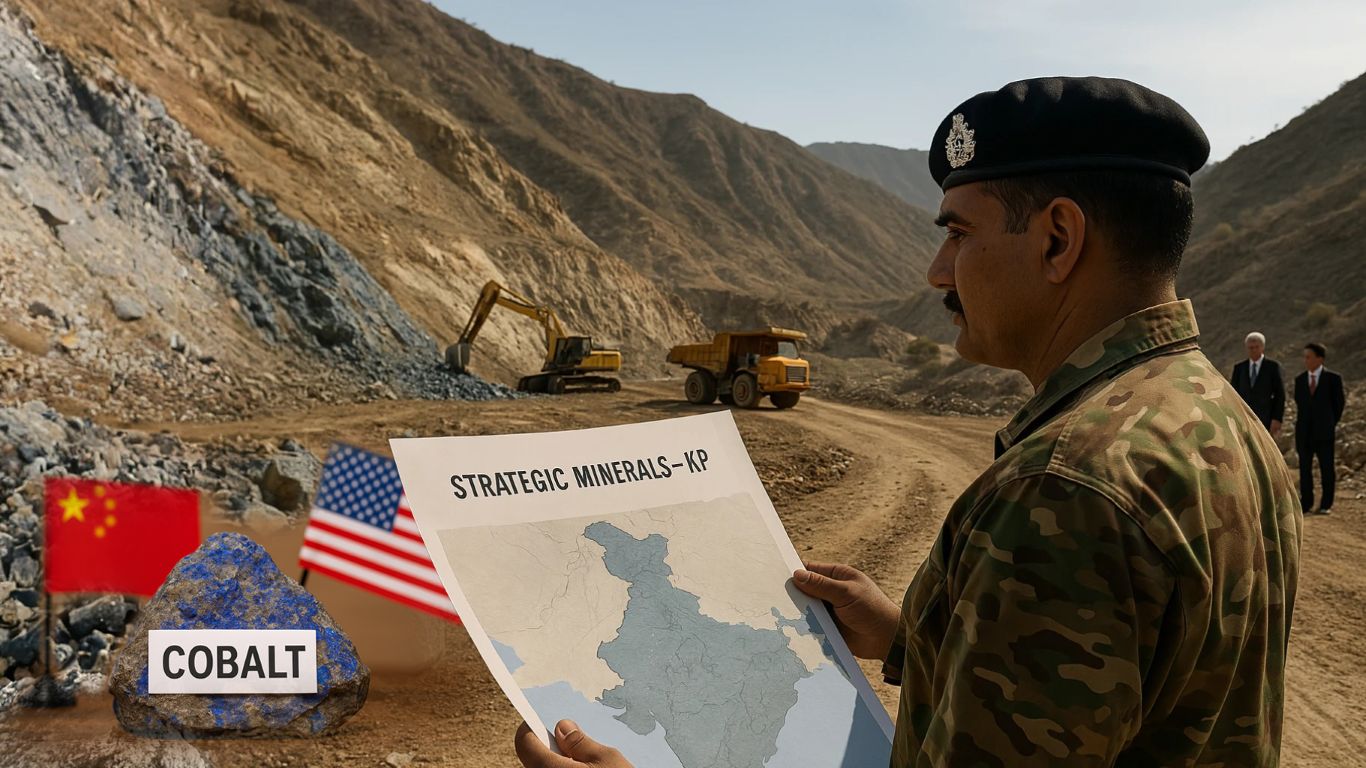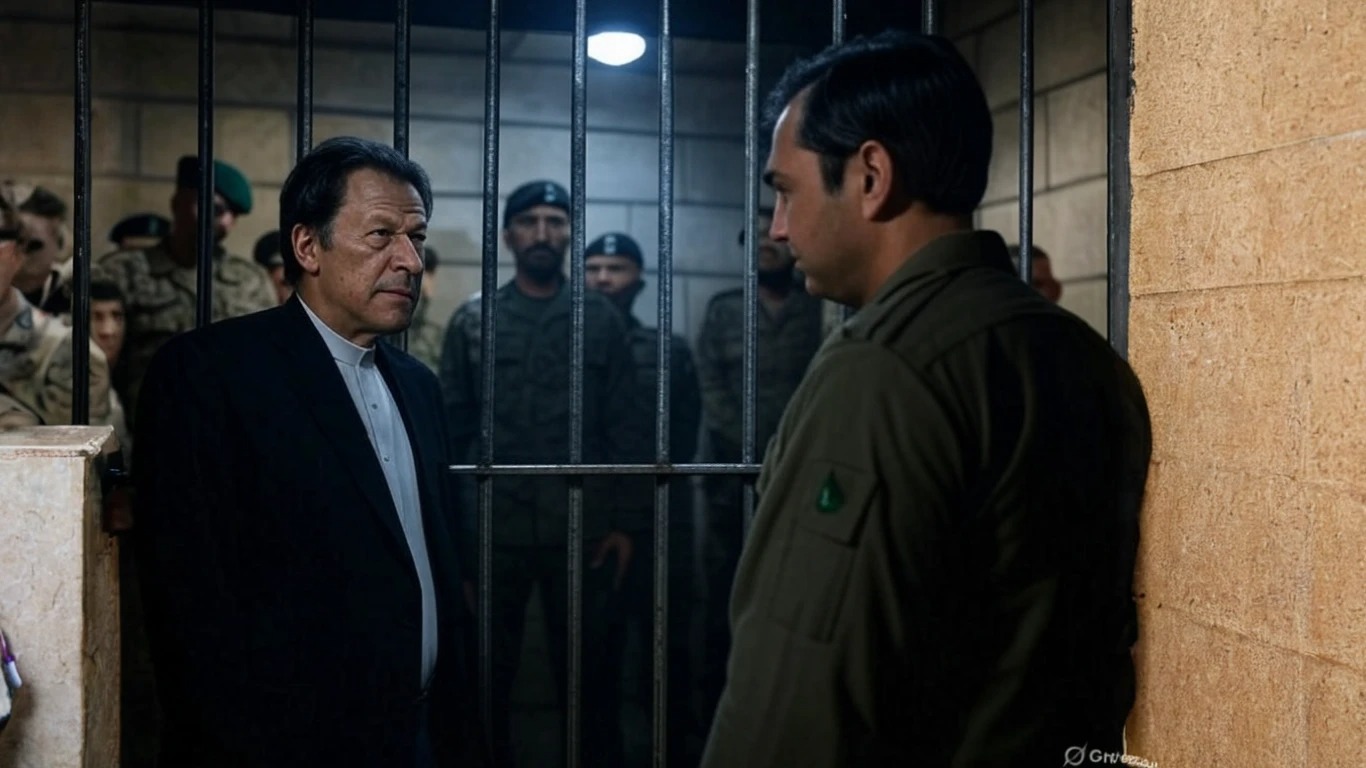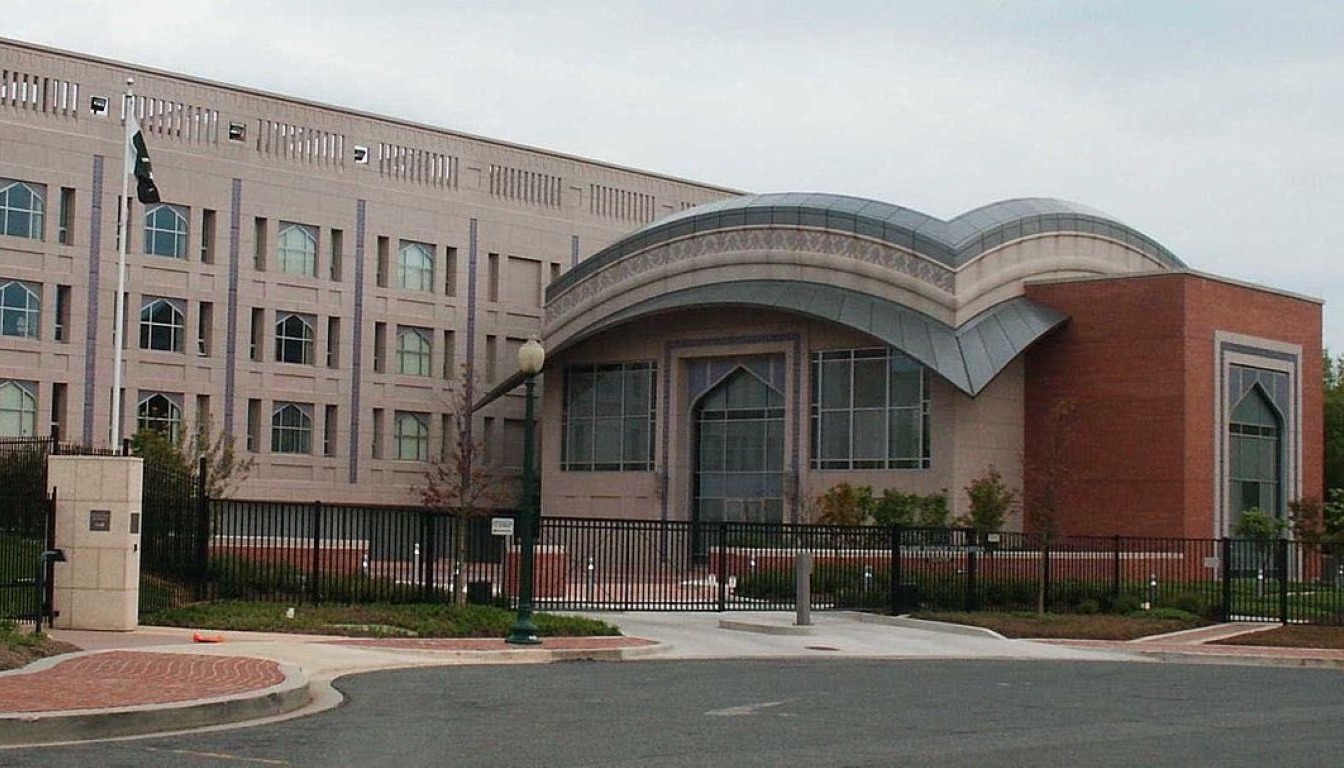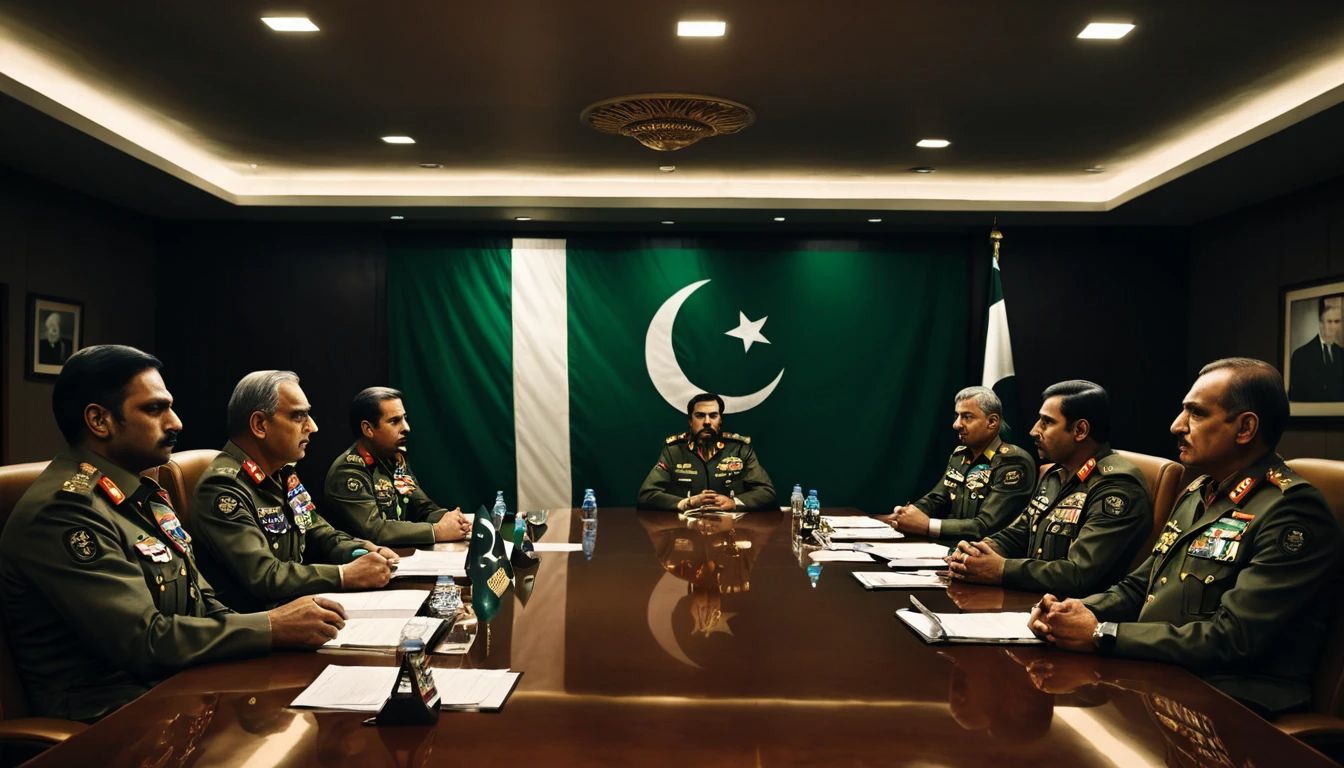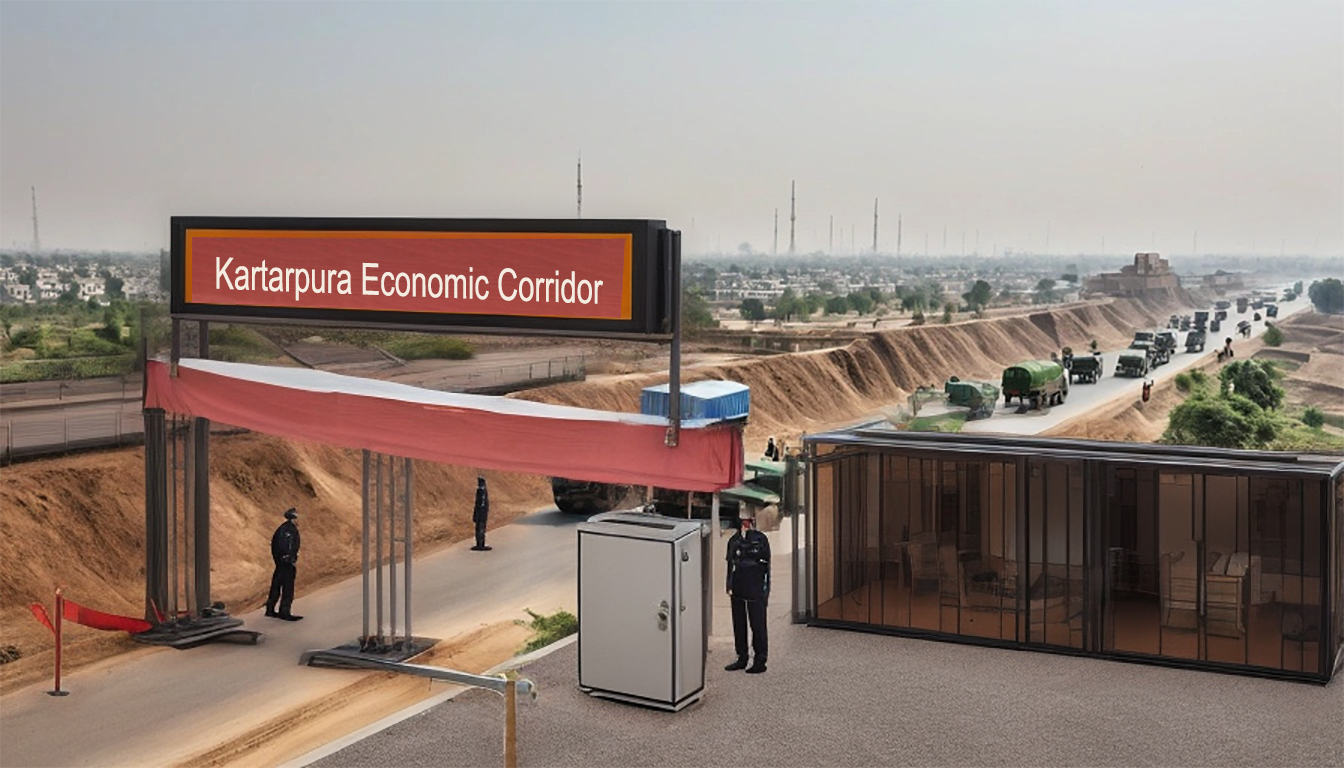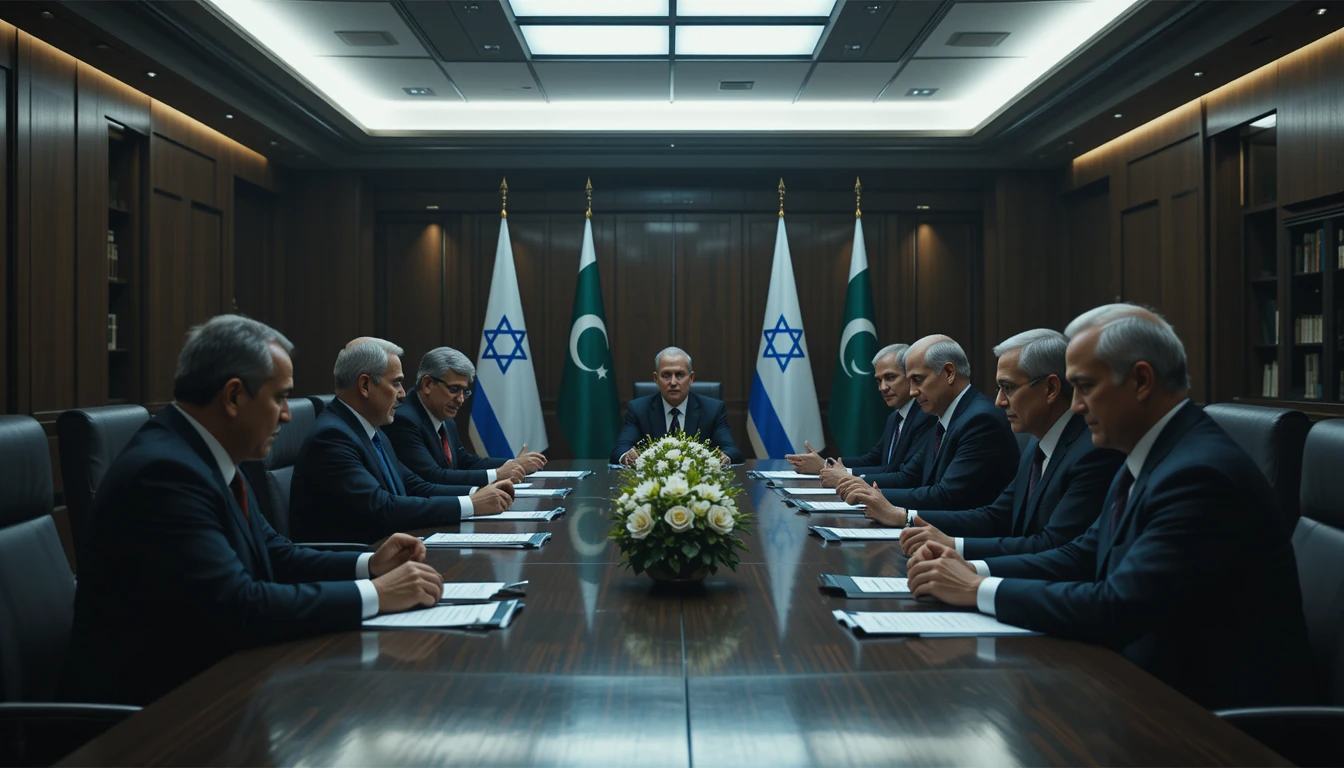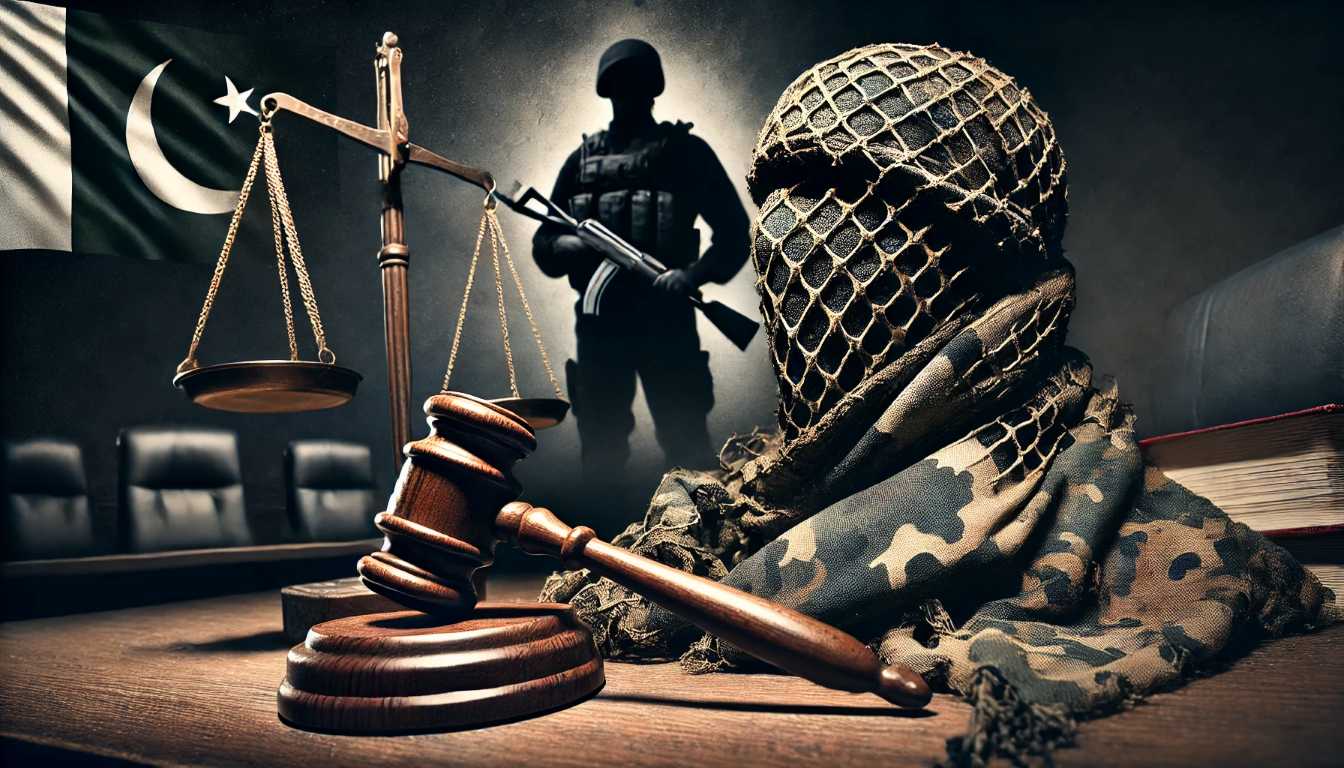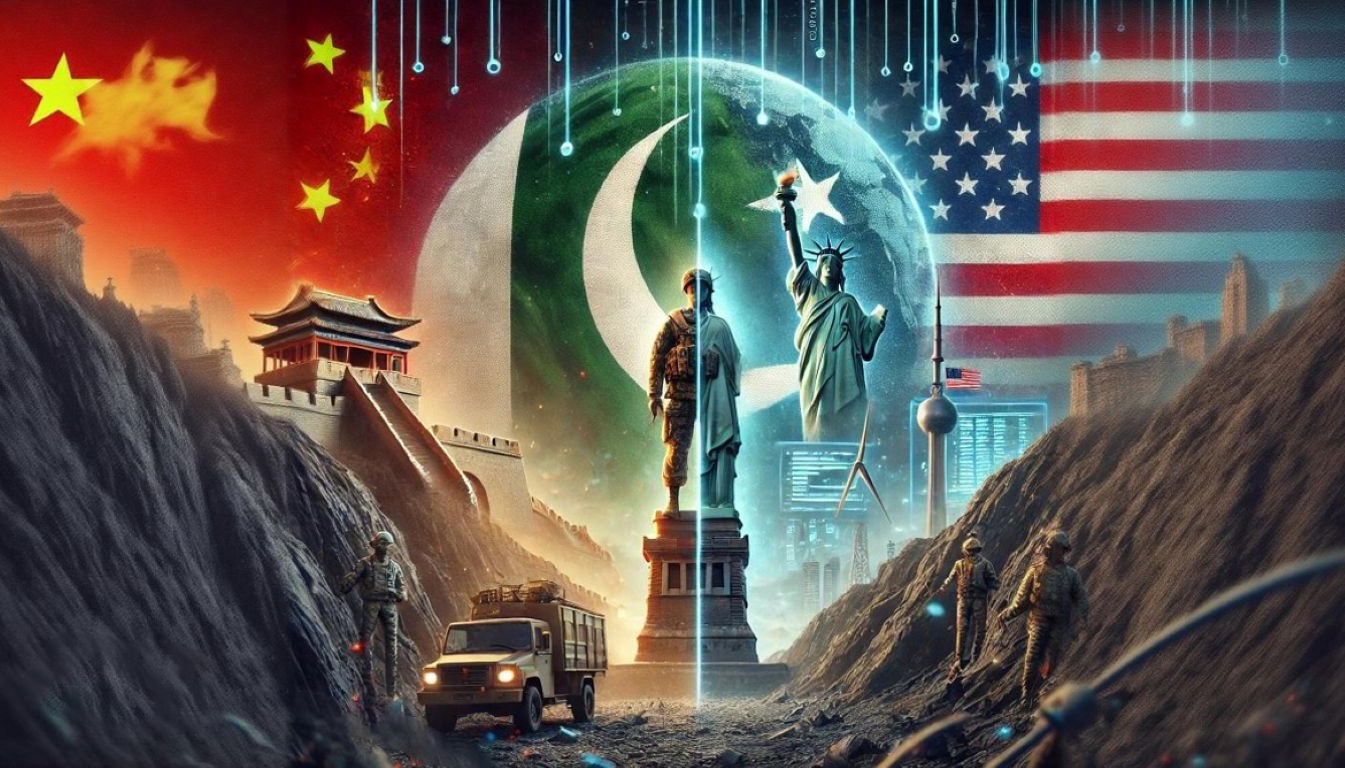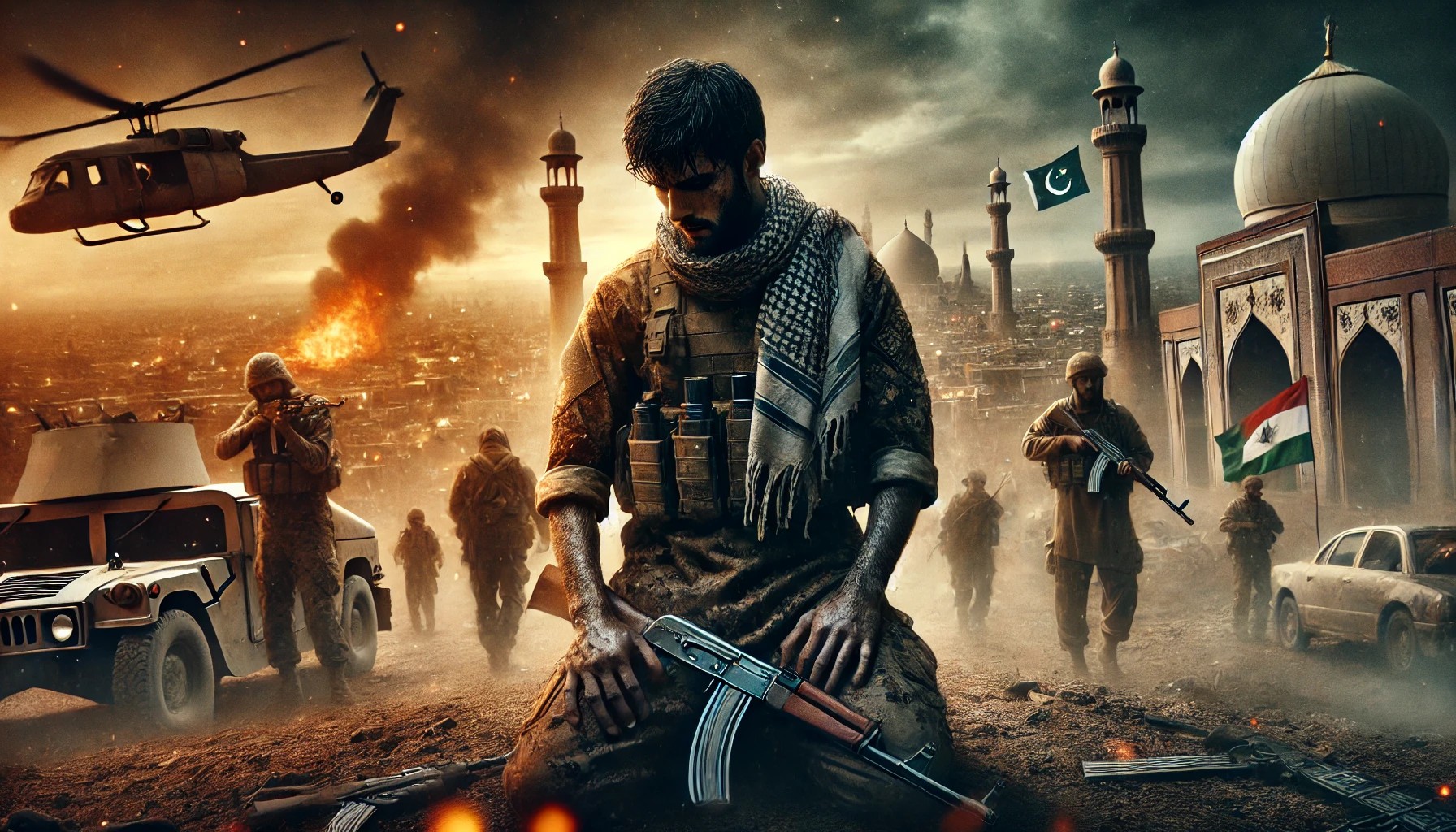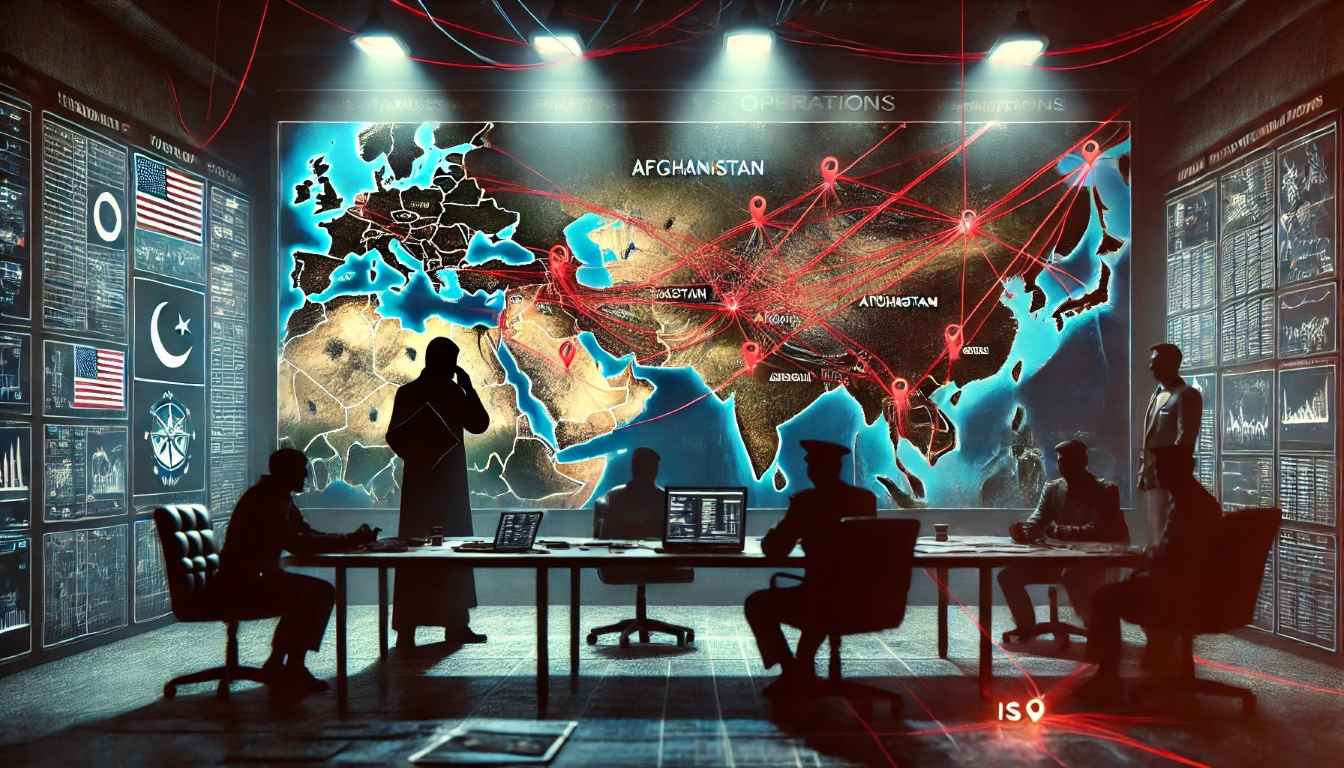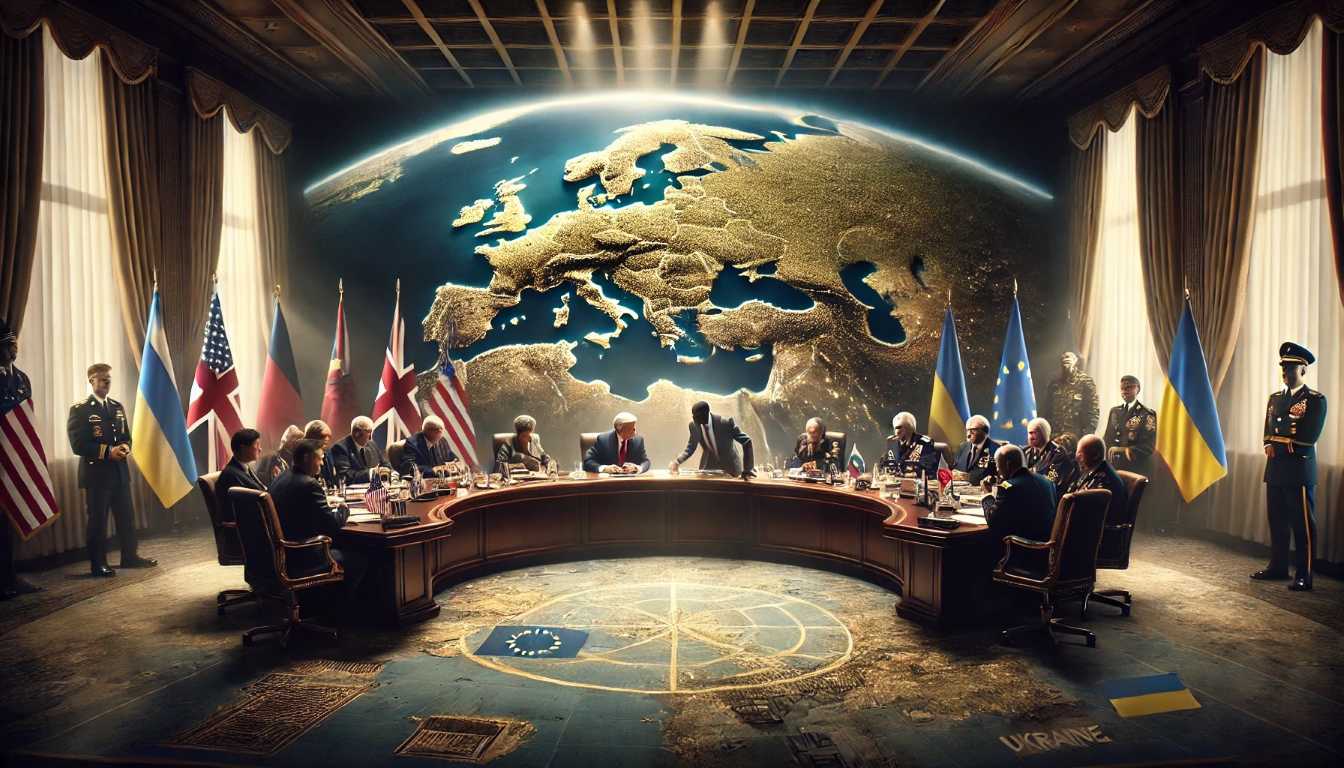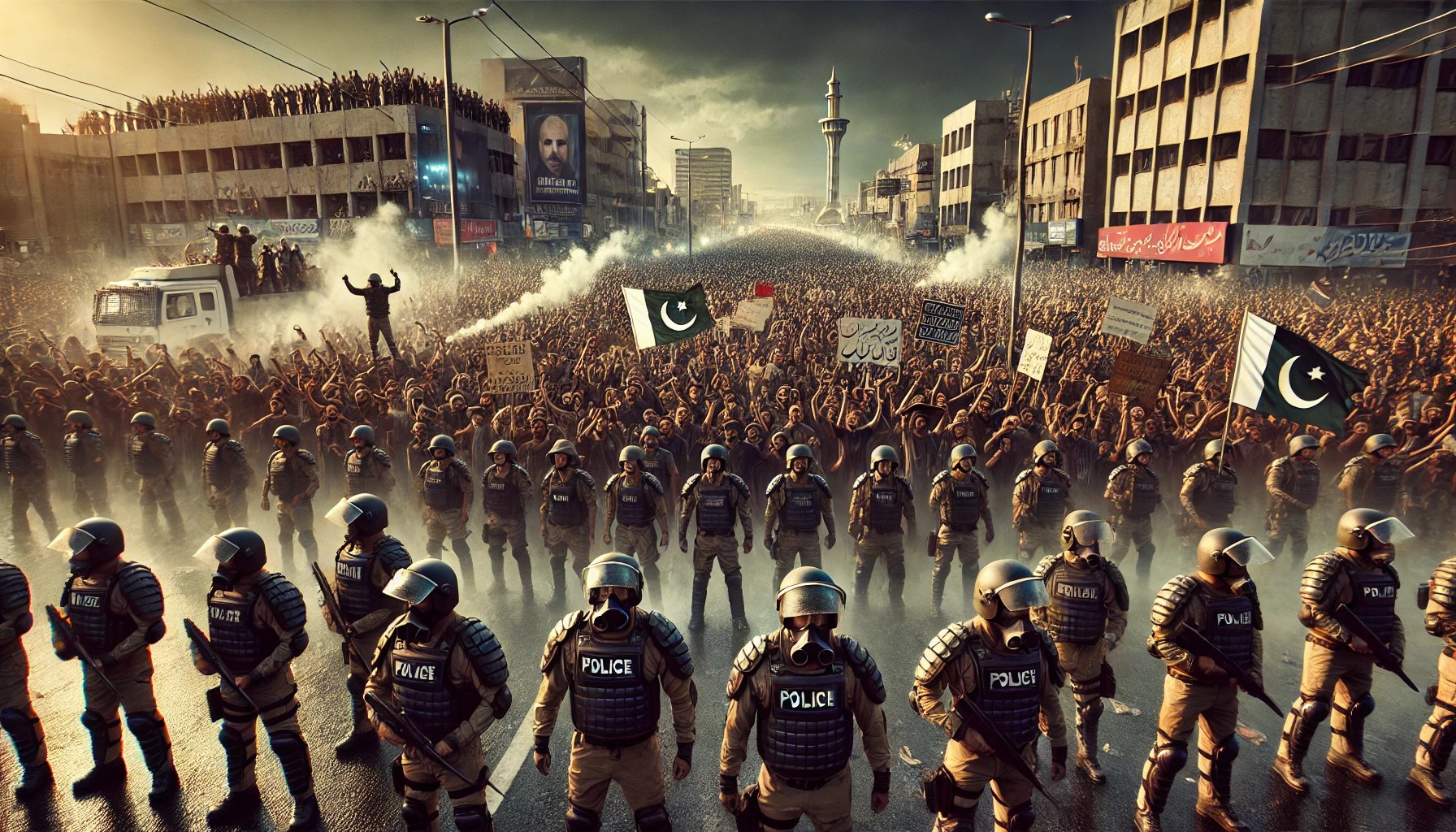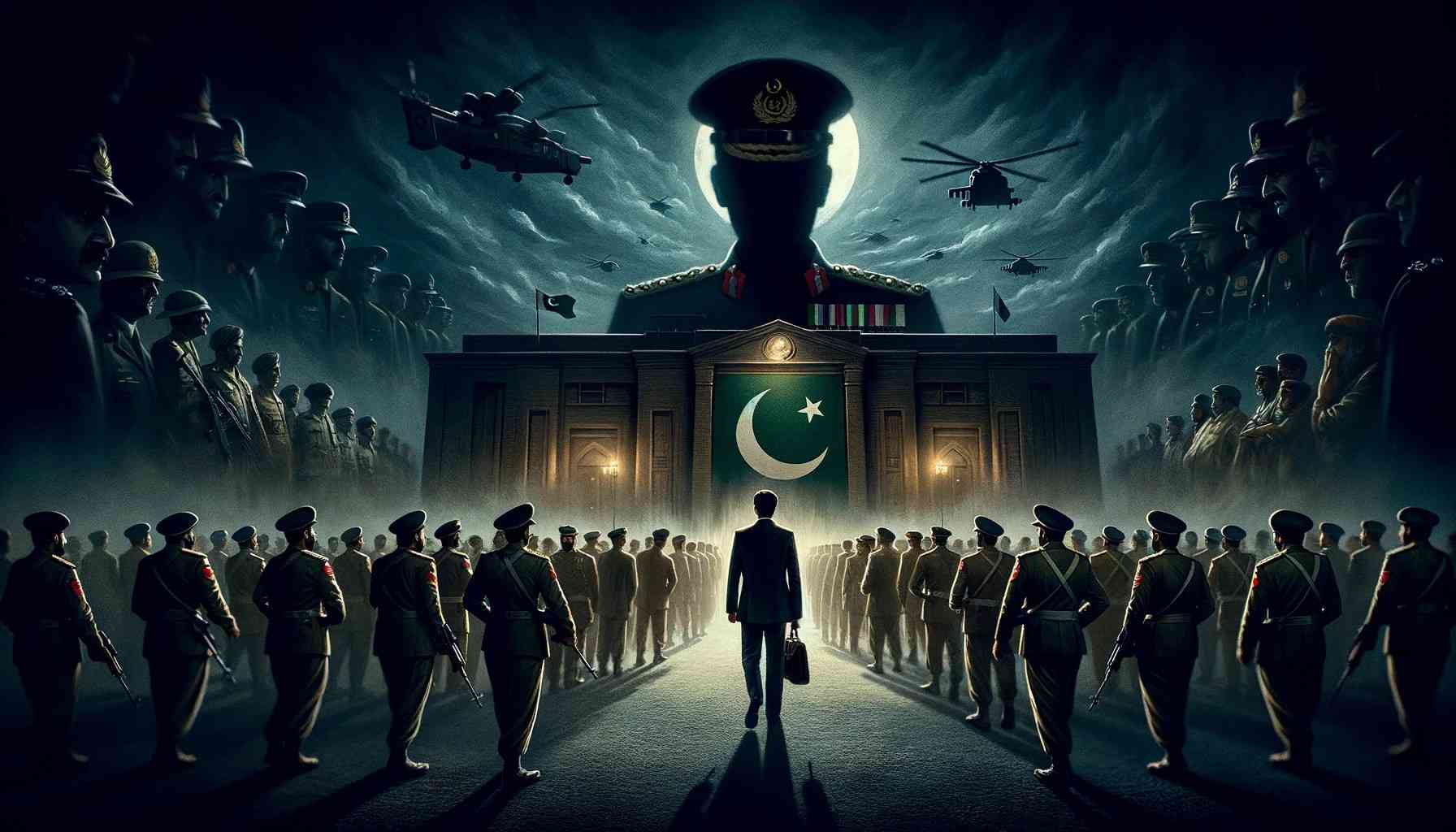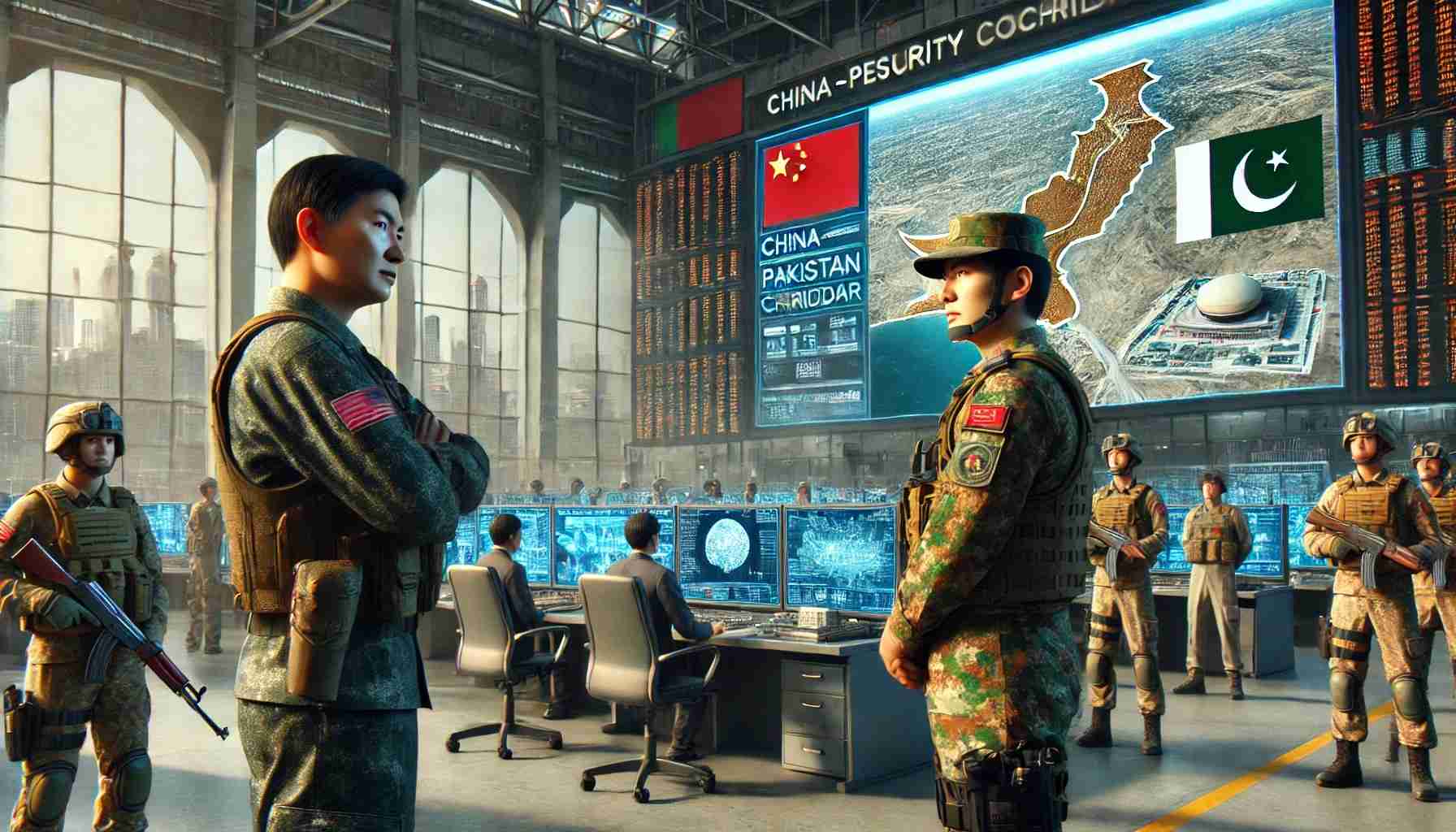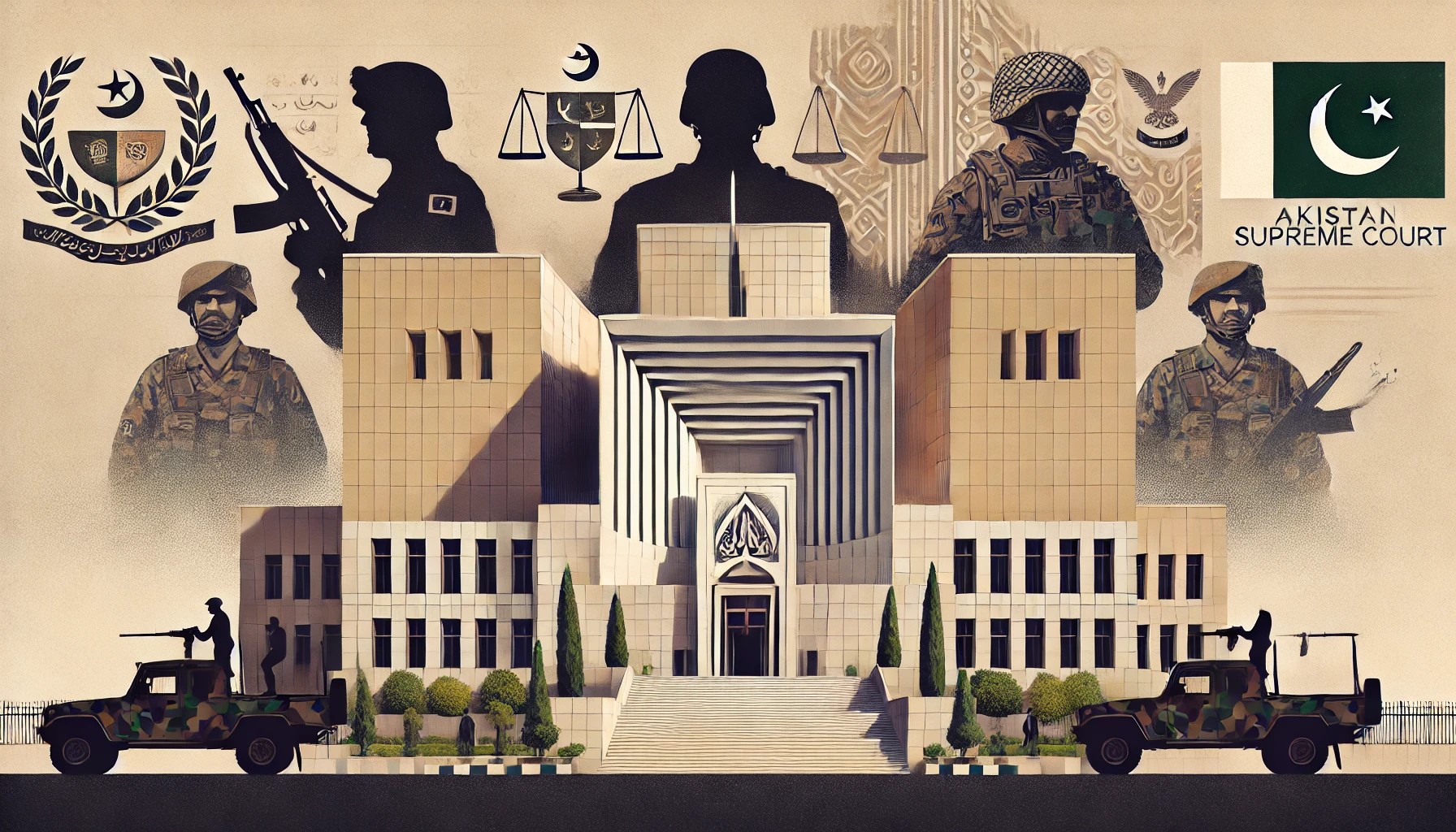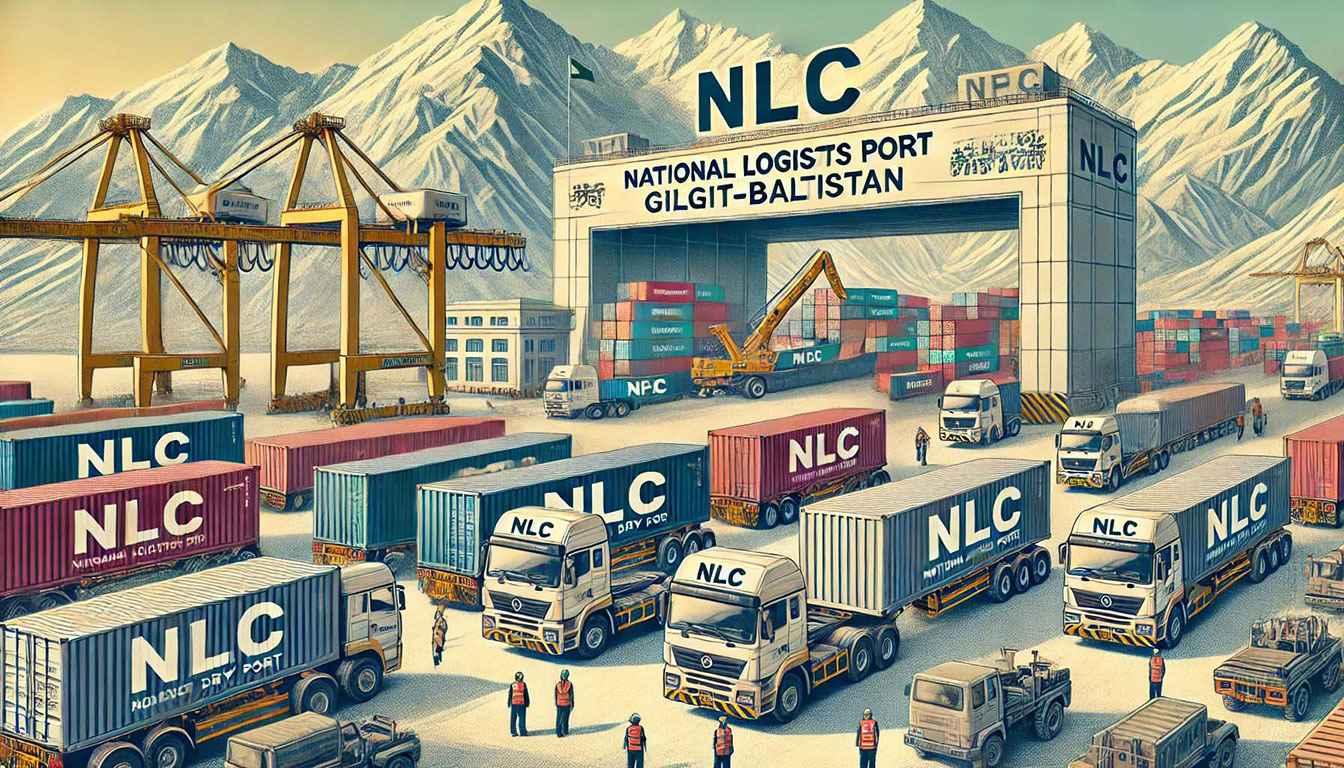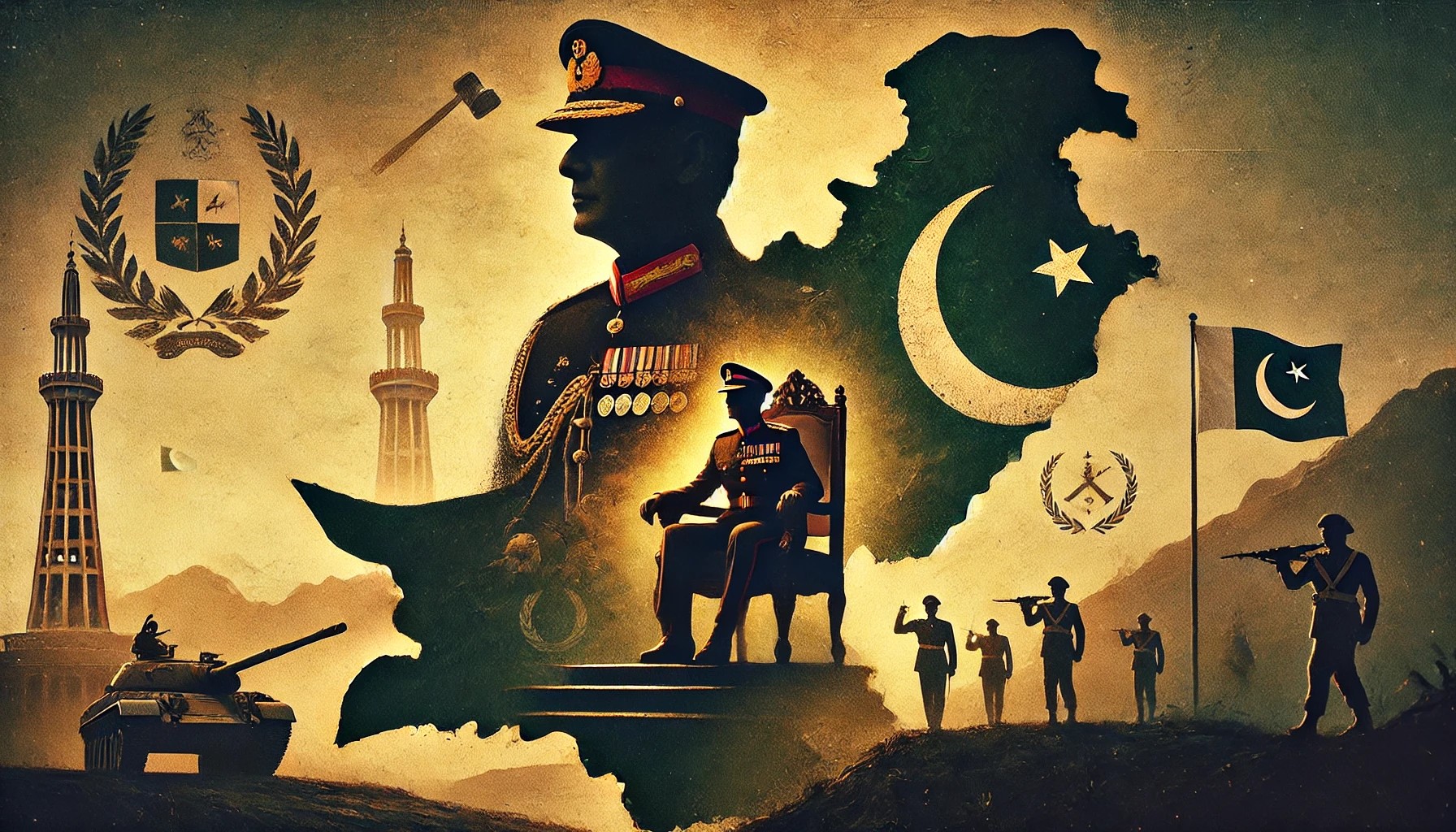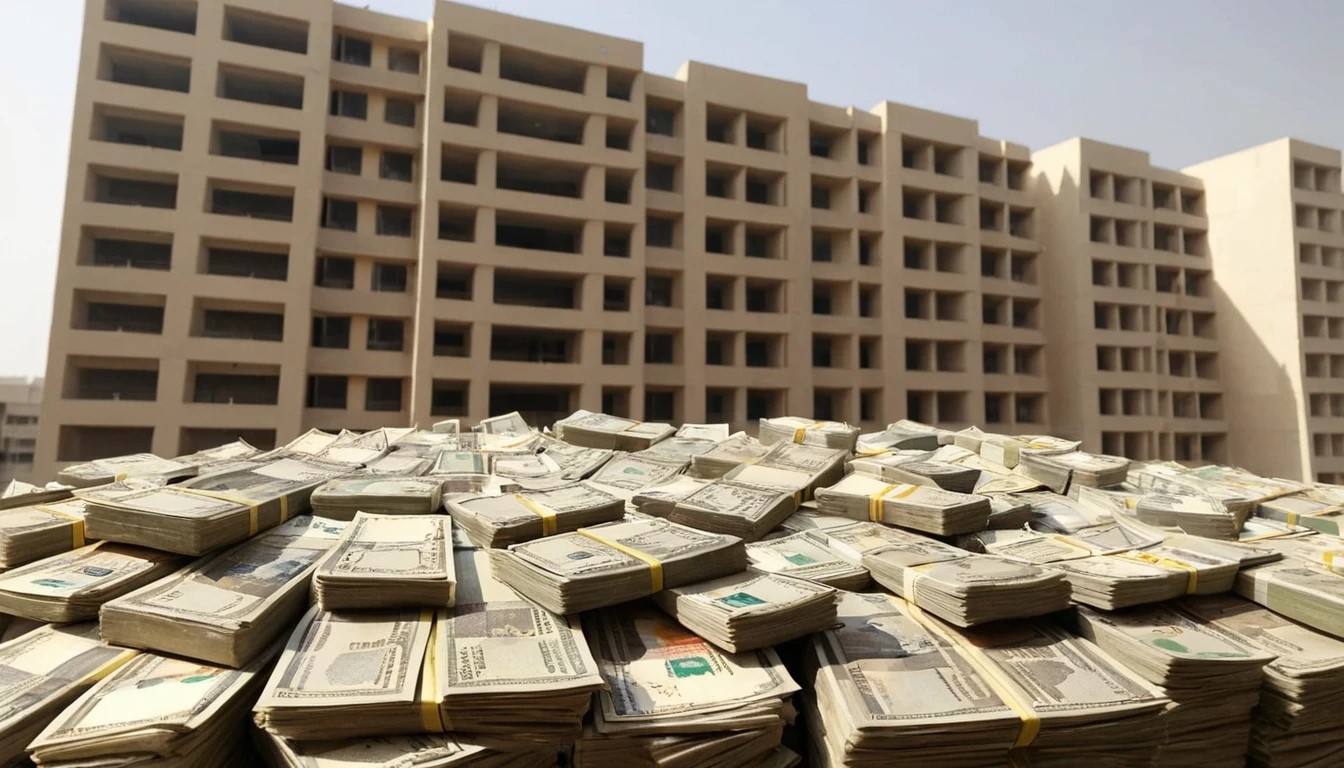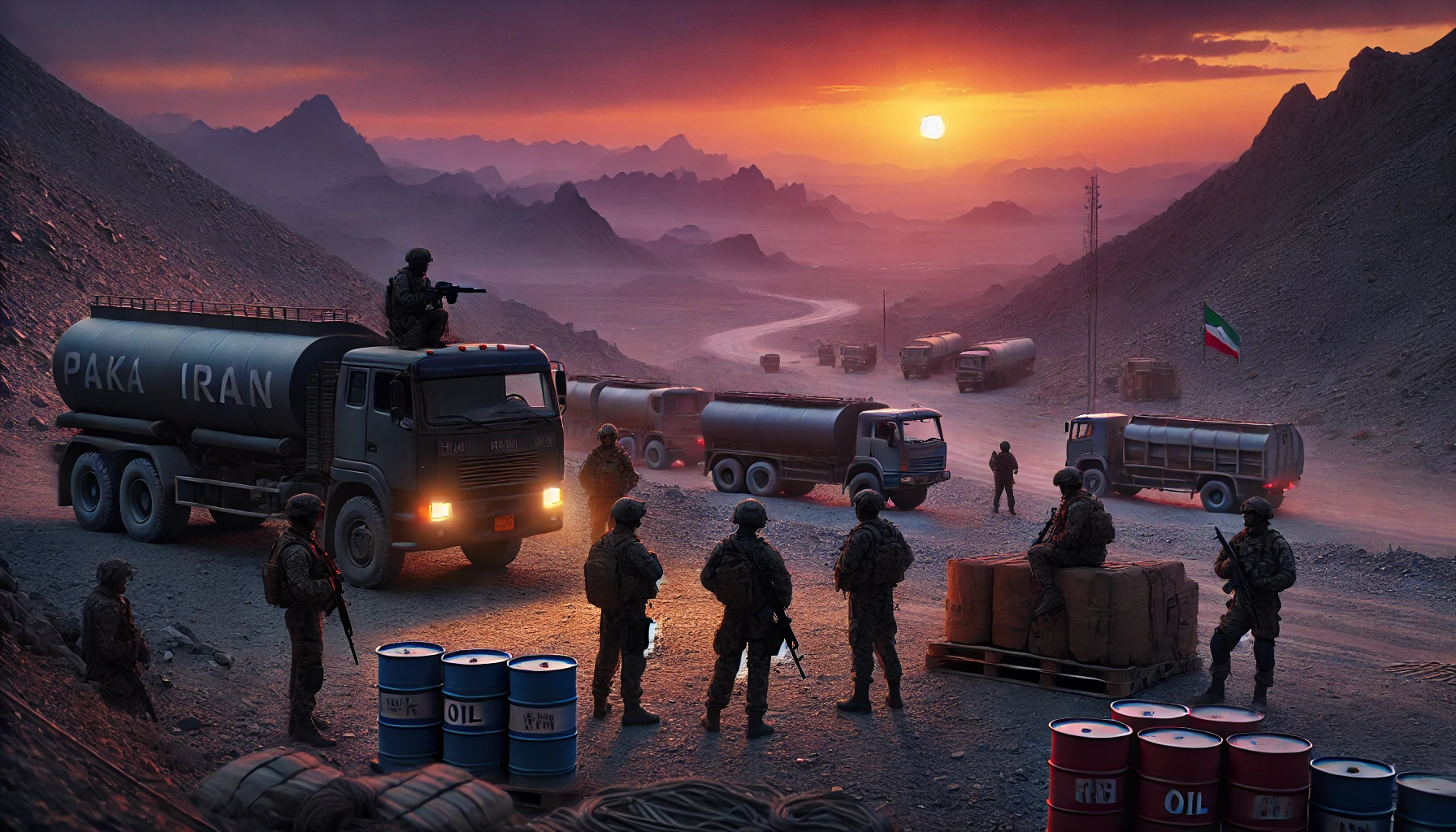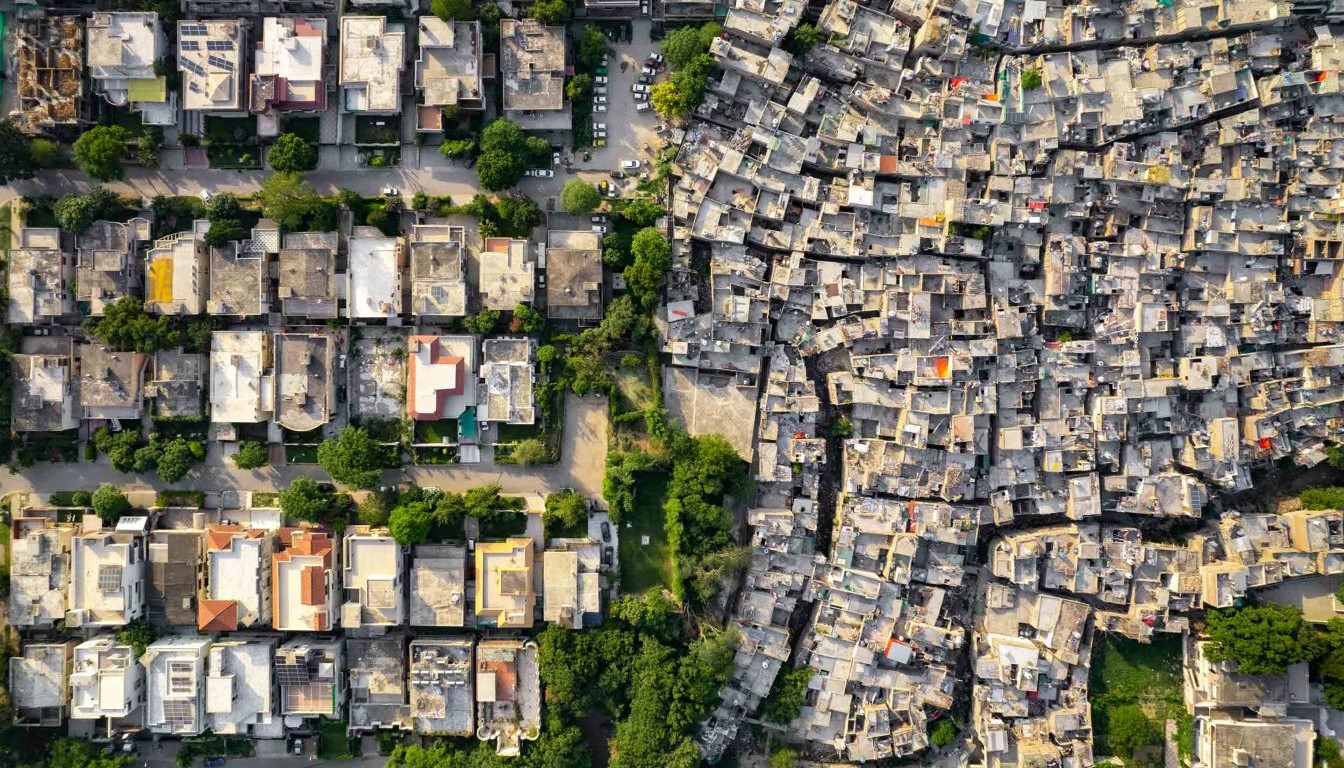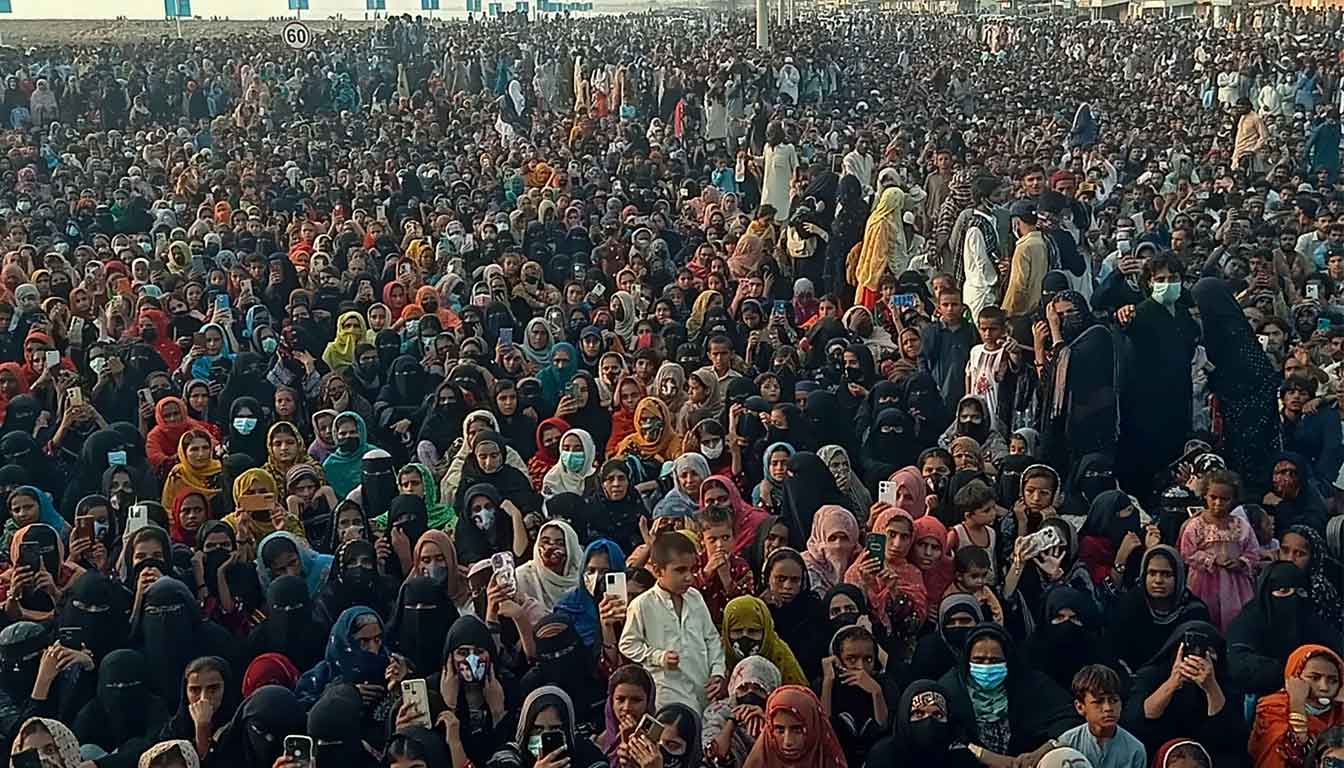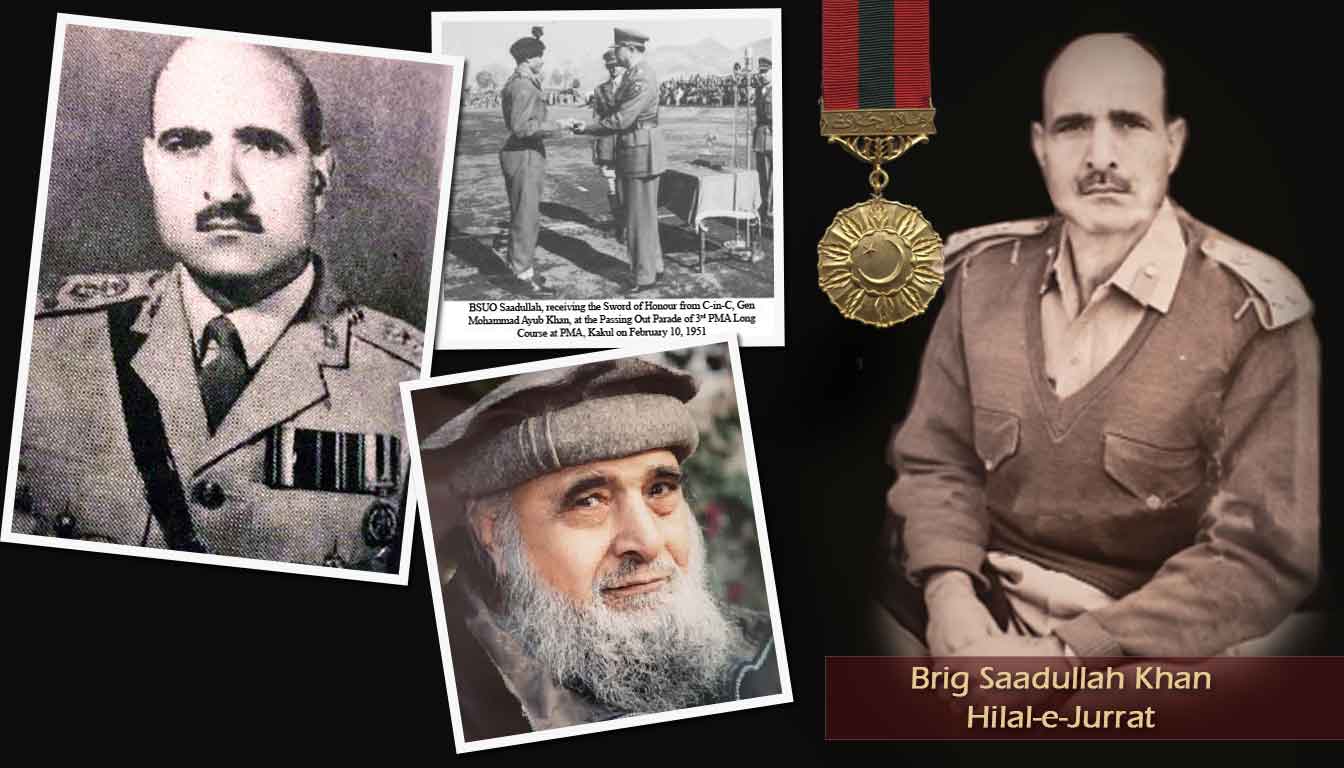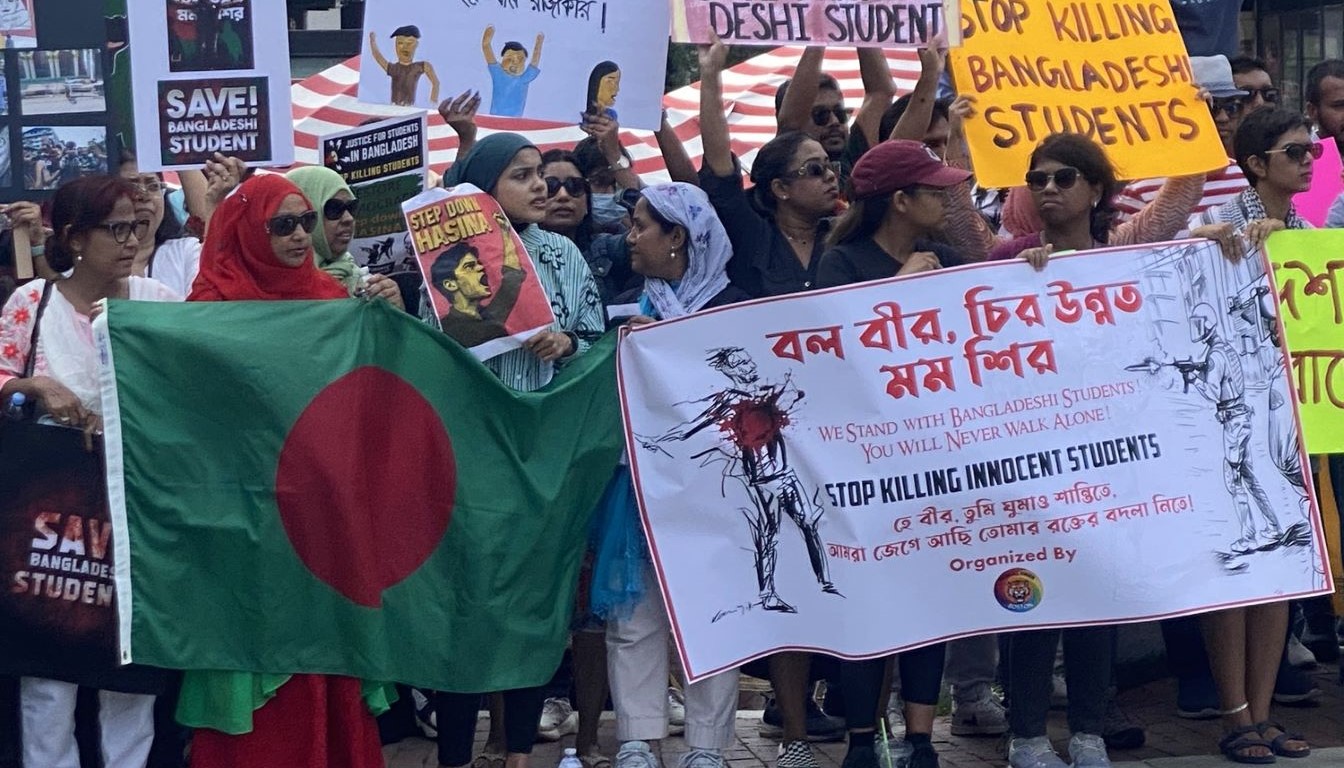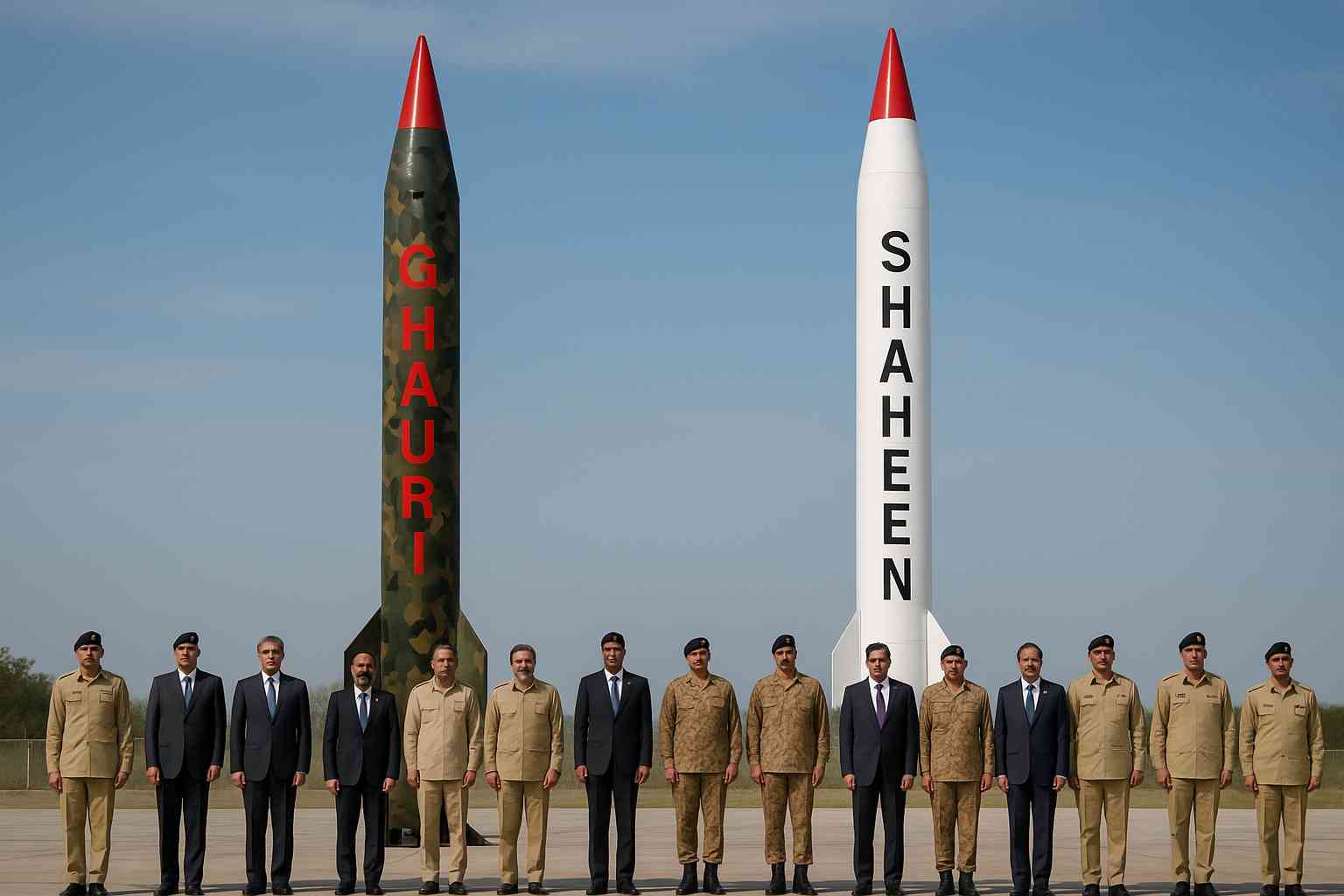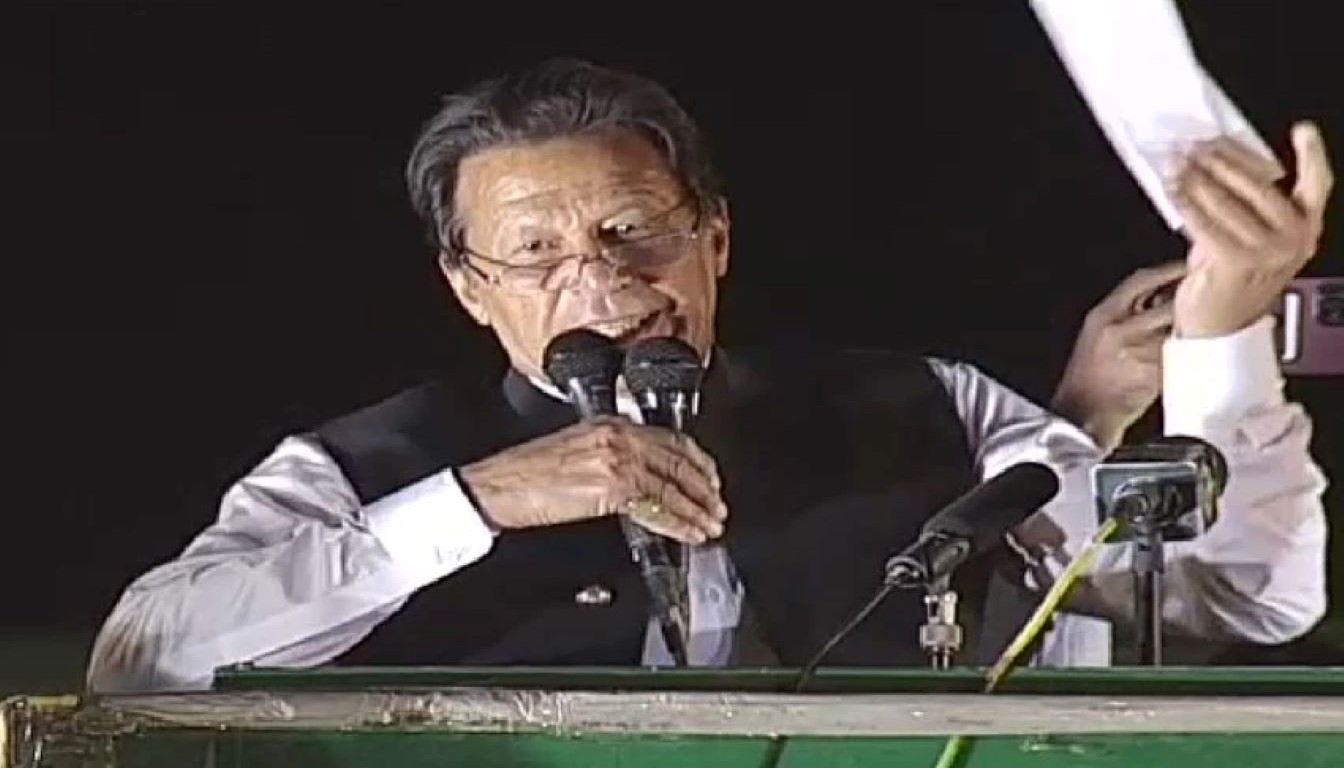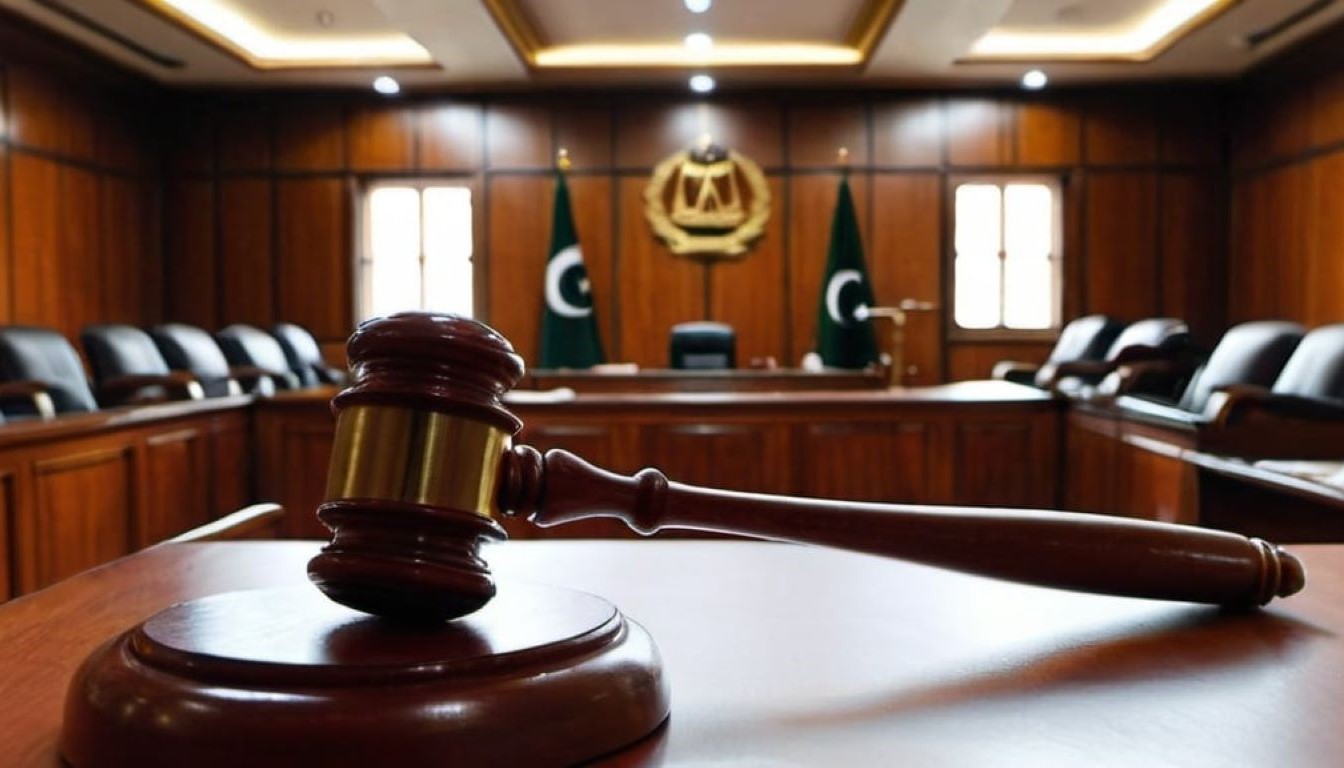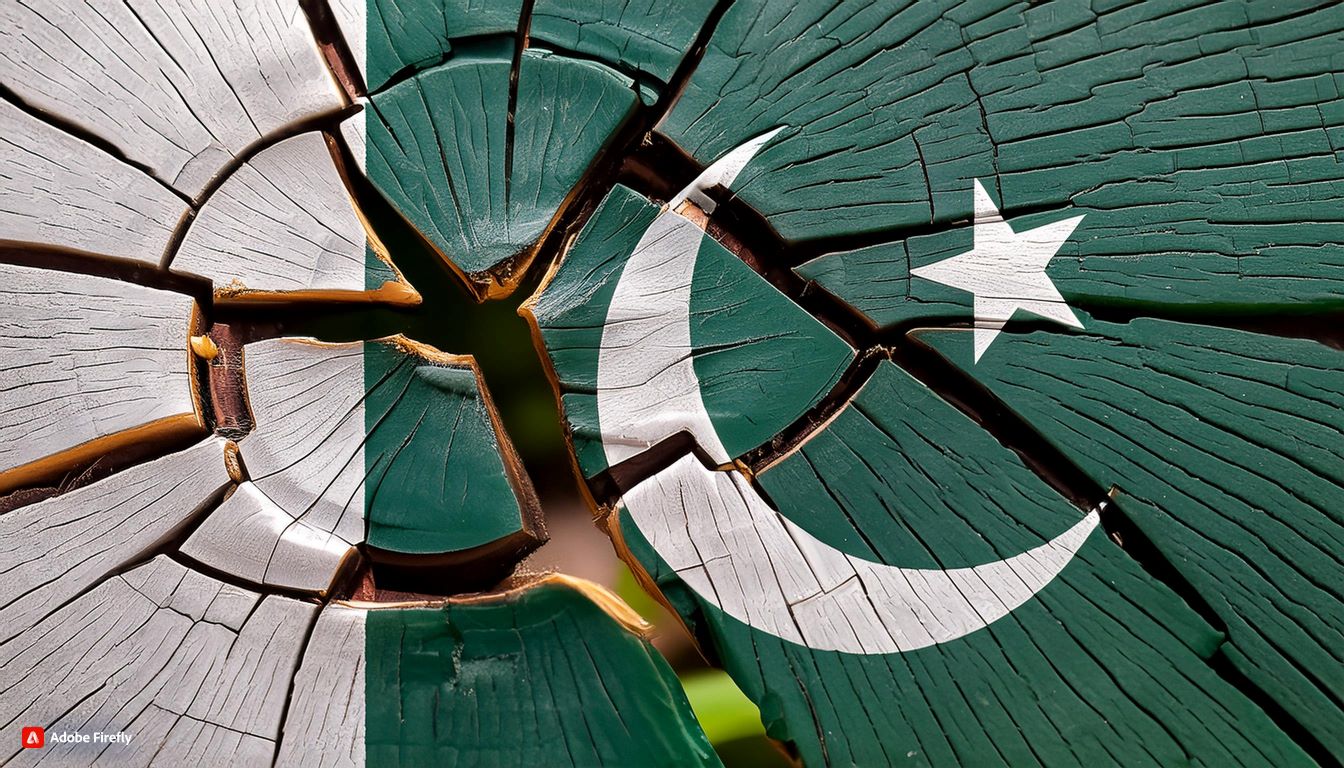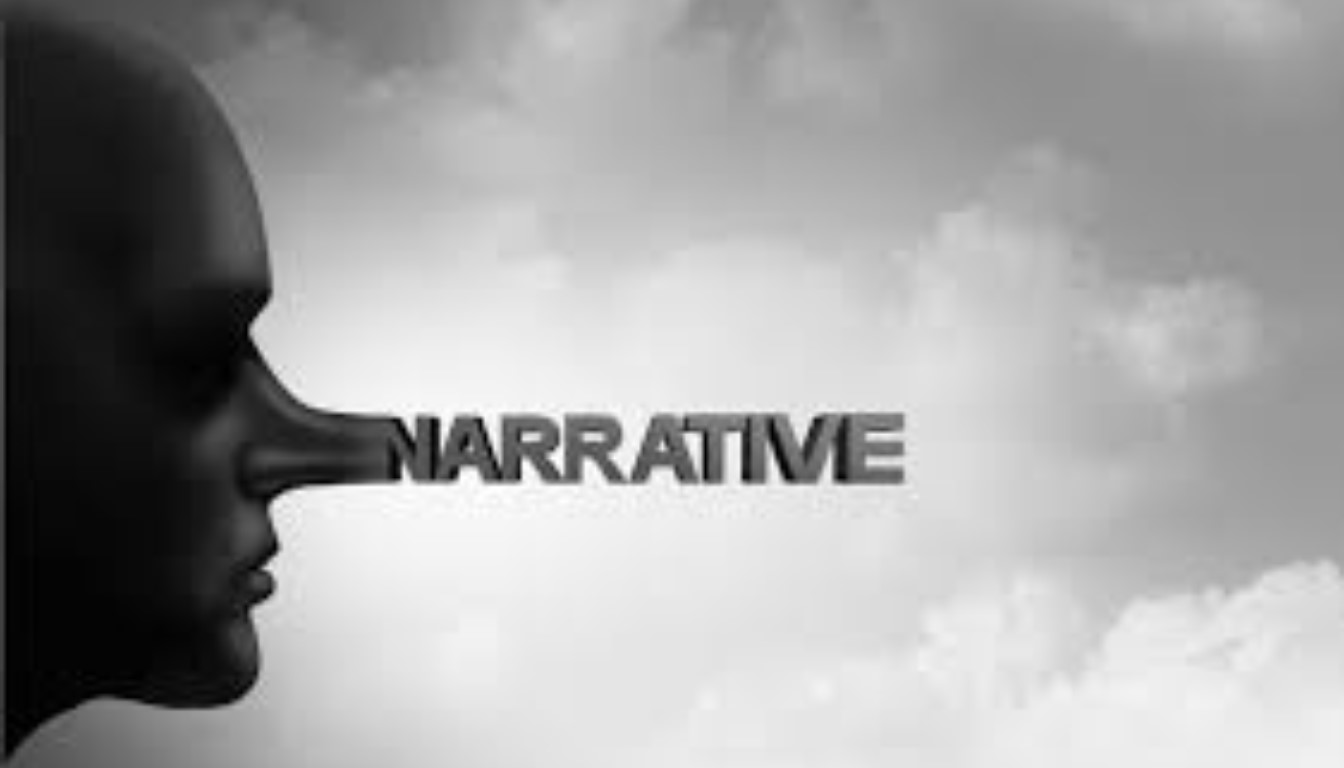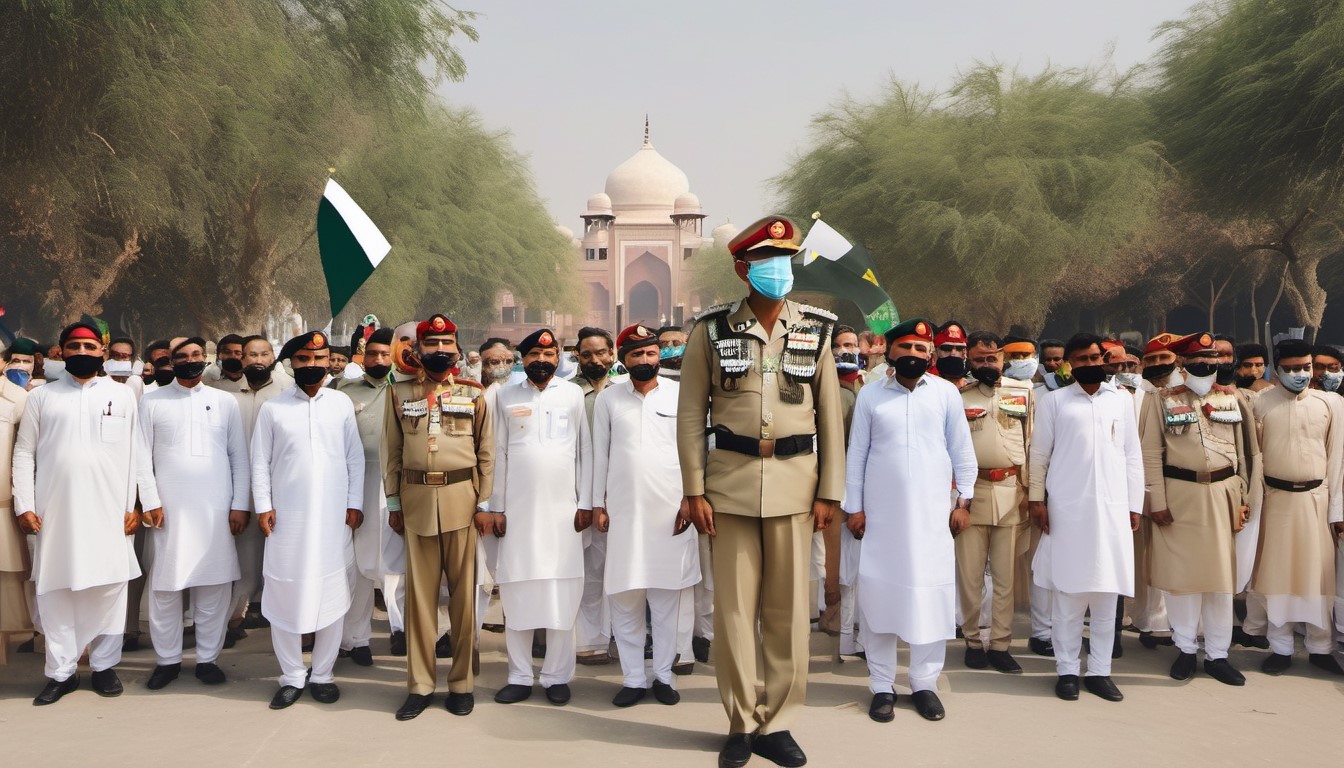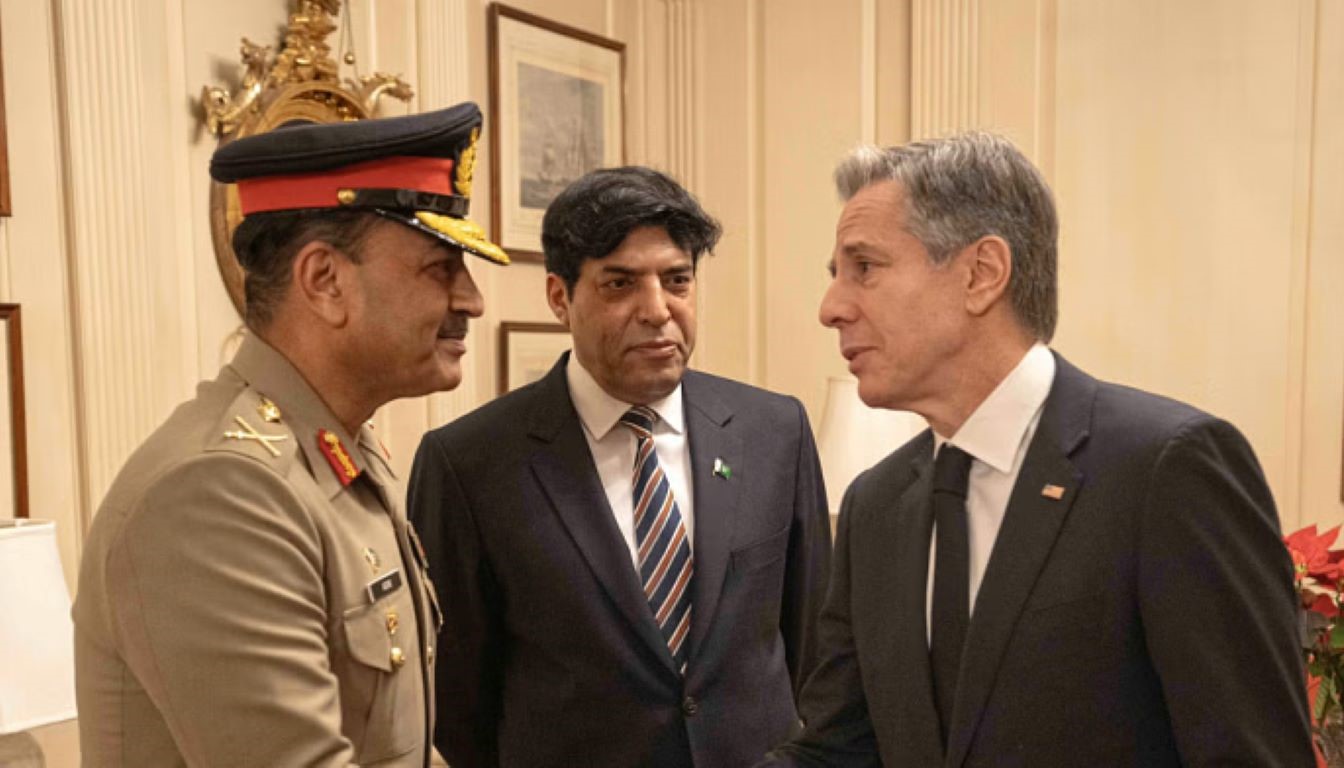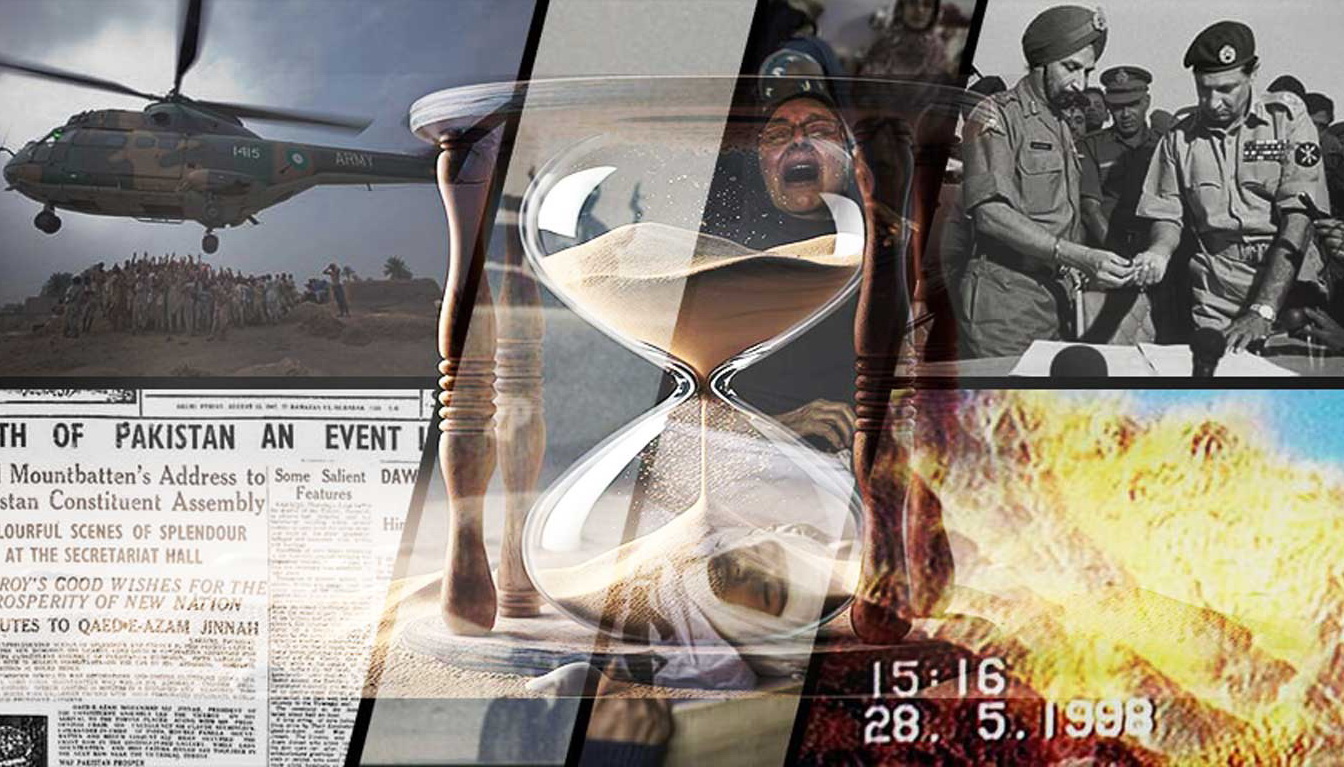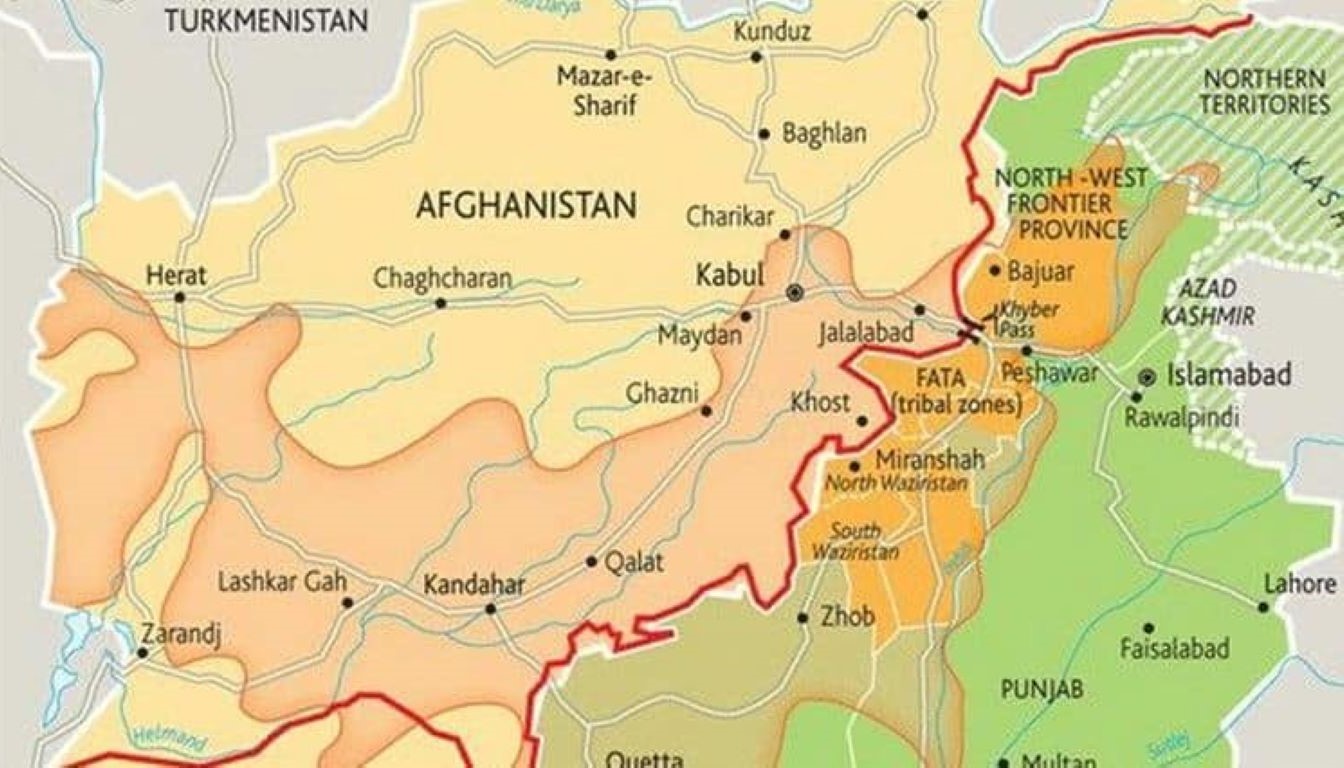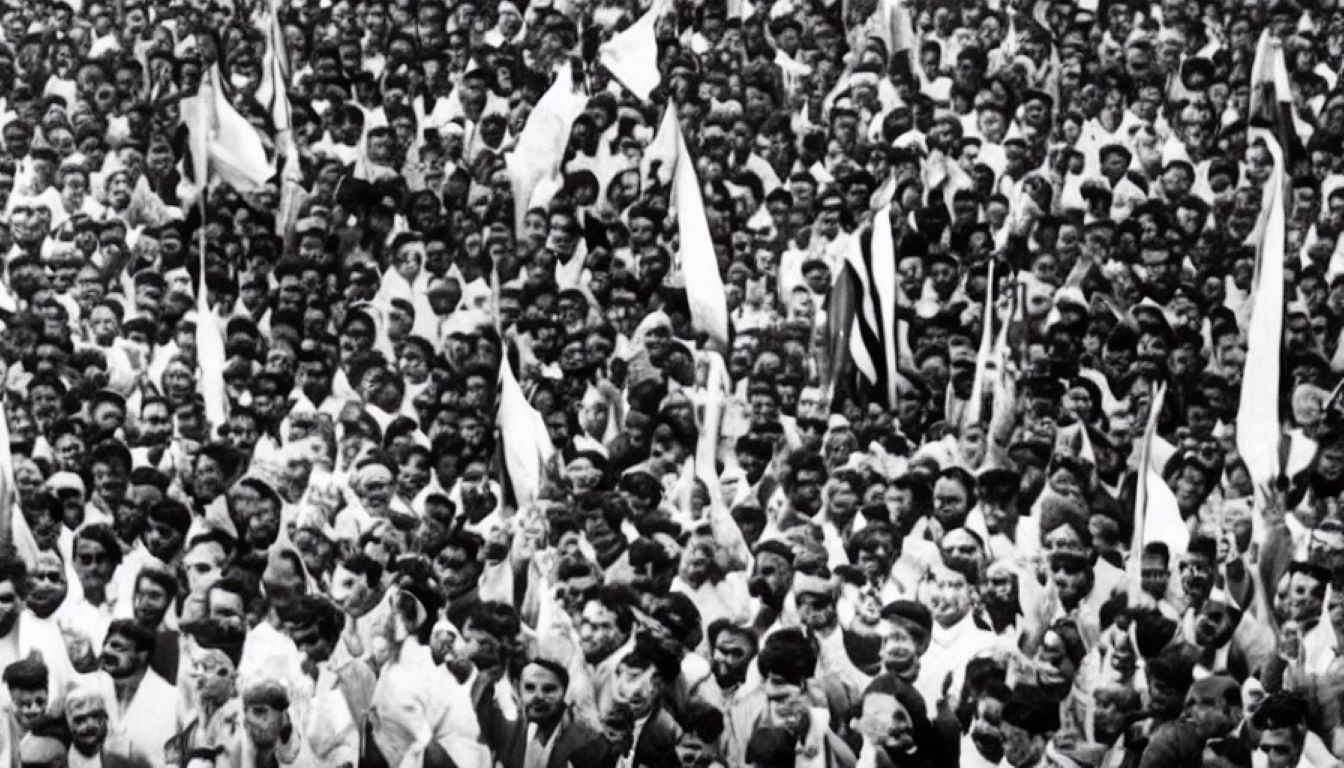In a calculated push to reshape its image on the global stage, Pakistan has ramped up its lobbying efforts in Washington, D.C., channeling an estimated $600,000 per month into influential firms to secure favorable narratives and bolster diplomatic ties. This surge coincides with the recent signing of a landmark mutual defense pact with Saudi Arabia, a move that has drawn both acclaim and scrutiny from international analysts. As Islamabad navigates economic recovery and regional alliances, questions arise about the ethics and effectiveness of such high-stakes influence campaigns, particularly in the shadow of the Trump administration’s evolving foreign policy.
The defense agreement, inked on September 17, 2025, by Saudi Crown Prince Mohammed bin Salman and Pakistani Prime Minister Shehbaz Sharif in Riyadh, marks a significant escalation in bilateral security cooperation. The pact stipulates that any aggression against one nation will be treated as an attack on both, effectively formalizing a long-standing alliance between the nuclear-armed Pakistan and the oil-rich kingdom. Pakistani Defense Minister Khawaja Asif has publicly stated that Pakistan’s nuclear capabilities could be extended to Saudi Arabia if required, a declaration that has raised alarms about potential proliferation risks in the volatile Middle East.
Analysts suggest the deal is less about an immediate “nuclear umbrella” for Saudi Arabia and more about strategic posturing amid shifting West Asian dynamics, including tensions with Iran and Yemen. The agreement comes at a time when Saudi Arabia perceives waning U.S. reliability, prompting Riyadh to diversify its security partnerships. For Pakistan, the pact not only promises economic infusions—Saudi Arabia has been a key lender during Islamabad’s financial crises—but also enhances its geopolitical leverage against rivals like India.
Parallel to this diplomatic milestone, Pakistan’s lobbying machine in the U.S. has gone into overdrive. According to disclosures under the Foreign Agents Registration Act (FARA), Pakistan is outspending India by a ratio of 3:1 on lobbying activities, with monthly expenditures hovering around $600,000. This includes contracts with at least six firms, such as those linked to the Trump orbit, aimed at gaining access to the White House, Congress, and key agencies. Despite Pakistan’s prolonged economic challenges, including a near-default in 2023, these investments are seen as strategic bets to influence U.S. policy, particularly under a potential second Trump term.
One prominent voice in this narrative is South Asia expert Michael Kugelman, a senior fellow at the Wilson Center and contributor to Foreign Policy. In a recent post on X (formerly Twitter), Kugelman highlighted Pakistan’s turnaround: “Two years ago, Pakistan’s politics were in crisis & its economy was on the brink of default. Today, its economy is stabilizing, its leadership has regained support following the conflict with India, and it’s resurrecting and fortifying alliances with key powers.”
How times change. Two years ago, Pakistan’s politics were in crisis & its economy was on the brink of default. Today, its economy is stabilizing, its leadership has regained support following the conflict with India, and it’s resurrecting and fortifying alliances with key powers.
— Michael Kugelman (@MichaelKugelman) September 19, 2025
He further praised the defense pact, noting that Pakistan now enjoys robust backing from China, Turkey, and Saudi Arabia, placing it in a “very good place” strategically. Kugelman also observed that the agreement navigates Pakistan’s historical neutrality in the Saudi-Iran rivalry, though it may strain ties with Tehran.
Pakistan used to position itself as neutral in the Saudi Arabia-Iran rivalry (but faced pressure from its ally KSA to give it more support). Now it has signed a mutual defense pact with KSA. A major shift, but one perhaps easier to make after the Saudi-Iranian rapprochement deal.
— Michael Kugelman (@MichaelKugelman) September 18, 2025
However, not all observers view this praise as organic. Journalist and former soldier Adil Raja, in a series of posts on X, suggested that such positive commentary might stem from Pakistan’s aggressive lobbying. Raja pointed out that Kugelman’s laudatory remarks align suspiciously with the regime’s interests, quipping, “Or it’s $600,000 per month in lobbying spent by the Pakistani regime talking!”
Or it’s $600,000 per month in lobbying spent by the Pakistani regime talking!
— Adil Raja (@soldierspeaks) September 20, 2025
In another update, Raja alleged that the Pakistani Embassy in Washington is exerting pressure on its hired firms to elicit supportive statements post the Saudi deal, even issuing ultimatums to ensure compliance with the hefty monthly payments.
These claims echo broader concerns about foreign influence in U.S. policymaking. Reports indicate that Pakistan’s lobbying push intensified in the lead-up to the 2024 U.S. elections, with firms negotiating multimillion-dollar contracts to advocate for Islamabad’s interests amid aid cuts and mineral trade deals. Critics argue that while India relies on just two major lobbying giants, Pakistan’s “flood” of six firms reflects a desperate bid to counterbalance New Delhi’s growing clout in Washington.
The implications extend beyond optics. The Saudi-Pakistan pact has prompted reactions from global powers, with the U.S., UK, and France recently blocking a UN proposal to designate groups like the Baloch Liberation Army as terrorists—a move some link to shifting alliances post-deal.
Meanwhile, experts like Simon Henderson from the Washington Institute warn of proliferation risks, questioning whether the agreement could inadvertently escalate nuclear tensions in the region.
As Pakistan’s economy shows signs of stabilization—bolstered by IMF bailouts and foreign investments—the lobbying blitz underscores a regime intent on projecting strength abroad while facing domestic unrest. Whether this $600,000 monthly investment yields lasting dividends or merely fleeting praise remains to be seen, but it highlights the intricate web of money, influence, and geopolitics defining South Asia’s power plays in 2025.




